BAAI CONFERENCE
The BAAI Conference is an annual event and is regarded as the largest and most professionally comprehensive conference in the field of artificial intelligence in China. The first conference was held in October 2019, and it has since been successfully held for five consecutive years. With a focus on internationalism, authority, and professionalism, the conference invites global experts to deliver speeches and engage in dialogues on the forefront and hot issues of artificial intelligence development. To date, the conference has featured eleven Turing Award winners and attracted over 200 top experts each year. With more than 500,000 viewers from over 30 countries and regions in attendance, the conference serves as a platform for sharing research results, learning cutting-edge knowledge, exchanging practical experience, and establishing collaborative relationships.
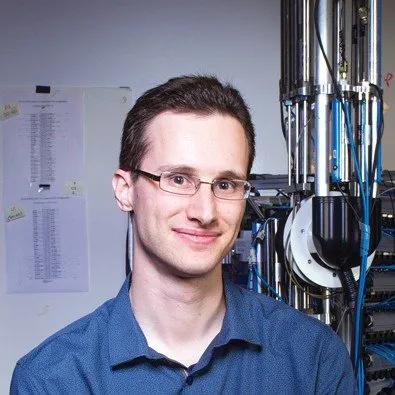
Sergey Levine
Assistant Professor in the Department of Electrical Engineering and Computer Science at UC BerkeleyRecent advances in data-driven AI methods, generative models, and other techniques that can utilize large datasets have led to remarkable advances in generalization and capability. However, to create AI systems that can flexibly and resourcefully find novel solutions to new problems and obstacles they encounter in the real world, we need learning systems that can improve and adapt autonomously. Reinforcement learning offers a potential algorithmic framework to enable this. However, to make RL methods viable for real-world systems, we need to integrate the generalization capabilities that come from training on large prior datasets with the ability of RL methods to adapt on the fly. In this talk, I will describe how we can take steps toward making this possible, and discuss potential applications in robotics and other areas. Bio: Sergey Levine received a BS and MS in Computer Science from Stanford University in 2009, and a Ph.D. in Computer Science from Stanford University in 2014. He joined the faculty of the Department of Electrical Engineering and Computer Sciences at UC Berkeley in fall 2016. His work focuses on machine learning for decision making and control, with an emphasis on deep learning and reinforcement learning algorithms. Applications of his work include autonomous robots and vehicles, as well as applications in other decision-making domains. His research includes developing algorithms for end-to-end training of deep neural network policies that combine perception and control, scalable algorithms for inverse reinforcement learning, deep reinforcement learning algorithms, and more.

Jürgen Schmidhuber
Director of the AI Initiative at King Abdullah University of Science and Technology, Father of Modern AIThe New York Times headlined: "When A.I. Matures, It May Call Jürgen Schmidhuber 'Dad'." He is often called the Father of Modern AI by the media. Since age 15, his main goal has been to build a self-improving Artificial Intelligence smarter than himself, then retire. His lab's deep learning artificial neural networks have revolutionised machine learning and A.I. By 2017, they were on over 3 billion smartphones, and used billions of times per day, for Facebook’s automatic translation, Google’s speech recognition, Google Translate, Apple’s Siri & QuickType, Amazon’s Alexa, etc. Generative AI is also based on his work: he introduced principles of artificial curiosity and generative adversarial networks (1990, now widely used), unnormalised linear Transformers (1991, the "T" in "ChatGPT" stands for "Transformer"), self-supervised pre-training for deep learning (1991, the "P" in "ChatGPT" stands for "pre-trained”), and meta-learning machines that learn to learn (since 1987, now widely used). His lab also produced LSTM, the most cited AI of the 20th century, and the LSTM-inspired Highway Net, the first very deep feedforward net with hundreds of layers (ResNet, the most cited AI of the 21st century, is an open-gated Highway Net). In 2006-2010, he published the "formal theory of fun and creativity." Elon Musk tweeted: "Schmidhuber invented everything." He is recipient of numerous awards, Director of the AI Initiative at KAUST in KSA, Scientific Director of the Swiss AI Lab IDSIA, Adj. Prof. of A.I. at Univ. Lugano, and Co-Founder & Chief Scientist of the company NNAISENSE. He is a frequent keynote speaker at major events, and advising various governments on A.I. strategies.
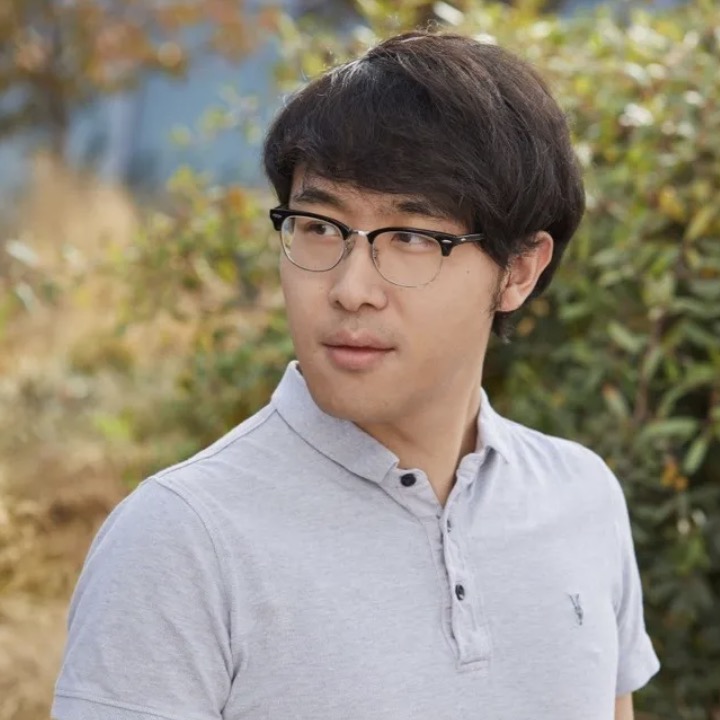
Xie Saining
Assistant Professor at New York UniversitySaining Xie, Assistant Professor of Computer Science at the Courant Institute of Mathematical Sciences and the Center for Data Science at New York University, and visiting scholar at Google Research. Before joining New York University in 2023, he was a research scientist at Meta's FAIR Institute. In 2018, he received his Ph.D. in Computer Science from the University of California, San Diego, under the supervision of Professor Zhuowen Tu. Prior to this, he received his bachelor's degree from the ACM class at Shanghai Jiao Tong University. His research field is computer vision and machine learning, especially scalable visual representation learning, and visual generation and understanding. His research papers have been cited over 50,000 times, and he has been nominated for the Marr Prize, been a finalist for the best paper at CVPR, and received the Amazon Research Award, among others.
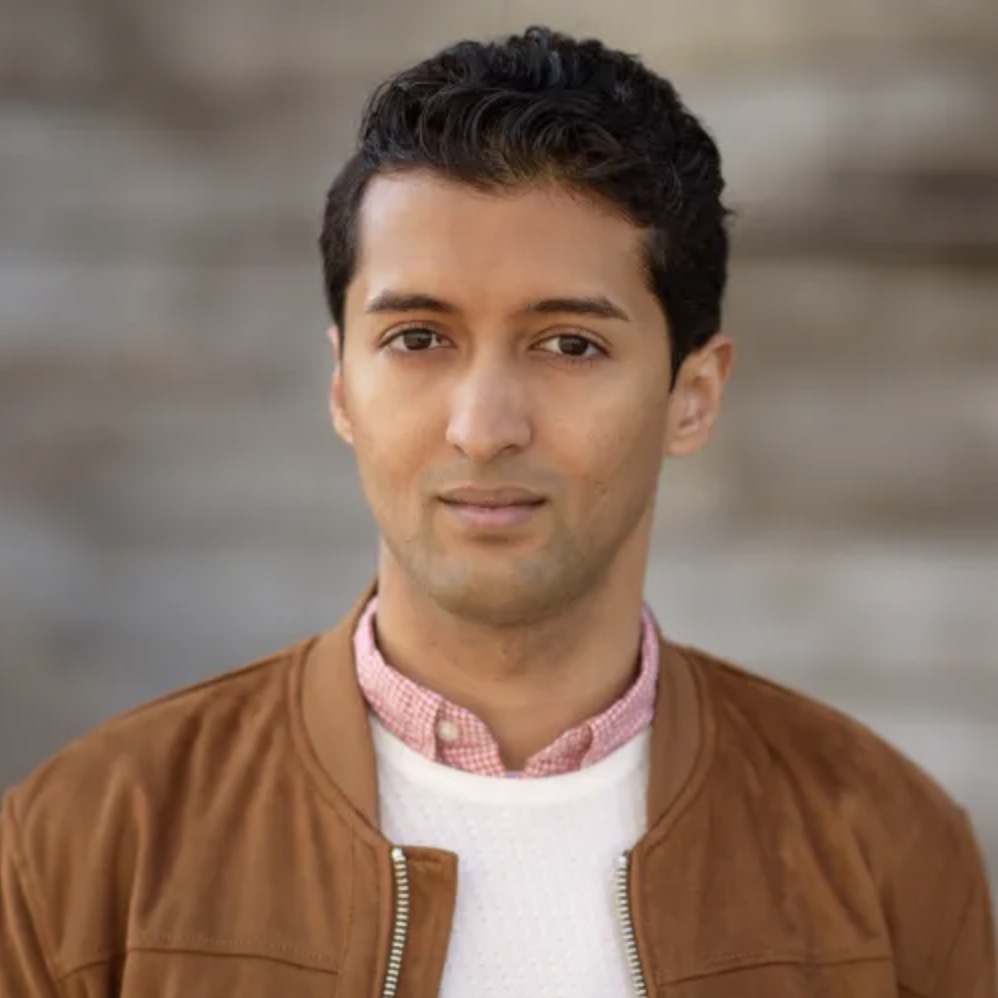
Aditya Ramesh
Senior researcher at OpenAISenior researcher at OpenAI, graduated from New York University, head of research for the Sora team, main author of the DALL·E series, and also participated in the development of GPT-4 and GPT-4o. His greatest interest is to use AI to enhance human creativity

Wang Xiaochuan
Founder and CEO of Baichuan IntelligenceWang Xiaochuan, founder and CEO of Baichuan Intelligence, holds a doctorate in computer science and technology from Tsinghua University and is co-dean of the Tian Gong Institute of Intelligent Computing. He previously served as CEO of Sogou. In high school, he used the Wu Wenjun elimination method to complete all proofs of elementary geometry propositions on a microcomputer for the first time. He has won numerous awards, including a gold medal at the International Olympiad in Informatics (IOI), the first prize of the Beijing Science and Technology Award, the China Youth Science and Technology Award, the first prize of the Science and Technology Progress Award of the China Institute of Electronics, and the first prize of the Qian Weichang Chinese Information Processing Science and Technology Award. Wang Xiaochuan has served as a member of the 13th National Committee of the Chinese People's Political Consultative Conference and a member of the Proposal Committee, a member of the Central Committee of the Jiusan Society and director of the Work Committee for Promoting Technological Innovation, and a member of the Advisory Committee of the Computer Science Department of Tsinghua University. Since the establishment of Baichuan Intelligence, he has led the development of four open-source large models that can be used for free commercial purposes, including Baichuan-7B/13B, Baichuan2-7B/13B, as well as eight closed-source large models such as Baichuan-53B, Baichuan2-53B, Baichuan2-192K, Baichuan2 Turbo, Pengcheng-Baichuan Brain 33B, Baichuan-NPC, Baichuan 3, and Baichuan 4. On August 31, 2023, Baichuan Intelligence passed the filing of the "Interim Measures for the Management of Generative Artificial Intelligence Service Management" and became the only startup large model company among the first batch. During his tenure as CEO of Sogou, Wang Xiaochuan led the development of products such as Sogou Search, Sogou Input Method, and Sogou Browser, pioneering the only successful model of breaking through search as an industry follower - the "three-stage rocket" model, and successively promoted strategic investments from Alibaba and Tencent in Sogou. In 2017, he led Sogou to go public on the New York Stock Exchange.
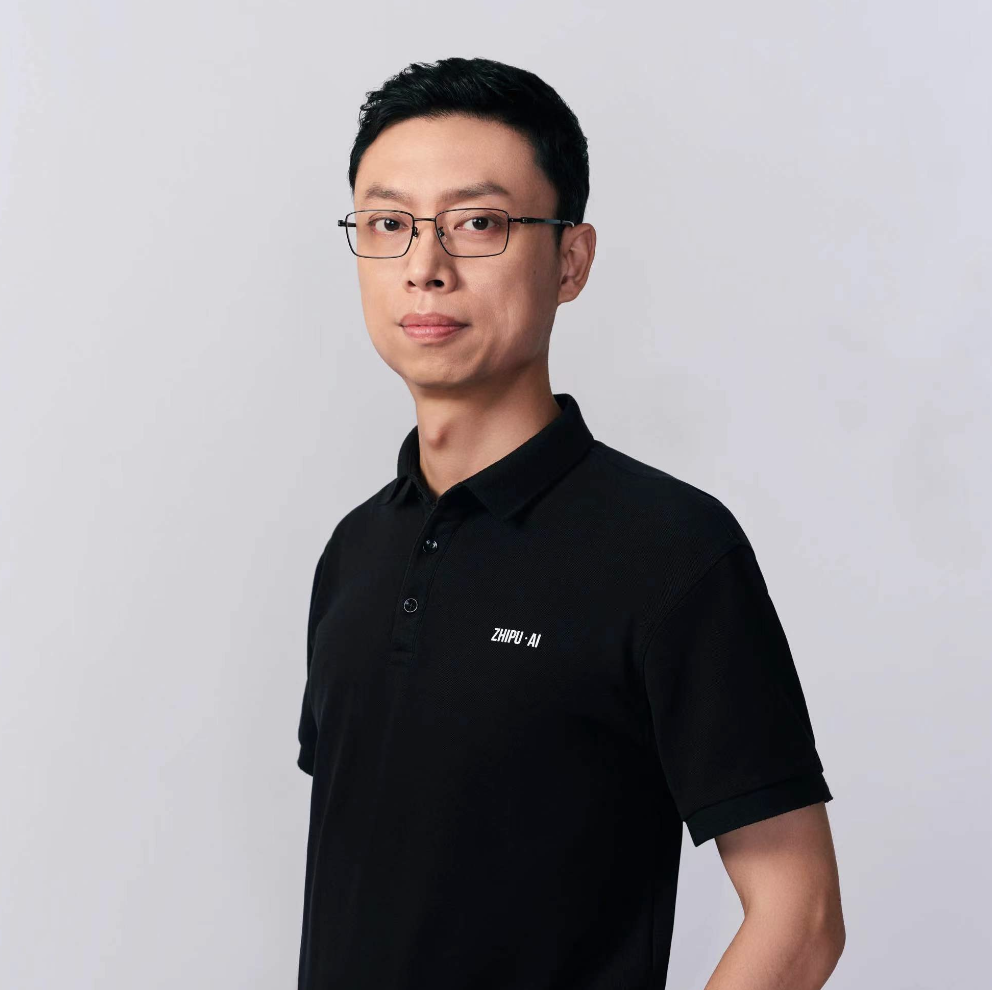
Zhang Peng
CEO of Beijing Knowledge Atlas Technology Co., Ltd (Zhipu AI)Zhang Peng is the CEO of Beijing Knowledge Atlas Technology Co., Ltd (Zhipu AI), graduated from the Department of Computer Science and Technology at Tsinghua University, and obtained his 2018 Innovative Leadership Engineering Doctor from Tsinghua University. His research areas include knowledge graphs and large-scale pre-trained models. Mr. Zhang has been involved as a principal researcher in the development of projects such as the GLM series of large models, AMiner (https://aminer.cn), and XLORE (http://xlore.cn). He has published more than 10 articles at top conferences such as ICML (International Conference on Machine Learning) and ISWC (International Semantic Web Conference). Mr. Zhang has long been committed to the practical application of an artificial intelligence framework driven by both knowledge and data, and has extensive practical experience in areas such as large-scale pre-trained models, semantic big data analysis, intelligent question answering, and assistive decision-making.

Stuart Russell
Professor at the University of California, BerkeleyProfessor at the University of California, Berkeley. ACM Fellow, AAAI Fellow, AAAS Fellow. He was honored with the IJCAI Computers and Thought Award in 1995. His book 'Artificial Intelligence: A Modern Approach', co-authored with Google Research Director Peter Norvig, is an authoritative textbook on artificial intelligence. In 2020, his new book 'Human Compatible: Artificial Intelligence and The Problem of Control' was published in China
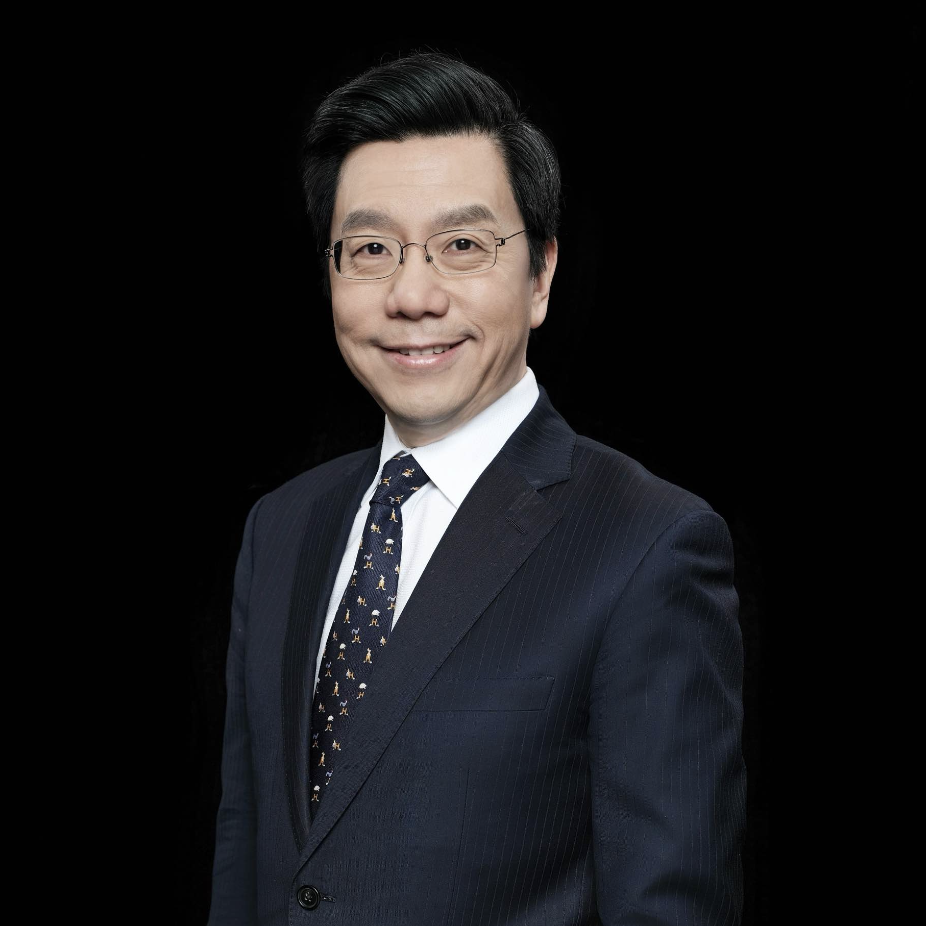
Dr. Kai-Fu Lee
CEO,01.AI Chairman, Sinovation VenturesDr. Kai-Fu Lee is the Chairman of Sinovation Ventures and President of Sinovation Venture’s Artificial Intelligence Institute. Sinovation Ventures, managing US$3 billion dual currency investment funds, is a leading venture capital firm focusing on developing the next-generation deep tech companies. With a unique “VC+AI” model, Dr. Lee also leads the venture-building efforts of seven AI startups including the latest 01.AI, a new company capturing the LLM-driven AI 2.0 opportunity. Before founding Sinovation, Dr. Lee was the President of Google China, and a senior executive at Microsoft, SGI, and Apple. Dr. Lee received his Bachelor's degree in Computer Science from Columbia University, a Ph.D. from Carnegie Mellon University, and Honorary Doctorate Degrees from both Carnegie Mellon and the City University of Hong Kong. He co-chaired the Artificial Intelligence Council for the World Economic Forum Center for the Fourth Industrial Revolution and is highly recognized as “TIME100 AI” Top 25 AI Leaders in the World, 100 Most Influential People in the World by TIME Magazine in 2013, WIRED 25 Icons, and followed by over 50 million audiences on social media.
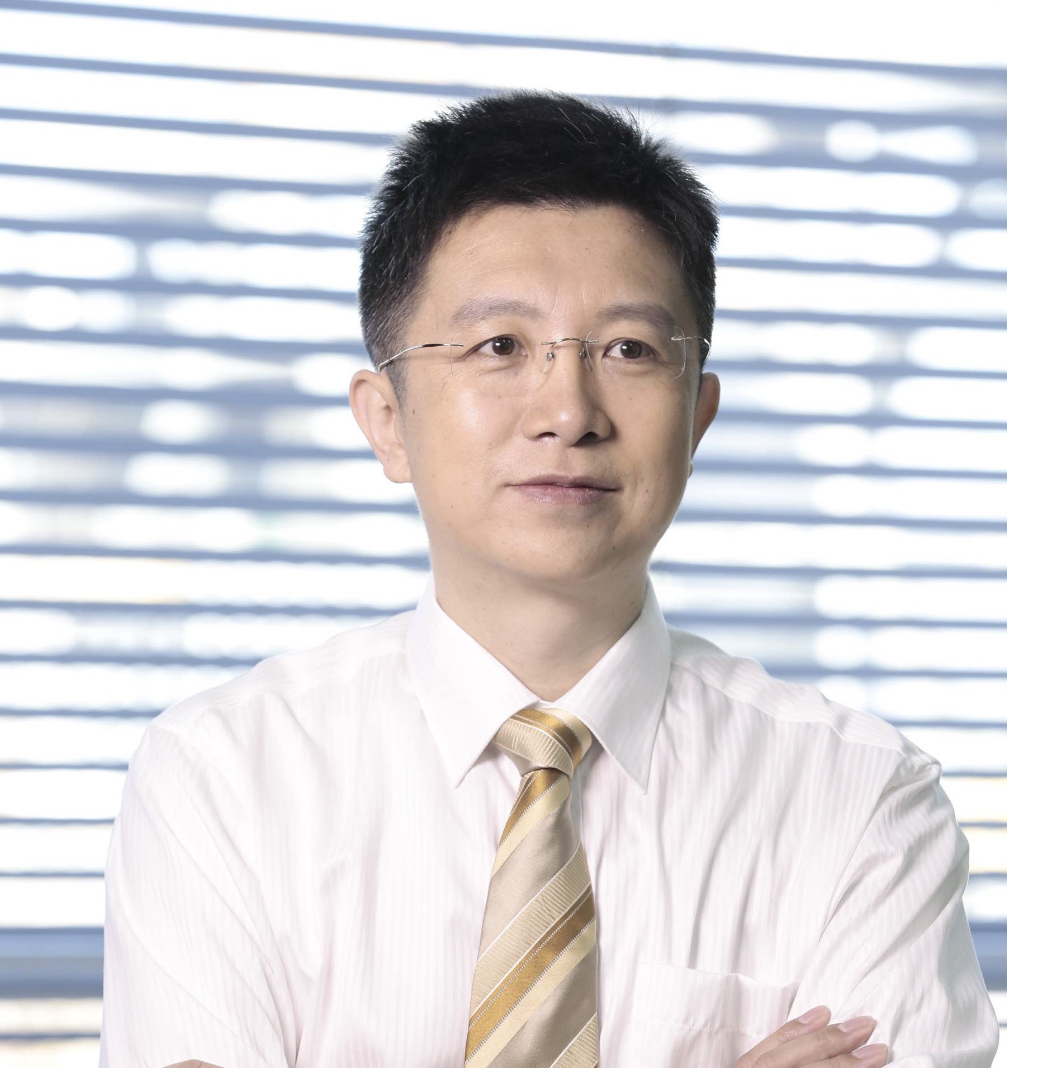
Wang Haifeng
CTO of Baidu, Director of the National Engineering Research Center of Deep Learning Technology and Application. Awarded the title of National Outstanding EngineerHaifeng Wang, CTO of Baidu, Director of the National Engineering Research Center of Deep Learning Technology and Application. Awarded the title of National Outstanding Engineer. Haifeng Wang served as the president of the Association for Computational Linguistics (ACL) in 2013 and he is the founding chair of ACL’s Asia-Pacific chapter. He is currently an ACL fellow, IEEE fellow and an academician of International Eurasian Academy of Science. He also serves as the Vice Chairman of the Chinese Institute of Electronics, Chinese Information Processing Society of China and Chinese Society of Engineers. Haifeng Wang was awarded the National Technological Invention Award, National Science and Technology Progress Award, China Patent Golden Award, Guanghua Engineering Science and Technology Award, and the Outstanding Contribution Award of Wu Wen Jun AI Science and Technology Award. He was recognized as one of the young and middle-aged experts with outstanding contributions and selected into the New Century Talents Project. Haifeng Wang is an expert enjoying special government allowance of the State Council and he was selected into Beijing Scholar Program.

Xiao Tete
Co-founder and CEO of Prompt AI,Author of SAMTete Xiao is the Co-Founder and CEO of Prompt AI. He earned his Ph.D. from the Department of Computer Science at the University of California, Berkeley, in 2019, and has spent time conducting research at Facebook AI Research. Prior to his doctoral studies, he received a BSc in Intelligence Science, summa cum laude, from Peking University in 2015. Dr. Xiao's work in the fields of computer vision and robotics has been published in major journals and conferences, including Science Robotics, CVPR, ICCV, ECCV, ICLR, and NeurIPS, with his paper receiving awards at ICCV 2023. Currently, Dr. Xiao is working alongside a dedicated and talented team to bring state-of-the-art visual AI technologies to the general public.
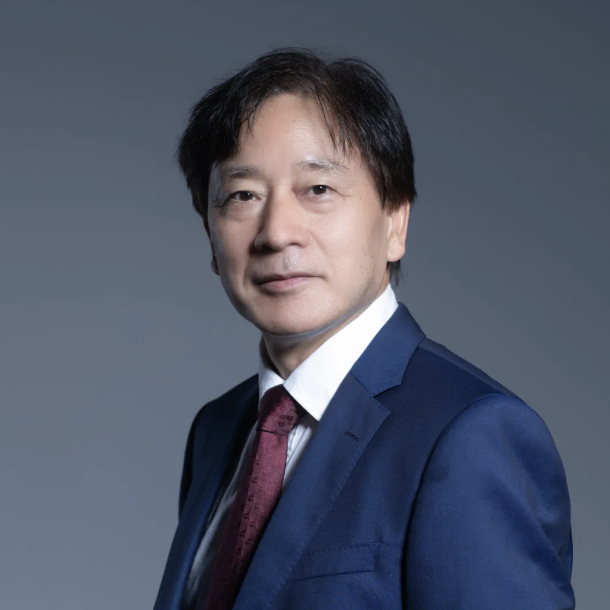
Jin Yaochu
Academician of the European Academy of Sciences, Founder of the "Trustworthy and General Artificial Intelligence Laboratory" at Westlake UniversityJin Yaochu, born in 1966 in Wujiang, Jiangsu, is an academician of the European Academy of Sciences, a Fellow of the International Electrical and Electronics Engineers Association (IEEE Fellow), a National Distinguished Expert, and a Changjiang Scholar Chair Professor. He has served as a "Finland Distinguished Professor" under the Finnish Academy of Sciences and the Finnish National Innovation Bureau, and as a "Humboldt Professor of Artificial Intelligence" under the German Federal Ministry of Education and Research. He obtained his Bachelor’s, Master’s, and Doctoral degrees in Engineering from Zhejiang University in 1988, 1991, and 1996 respectively, and earned another Doctorate in Engineering from Ruhr University Bochum, Germany, in 2001. From 1991 to 1997, he worked at the Department of Electrical Engineering at Zhejiang University as a teaching assistant, lecturer, and associate professor. From 1998 to 1999, he conducted postdoctoral research in the Department of Industrial Engineering at Rutgers University in New Jersey, USA. Between 2001 and 2010, he served as a senior scientist and chief scientist at Honda Research Institute Europe in Germany. In 2010, he joined the Department of Computer Science at the University of Surrey in the UK as a Chair Professor of Computational Intelligence and was promoted to "Distinguished Professor of Surrey" in 2019. From 2021 to 2023, he served as the Humboldt Professor of Artificial Intelligence at the Faculty of Engineering at Bielefeld University, Germany. He was the editor-in-chief of the "IEEE Transactions on Cognitive and Developmental Systems" and currently serves as the president of the IEEE Computational Intelligence Society. In October 2023, he joined the School of Engineering at Westlake University full-time as a Chair Professor of Artificial Intelligence and founded the "Trustworthy and General Artificial Intelligence Laboratory.
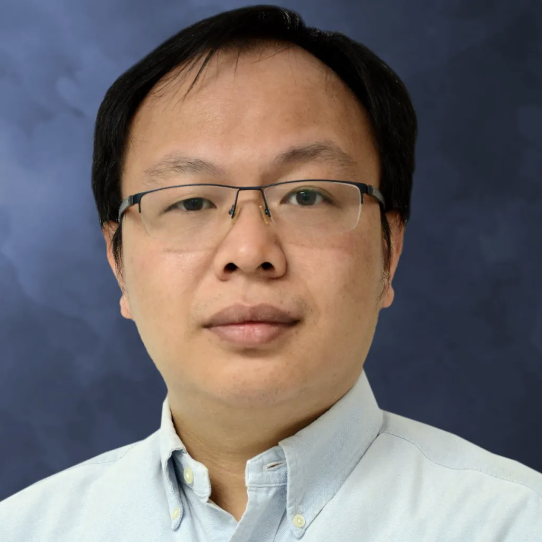
Zhang Heye
Professor at Sun Yat-sen University, Recipient of the National Science Fund for Distinguished Young ScholarsAfter obtaining his bachelor's and master's degrees at Tsinghua University, Professor Zhang Heye received his Ph.D. from the Hong Kong University of Science and Technology in 2007. After returning to China in 2010, he worked at the Shenzhen Institutes of Advanced Technology, Chinese Academy of Sciences, where he held positions as associate researcher and researcher. In 2018, he joined the School of Biomedical Engineering at Sun Yat-sen University's Shenzhen campus. The projects he has led include the National Distinguished Young Scholars Project, the National Ten Thousand Talents Program for Young Top-Notch Talent, the Key Project of the National Natural Science Foundation of China, the Guangdong Province Distinguished Young Scholars Project, and the Guangdong Provincial Department of Science and Technology's Key Project on Artificial Intelligence. His main research focus is on the quantitative analysis of health informatics, driven by clinical health information needs. He has promoted and developed a series of technologies and methods for quantitative analysis of health information. To date, he has published over 100 academic papers, including many in IEEE journals (TMI, TBME, JBHI) and Medical Image Analysis. He has presented numerous papers at top conferences in the field of medical image processing, including the MICCAI conference. He has applied for or been granted five Chinese invention patents and has received the third prize of the Wu Wenjun Artificial Intelligence Science and Technology Innovation Award and the second prize of the Zhejiang Provincial Science and Technology Progress Award.
Chairman of Beijing Academy of Artificial Intelligence
Chairman of the Beijing Academy of Artificial Intelligence, Professor of the School of Computer Science, Peking UniversityHuang Tiejun is the Chairman of Beijing Academy of Artificial Intelligence, a Professor of the School of Computer Science of Peking University, and the Director of the National Key Laboratory of Multimedia Information Processing. His main research interests are in visual information processing and brain-like intelligence. He invented the principle of Spiking Continuous Photography and ultra-high-speed visual sensor chips, camera, and system. He was awarded the Second Prize of the National Technology Invention Award in 2017 for efficient visual feature analysis and compression key technologies, the Second Prize of the National Science and Technology Progress Award in 2012 for the development and industrial application of national video coding standards, the Outstanding Contribution Award for Chinese Standard Innovation in 2022, and the Outstanding Contribution Award for the Wu Wenjun Artificial Intelligence Science and Technology Award in 2022. He is a National Distinguished Young Scholar, Changjiang Scholar, and Fellow of the CAAI (Chinese Association for Artificial Intelligence), CCF (China Computer Federation), CSIG (China Society of Image and Graphics) and CIE (Chinese Institute of Electronics).
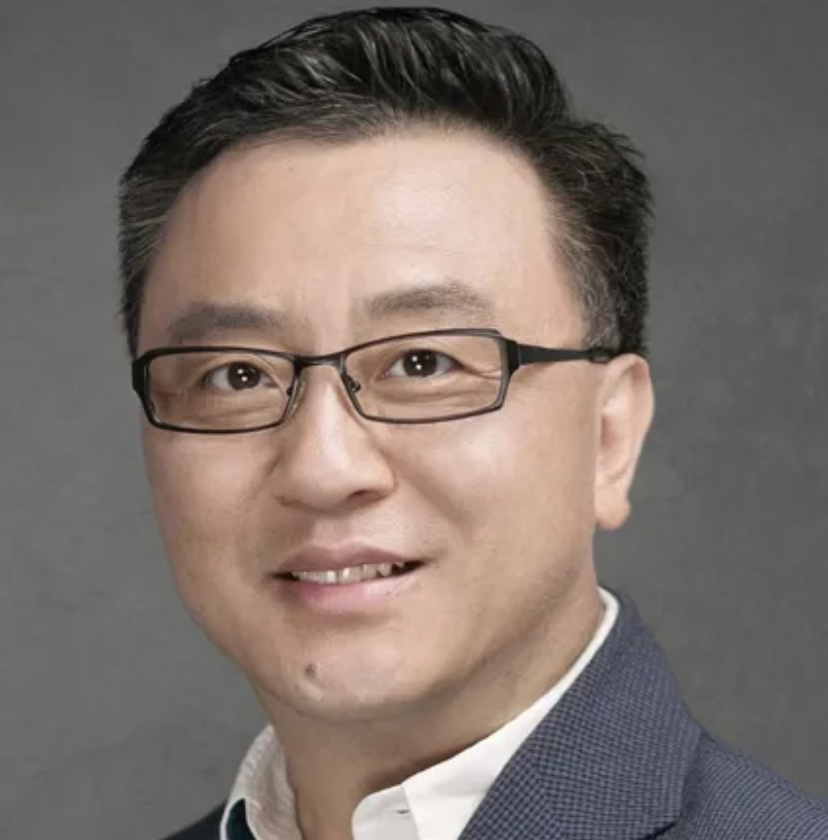
Zhang Yaqin
Academician of the Chinese Academy of Engineering, Dean of the Institute for AI Industry Research (AIR) at Tsinghua UniversityDr. Ya-Qin Zhang is a Chair Professor of Intelligent Science at Tsinghua University, Dean of the Institute of Intelligent Industry at Tsinghua University, and an Academic Advisor of BAAI. He served as the President of Baidu from September 2014 to October 2019. Before joining Baidu, Dr. Zhang worked at Microsoft for 16 years, holding various positions including Global Senior Vice President and Chairman of Microsoft Asia-Pacific R&D Group, Dean and Chief Scientist of Microsoft Asia Research Institute, Global Vice President of Microsoft, and Chairman of Microsoft China
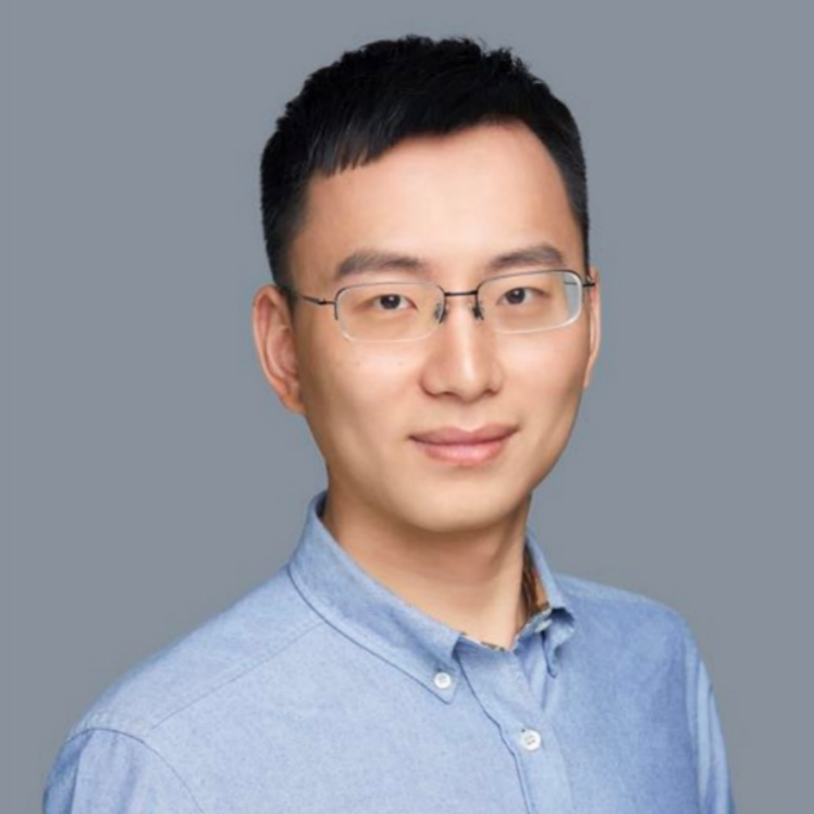
Jiang Yi
Researcher at ByteDance's GenAICurrently the head of the GenAI base model for ByteDance's commercialization, graduated from Zhejiang University, with a research focus on cognitive neuroscience. His representative works include Sparse R-CNN, ByteTrack, UNINEXT, etc. His current research interests mainly lie in the development of computer vision and visual generative base models. He has published over 30 papers in conferences and journals such as CVPR, ICCV, NeurIPS, ICLR, ICML, ECCV, etc., many of which have been accepted as Oral, Spotlight. His work is open-sourced on GitHub and has accumulated over 20K stars.

Alejandro Frangi
Fellow of the Royal Academy of Engineering and Foreign Member of the Chinese Academy of EngineeringProfessor at the University of Oxford and the Turing Centenary Chair in Computational Medicine at the University of Manchester, with a joint appointment in the Schools of Computer Science and Health Sciences. His research interests include computational imaging, machine learning, computational mechanics, and their applications in cardiovascular, metabolic, and skeletal disease research, as well as virtual testing of medical devices. Since 2001, he has founded and directed the Centre for Computational Imaging and Simulation Technologies in Biomedicine (CCISTB), which has driven the application of computational medicine in clinical practice. His team has developed open-source platforms such as GIMIAS and MULTI-X, fostering innovation in the fields of image computing and computational physiology modeling.
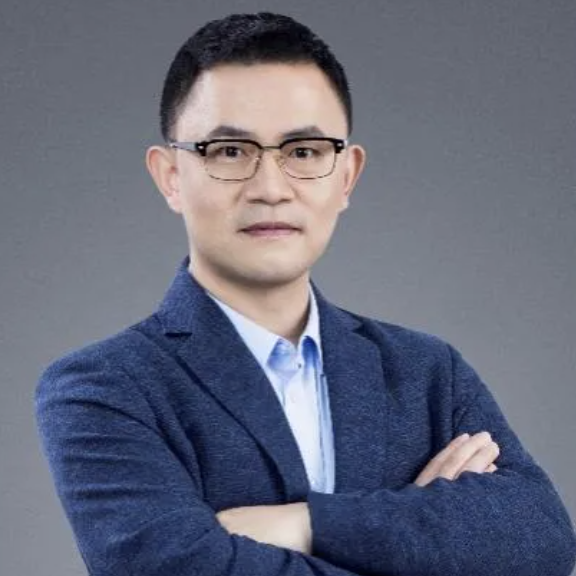
Ma Lei
Associate Researcher at Peking University, Head of the Multimodal Cross-Scale Biomedical Imaging FacilityAssociate Researcher at the National Biomedical Imaging Center, Academy for Advanced Interdisciplinary Studies, Peking University, and head of the Full-scale Image Data Integration Device for Multimodal Cross-scale Biomedical Imaging Facilities. Currently, they are conducting fundamental biomedical imaging model and digital life research based on the imaging facilities, and are also affiliated with the Beijing Academy of Artificial Intelligence (BAAI) Life Simulation Research Center. Over the past five years, they have published fifty papers in renowned international journals and conferences such as Nature Communications, Cell Research, TPAMI, and IJCV, covering interdisciplinary research fields including computer graphics, machine learning, and brain-inspired intelligence. Previously, they worked as an engineer at the research lab of Autodesk, a leading graphics company, where their work was applied to industrial-grade software such as AutoCAD and 3ds Max.
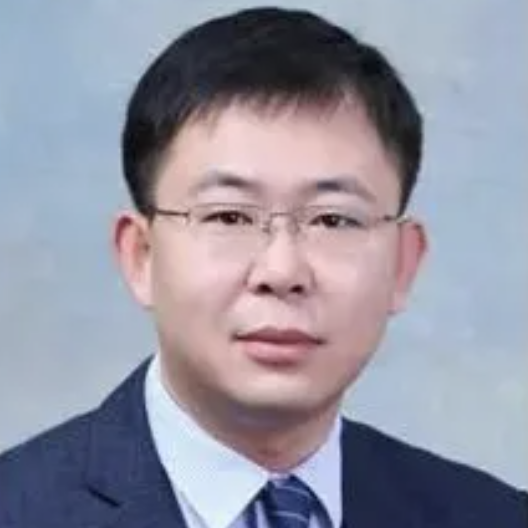
Li Shuai
Professor at the School of Computer Science and Engineering, Beihang University, and a Young Changjiang Scholar.Li Shuai, PhD in Engineering, is a professor and doctoral supervisor at Beihang University, and a recipient of the Young Changjiang Scholar award. He serves as the Deputy Director of the Medical Simulation Committee of the China Society of Simulation, a Senior Member of the China Computer Federation, and an Executive Director of the Beijing Computer Society. His research focuses on virtual reality, medical simulation, intelligent analysis and processing of medical images, and visual computing. He has published over 110 papers in academic journals and international conferences such as IEEE TPAMI, IJCV, IEEE TIP, IEEE TVCG, IEEE VR, AAAI, and NeurIPS. Li has been granted over 30 national invention patents and has received numerous awards, including the first prize of the National Science and Technology Progress Award in 2010, the first prize of the China Electronics Society Science and Technology Progress Award in 2020, the first prize of the China Industry-University-Research Cooperation Innovation Award in 2021, and the second prize of the Shandong Provincial Science and Technology Progress Award in 2020. He was honored as an Outstanding Scientific and Technological Worker by the China Society of Simulation in 2020 and as an Excellent Doctoral Dissertation Supervisor at Beihang University in 2021.
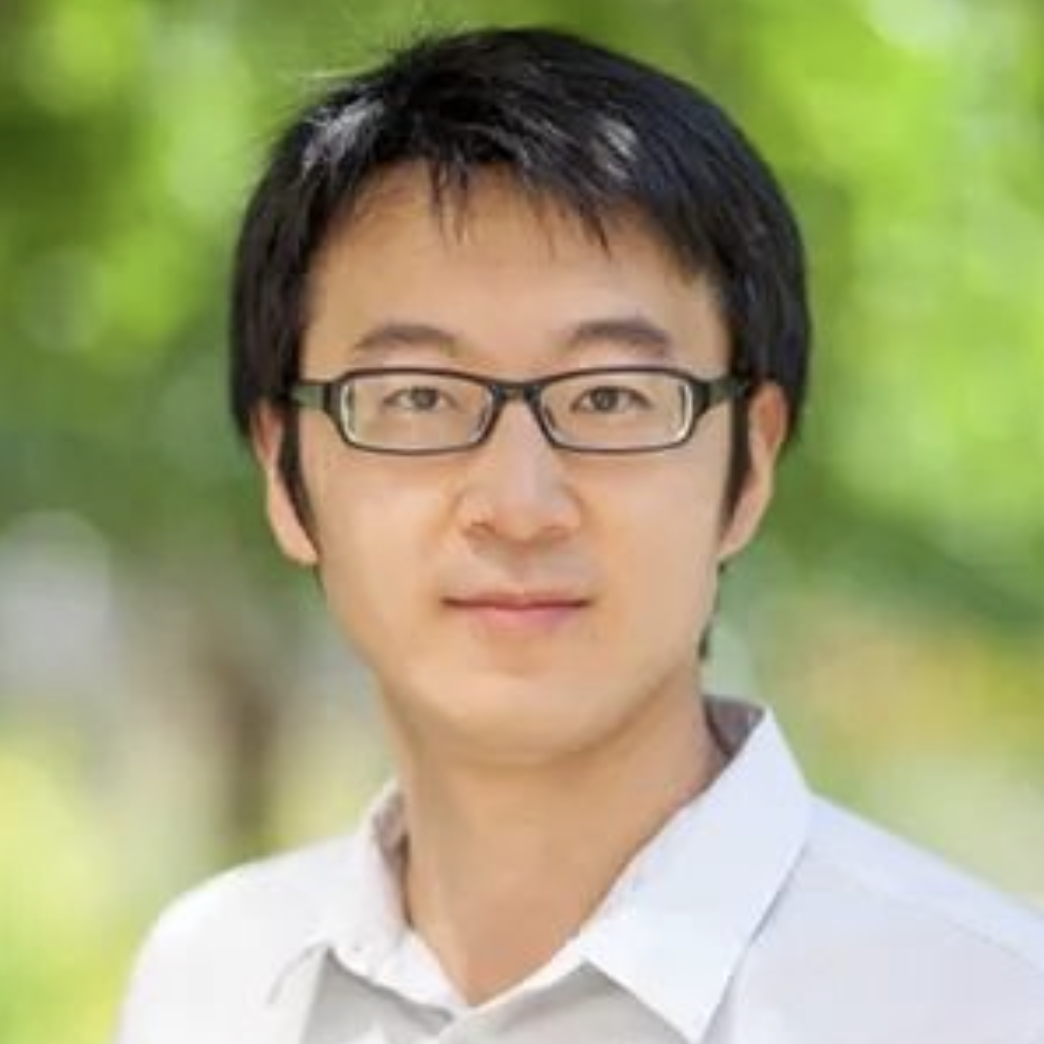
Dong Yuxiao
Associate Professor at Tsinghua UniversityDong Yuxiao, Associate Professor in the Department of Computer Science at Tsinghua University and a member of the Knowledge Engineering Group (KEG). He previously worked at Facebook AI and Microsoft Research. His research focuses on data mining, graph machine learning, and foundational large models, with applications in social networks and knowledge graphs serving billions of users. He was selected for the IJCAI Early Career Spotlight and received nominations for the ACM SIGKDD Doctoral Dissertation Award in 2017 and the ACM SIGKDD Rising Star Award in 2022.
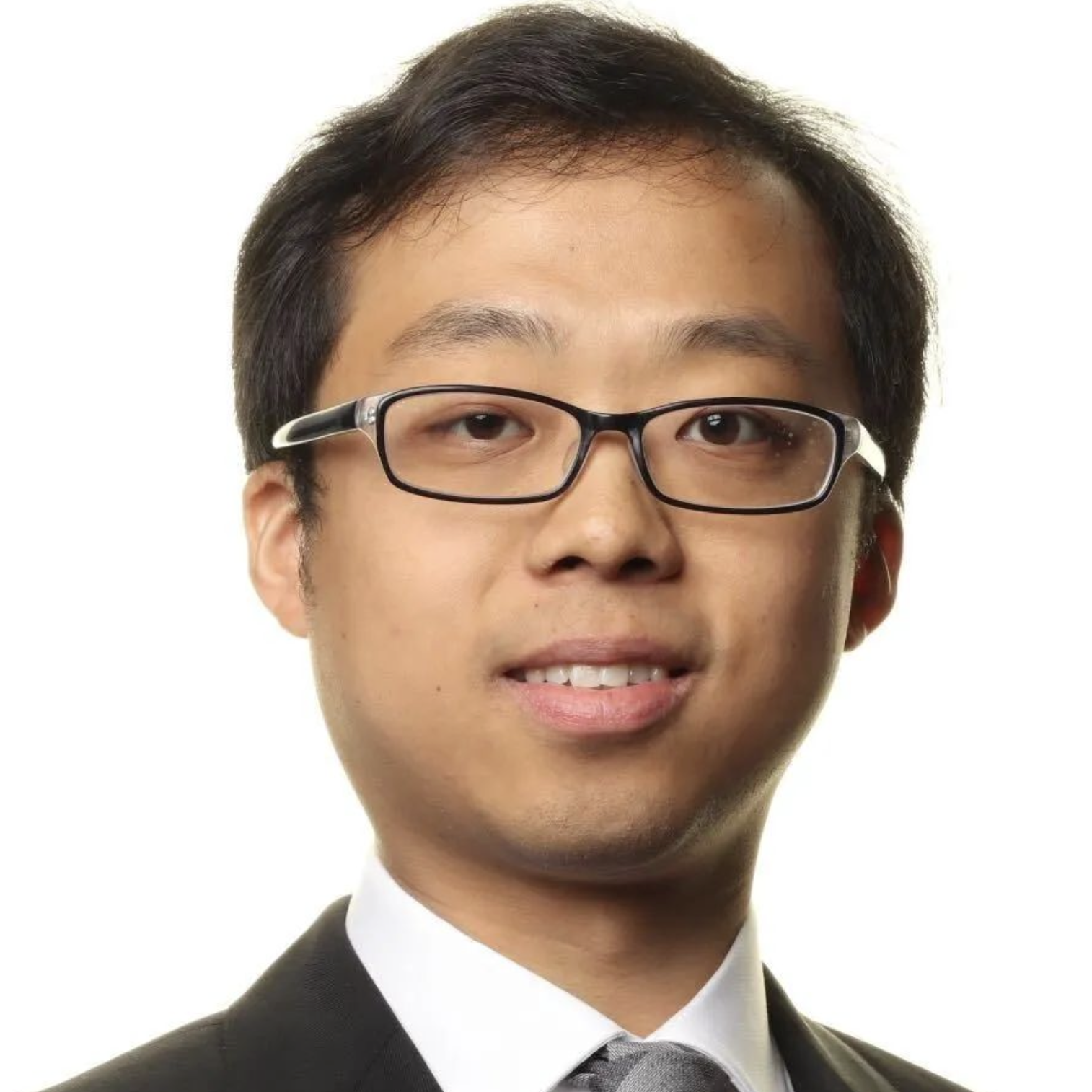
Li Yuxi
Director of the Information Center at Peking University First HospitalDr. Li Yuxi, MD, is an attending physician in the Department of Cardiology at Peking University First Hospital. He graduated from the clinical medicine program at Peking University Health Science Center, studying under Professors Huo Yong and Li Jianping. He has completed exchange visits at the Heart Centers of Oslo, Norway, and the University of Minnesota Medical School, USA. Dr. Li specializes in the clinical evaluation and treatment of common cardiovascular diseases, with a particular focus on coronary intervention therapy. He has performed nearly 800 coronary intervention surgeries and has introduced new technologies such as functional assessment of renovascular hypertension. Dr. Li is dedicated to clinical teaching, having led junior doctors in publishing five case reports and won second place in the Beijing Teaching Competition in 2021. He has participated in several large-scale clinical research projects on cardiovascular diseases and has published multiple SCI papers in journals such as the European Heart Journal (EHJ), Journal of Medical Internet Research (JMIR), and Journal of the American Heart Association (JAHA). As a first author, his accumulated impact factor is 52.306. He has also received the First Prize of the Huaxia Medical Science and Technology Award.
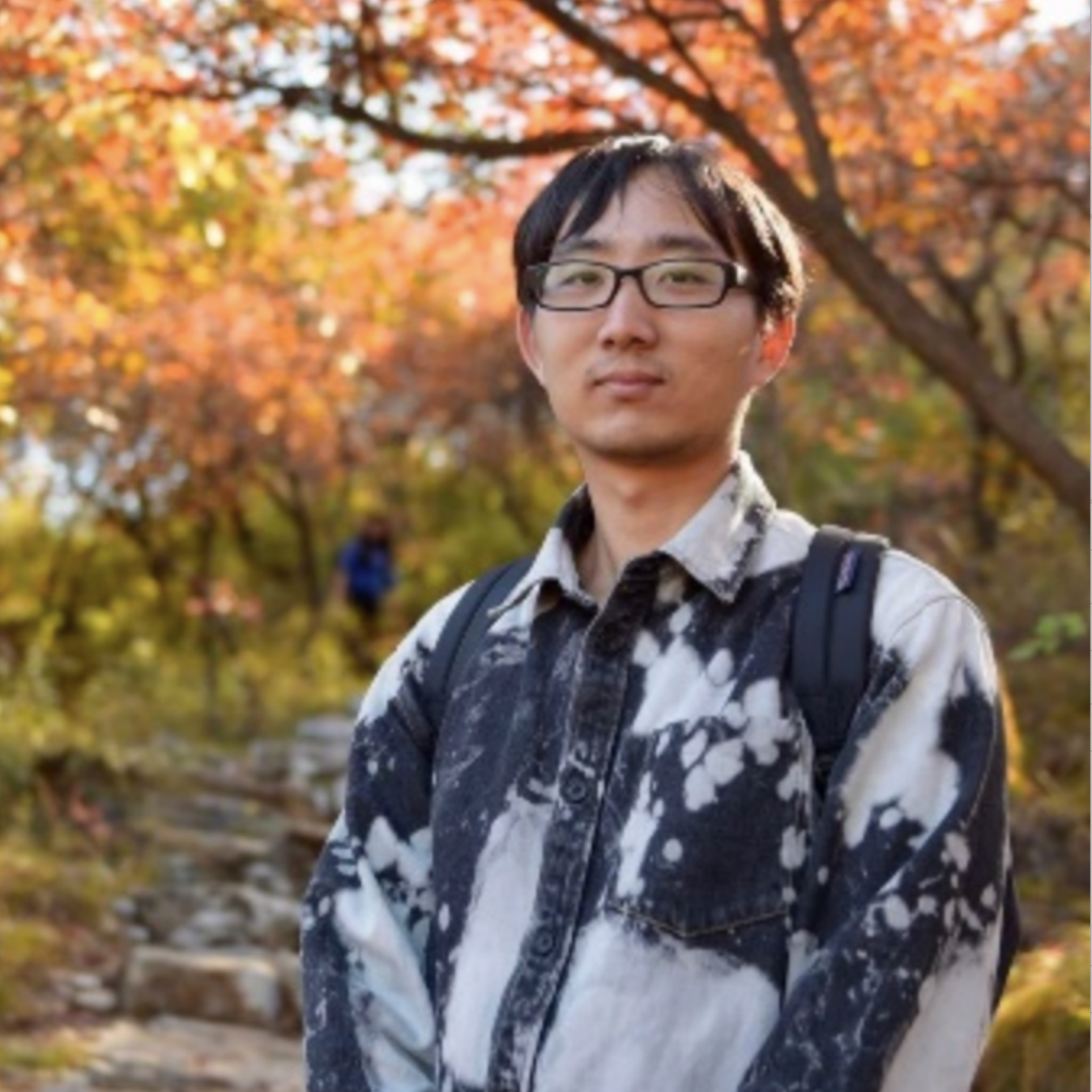
He Di
Assistant Professor at Peking UniversityHe Di, Assistant Professor at the School of Intelligence, Peking University, and former Principal Researcher at Microsoft Research Asia. His research focuses on machine learning models, algorithms, and theories. He has published over 50 papers in top conferences and journals such as ICML, NeurIPS, and ICLR, with more than 8,000 citations on Google Scholar. The models and algorithms he has designed have been used by leading research institutions like DeepMind, OpenAI, Microsoft, and Meta. He has received the Outstanding Paper Award at ICLR 2023 and was nominated for the Outstanding Paper Award at ICLR 2024.
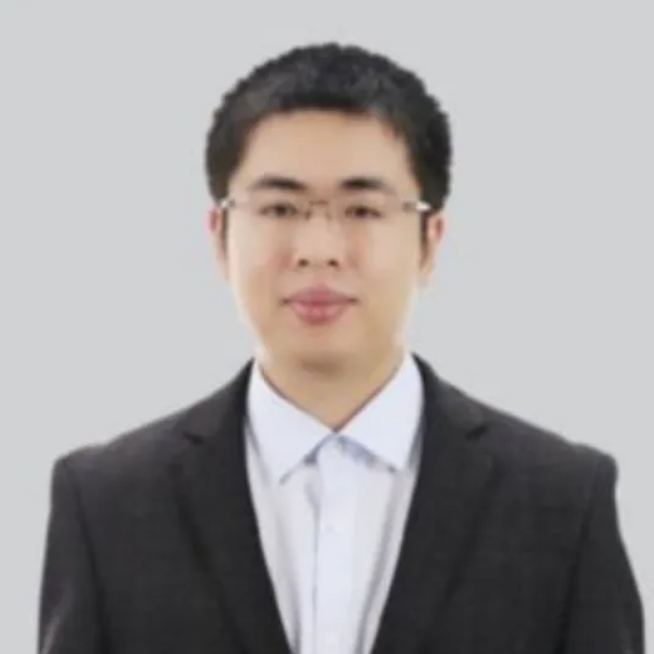
Zhang Ningyu
Associate Professor at Zhejiang UniversityNingyu Zhang, Associate Professor at Zhejiang University, and a distinguished young scholar under the Qizhen program at Zhejiang University, has published numerous papers in high-impact international journals and conferences. Six of his papers have been selected as high-impact papers by Paper Digest, and one was featured in a Nature sub-journal. He has led multiple projects funded by the National Natural Science Foundation of China, the China Computer Federation, and the Chinese Association for Artificial Intelligence. Zhang has received the Zhejiang Provincial Science and Technology Progress Award (Second Prize) and has been recognized with the IJCKG Best Paper Award and nominations twice, as well as the CCKS Best Paper Award. He serves as an area chair for ACL and EMNLP, an Action Editor for ARR, and a senior program committee member for IJCAI. Zhang is the lead developer of EasyEdit, a knowledge editing tool for large language models (1.5k).
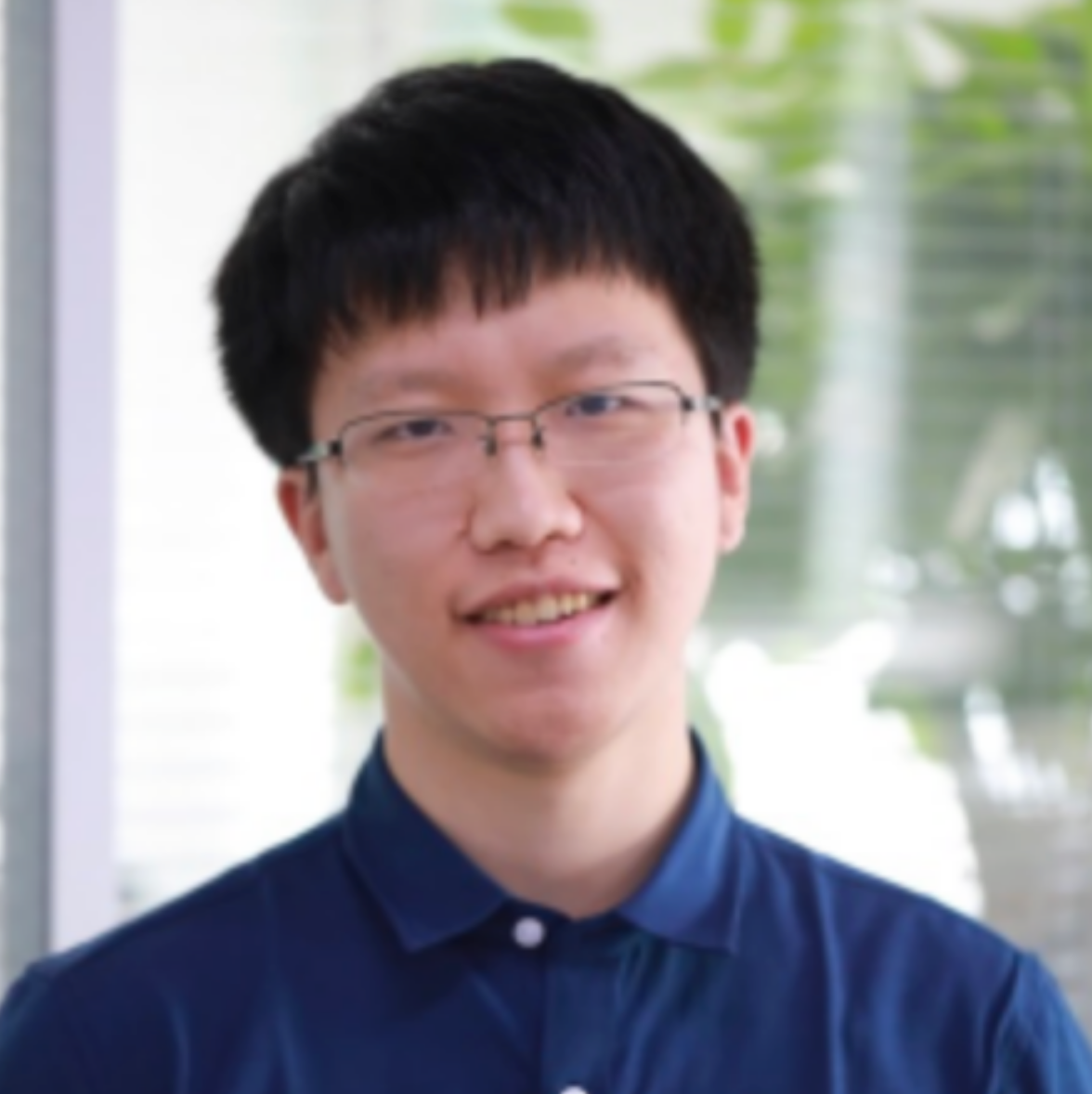
Zeng Guoyang
Co-founder and CTO of ModelbestGuoyang Zeng, Co-founder and CTO of Modelbest, is a core member of the Wudao·Wenyuan Chinese pre-training model team. In 2021, he co-founded the OpenBMB open-source community, where he played a key role in the development of BMTrain and BMInf, tools for accelerating model training and inference. Zeng was also a principal contributor to the CPM-Ant and CPM-Bee large model projects.

Wang Bingning
Researcher at Baichuan IntelligenceBingning Wang is the Head of Pre-training at Baichuan Intelligence. He holds a Ph.D. from the Institute of Automation, Chinese Academy of Sciences, with a research focus on question-answering systems and large language models. Wang has held senior researcher positions at Sogou and Tencent, where he gained extensive experience with large-scale generative models. He has led and released significant projects such as ReCO, ComQA, ChiQA, T2Ranking, and the Baichuan series of pre-training models. Wang has published 11 first-author papers at top international AI and NLP conferences, including ACL, SIGIR, and AAAI. He was the runner-up for the best paper at CIKM 2021, and his doctoral dissertation, "Research on Key Technologies in Machine Reading Comprehension," received the Outstanding Doctoral Dissertation Award from the Chinese Information Processing Society of China in 2019. Wang is also a member of the Youth Working Committee of the Chinese Information Processing Society of China.
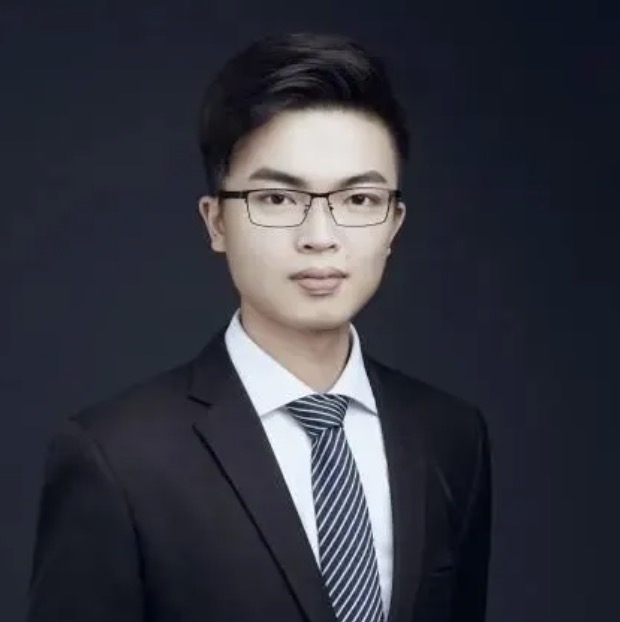
Yang Zhilin
Founder and CEO of The Dark Side of the MoonThe founder and CEO of The Dark Side of the Moon, he graduated with a bachelor's degree from Tsinghua University and a doctorate in computer science from Carnegie Mellon University. He has worked at Google Brain and the American startup FAIR, and was mentored by Ruslan Salakhutdinov, the head of artificial intelligence at Apple. He has many years of entrepreneurial experience and has co-authored papers with several Turing Award winners. He is a technical contributor to some of the earliest large models in China, such as Pangu and Wudao. At the same time, Yang ZhiLin is the most cited researcher in the field of NLP (Natural Language Processing) under the age of 35 in China. He is also the first author of two important papers, Transformer-XL and XLNet, both of which are core technologies in the field of large language models

David Edelsohn
IBM Research, STSM Open EcosystemDavid has been at the forefront of Open Source Software and Linux by establishing and expanding the global GNU Toolchain ecosystem, the Linux software ecosystem for IBM, and by enhancing the AI software ecosystem. David is an ACM Senior Member and has a Ph.D. in computational physics.
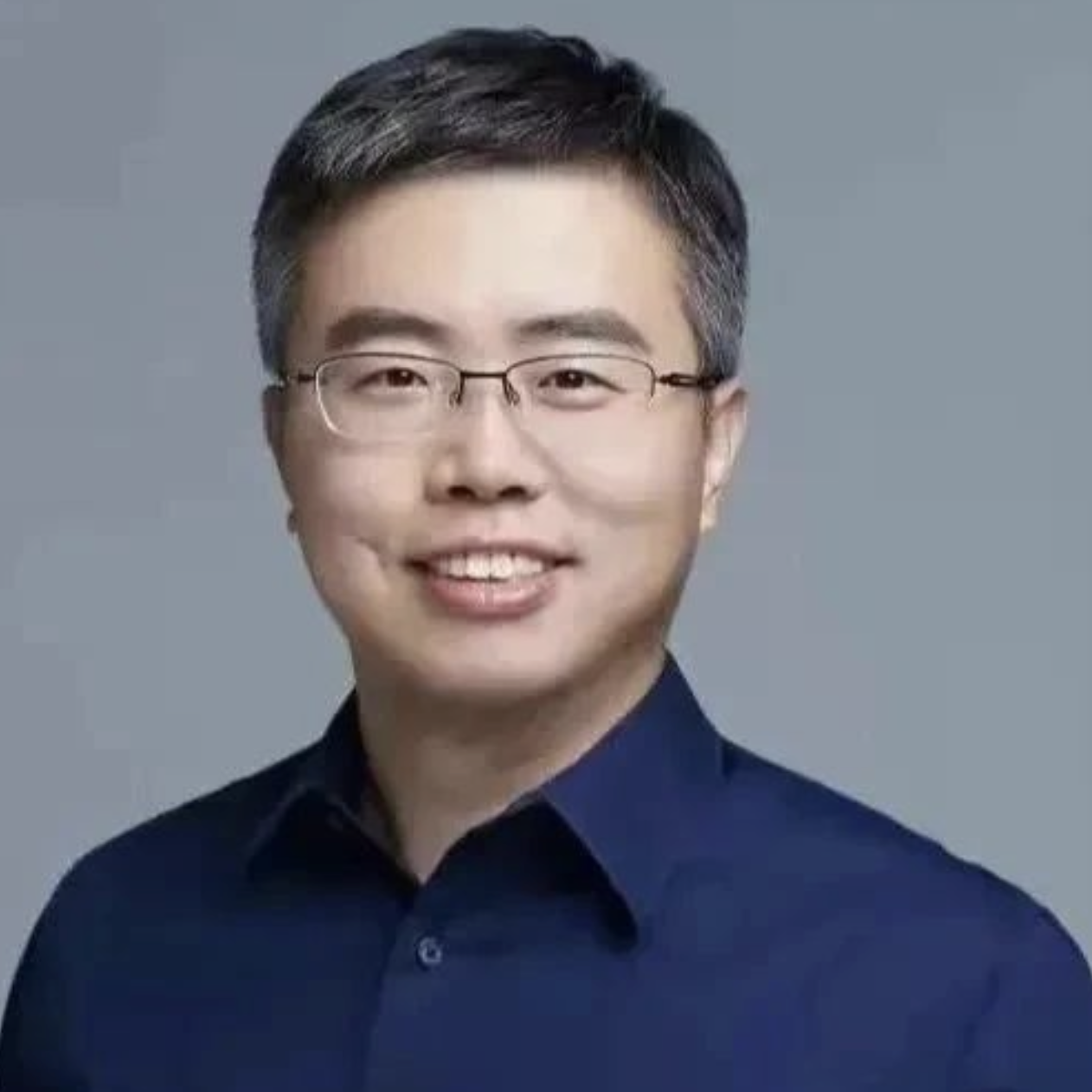
Yuan Jinhui
Founder of SiliconFlowYuan Jinhui received his bachelor's degree in computer science from Xidian University in 2003 and his Ph.D. in engineering from Tsinghua University's Department of Computer Science in 2008, where he was awarded the Outstanding Doctoral Dissertation Award. From 2008 to 2011, he conducted research in computational neuroscience during his postdoctoral period at Tsinghua. From 2013 to 2016, he served as a Lead Researcher at Microsoft Research Asia, where he developed the large-scale machine learning system LightLDA and applied it to Microsoft products. From 2016 to 2023, he initiated and led the development of the open-source deep learning framework OneFlow, designing a series of new methods to improve the usability and efficiency of distributed deep learning systems, which have been widely adopted in the industry. Currently, his research focuses on AI Infrastructure, dedicated to the collaborative design of algorithms, systems, and hardware to develop large model inference acceleration engines, reducing the cost and development barriers of large model applications.
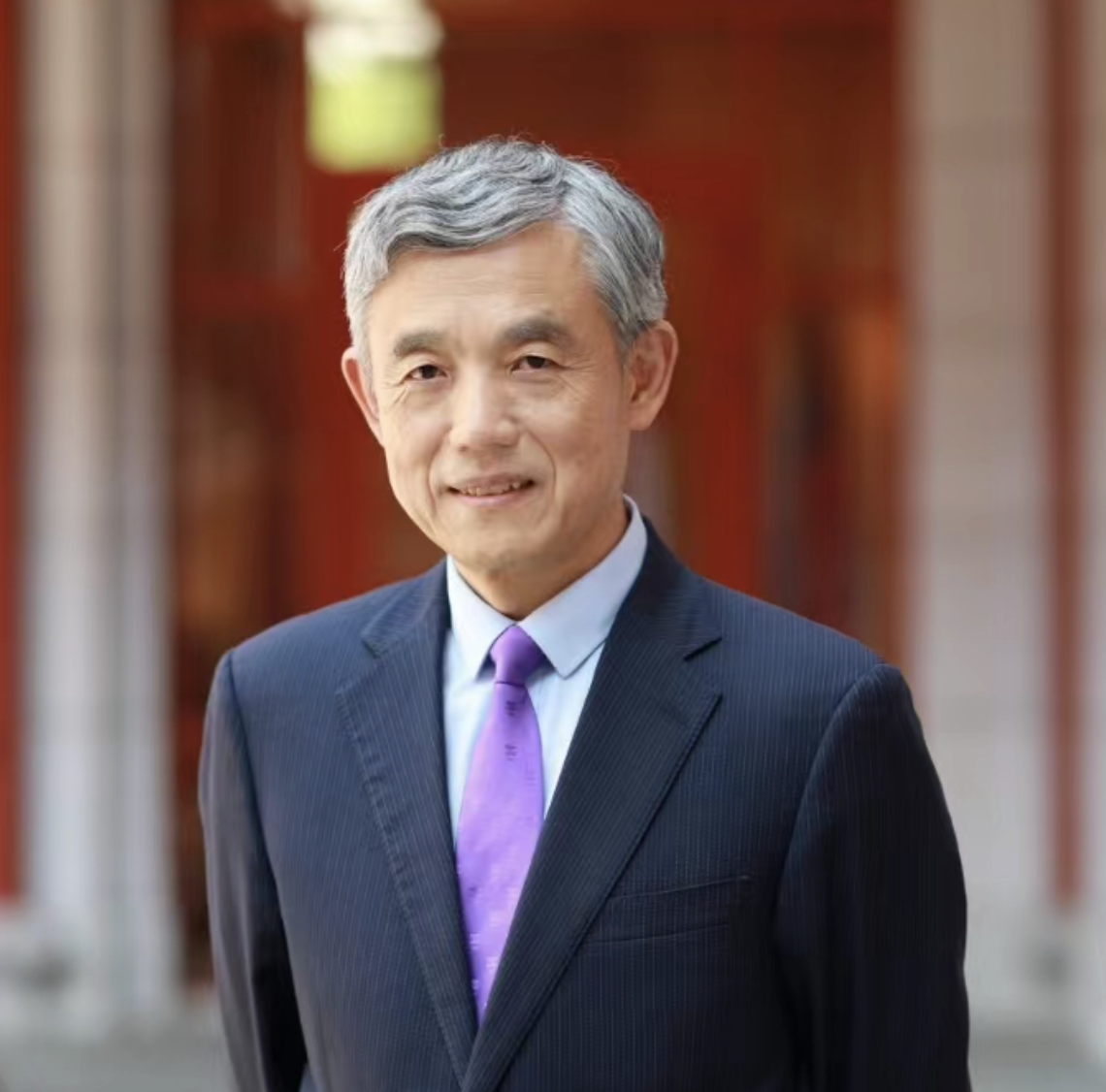
Xue Lan
Distinguished Professor of Arts, Humanities and Social Sciences and the Dean of Schwarzman College at Tsinghua UniversityDr. Lan Xue is Distinguished Professor of Arts, Humanities and Social Sciences and the Dean of Schwarzman College at Tsinghua University. His teaching and research interests include STI policy, crisis management, and global governance. He has published extensively in these areas. At Tsinghua, Dr. Xue also serves as the Director of Institute for AI International Governance, Director of China Institute for S&T Policy, Co-Director of Institute for SDGs, and so on. From 2000-2018, he served as Associate Dean, Executive Associate Dean, and Dean of the School of Public Policy and Management at Tsinghua University. Dr. Xue also serves as a Counsellor of the State Council, Co-Convener of the Discipline Evaluation Group Public Administration of the Academic Degrees Committee of the State Council, the Chair of the National Expert Committee on the Next Generation AI Governance, a member of the Standing Committee of Chinese Association of Science and Technology. He is also an adjunct professor at Carnegie Mellon University, a non-resident senior fellow of the Brookings Institution, a board member of the UN Sustainable Development Solution Network (SDSN), a member of the Committee of the Experts on Public Administration (CEPA) and the inaugural Internet Governance Forum (IGF) Leadership Panel. Dr. Xue is a recipient of Distinguished Young Scholar Award from National Natural Science Foundation of China (NSFC), Cheung Kong Chair Distinguished Professor of the Ministry of Education, the Fudan Distinguished Contribution Award for Management Science, the Distinguished Contribution Award from Chinese Association for Science of Science and S&T Policy, and the Second National Award for Excellence in Innovation.

Max Tegmark
MIT Institute for Artificial Intelligence and Fundamental InteractionsCosmologist, currently a tenured professor of physics at the Massachusetts Institute of Technology, and the scientific director of the Institute for Basic Research; one of the founders of the Institute for the Future of Life. Representative works include 'Life 3.0', 'Our Mathematical Universe', etc.
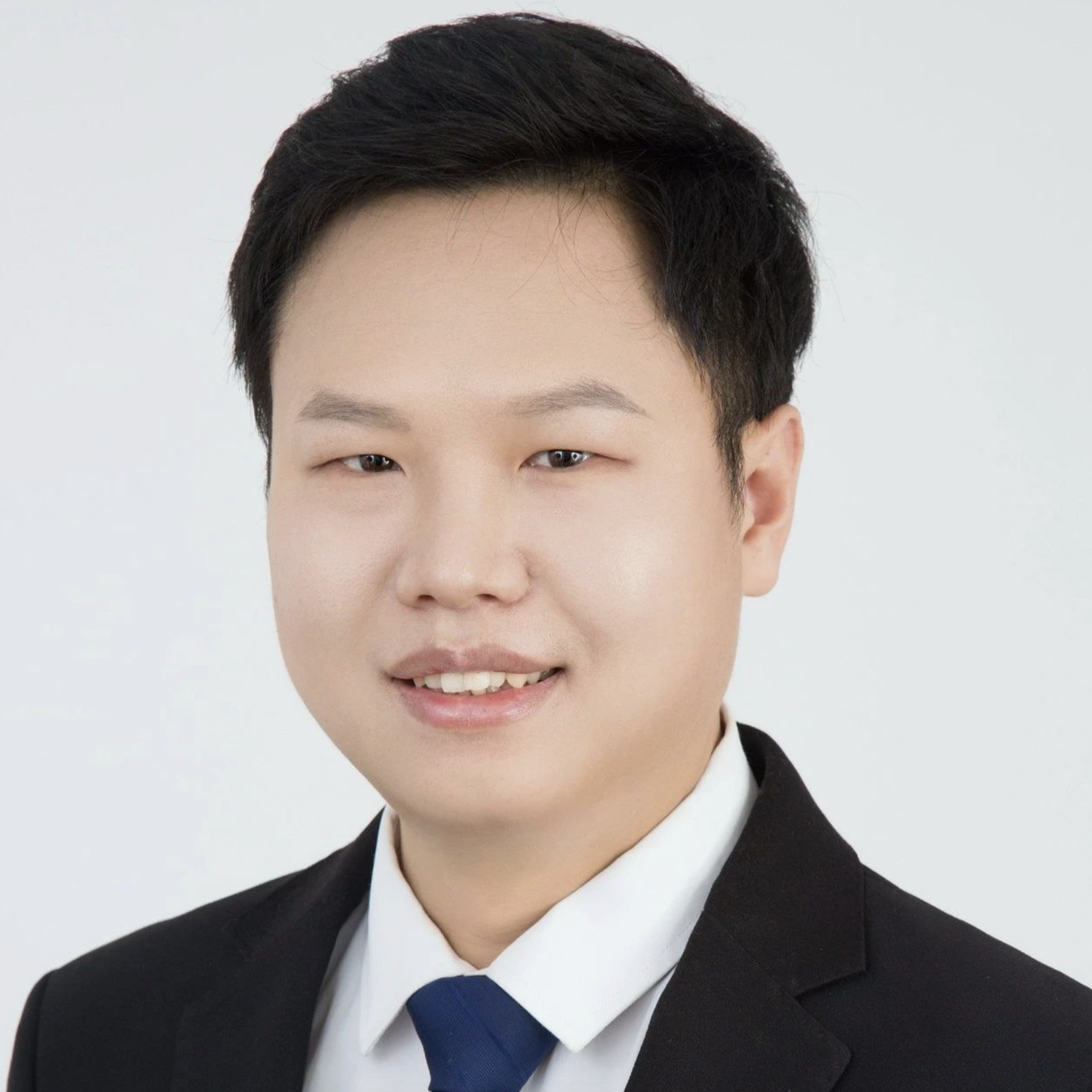
Ao Yulong
Head of AI Framework Development at Beijing Academy of Artificial IntelligenceAo Yulong is currently the head of AI framework development at Beijing Academy of Artificial Intelligence. He holds a Ph.D. from Peking University and a Ph.D. from the Chinese Academy of Sciences. With a focus on distributed systems and program optimization related to high-performance computing, scientific computing, and artificial intelligence, he has previously held positions as Chief Engineer at Huawei and Senior Engineer at Baidu. He has contributed to the development of related large models and possesses extensive experience in the research and development of distributed systems for large models. In 2016, he jointly received the Gordon Bell Prize from the Association for Computing Machinery (ACM). He has published over ten papers in top international conferences and journals such as SC, IPDPS, ICPP, TPDS, TACO, Cluster, and JCST. He has also been involved in the development of the IEEE 2941.1-2022 international operator interface standard and has been granted multiple domestic and international patents.
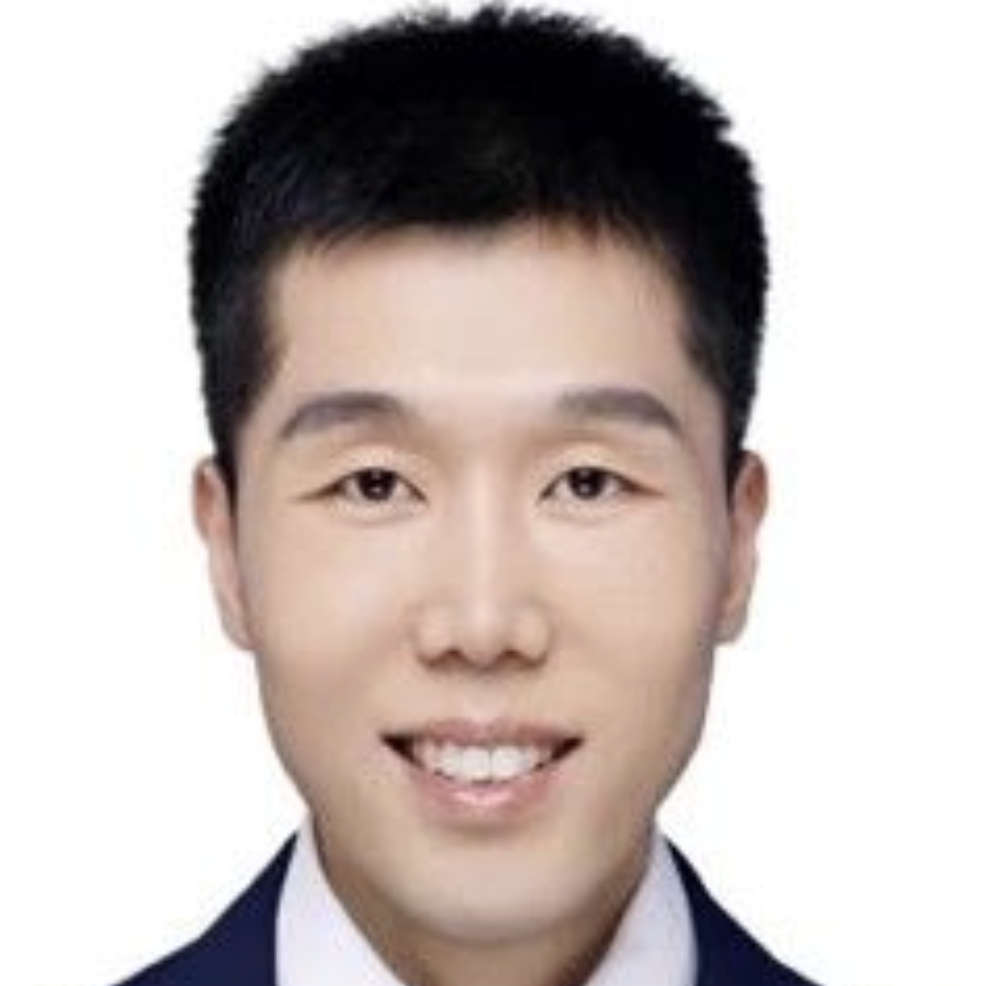
Zhao Jie
Professor at the School of Information Science and Engineering, Hunan UniversityZhao Jie graduated from the Department of Computer Science and Technology at Tsinghua University with a bachelor's degree. In 2019, he obtained his Ph.D. from the PARKAS laboratory, jointly led by INRIA and the École Normale Supérieure de Paris, France. He currently serves as a professor at the School of Information Science and Engineering, Hunan University. His primary research interests include tensor compilers, polyhedral model-based code generation and optimization, and foundational mathematical function libraries. He is also a member of the Huawei MindSpore Community Technical Expert Group and has collaborated with Huawei's 2012 Laboratory team to develop the AKG tensor compiler. Dr. Zhao has authored numerous papers as the first author in top conferences and journals in the fields of system software, computer architecture, and compilers, including ASE, CC, MICRO, MLSys, OSDI, PACT, PLDI, PPoPP, among others. His paper published at the MICRO-53 conference in 2020 was nominated for the Best Paper Award.
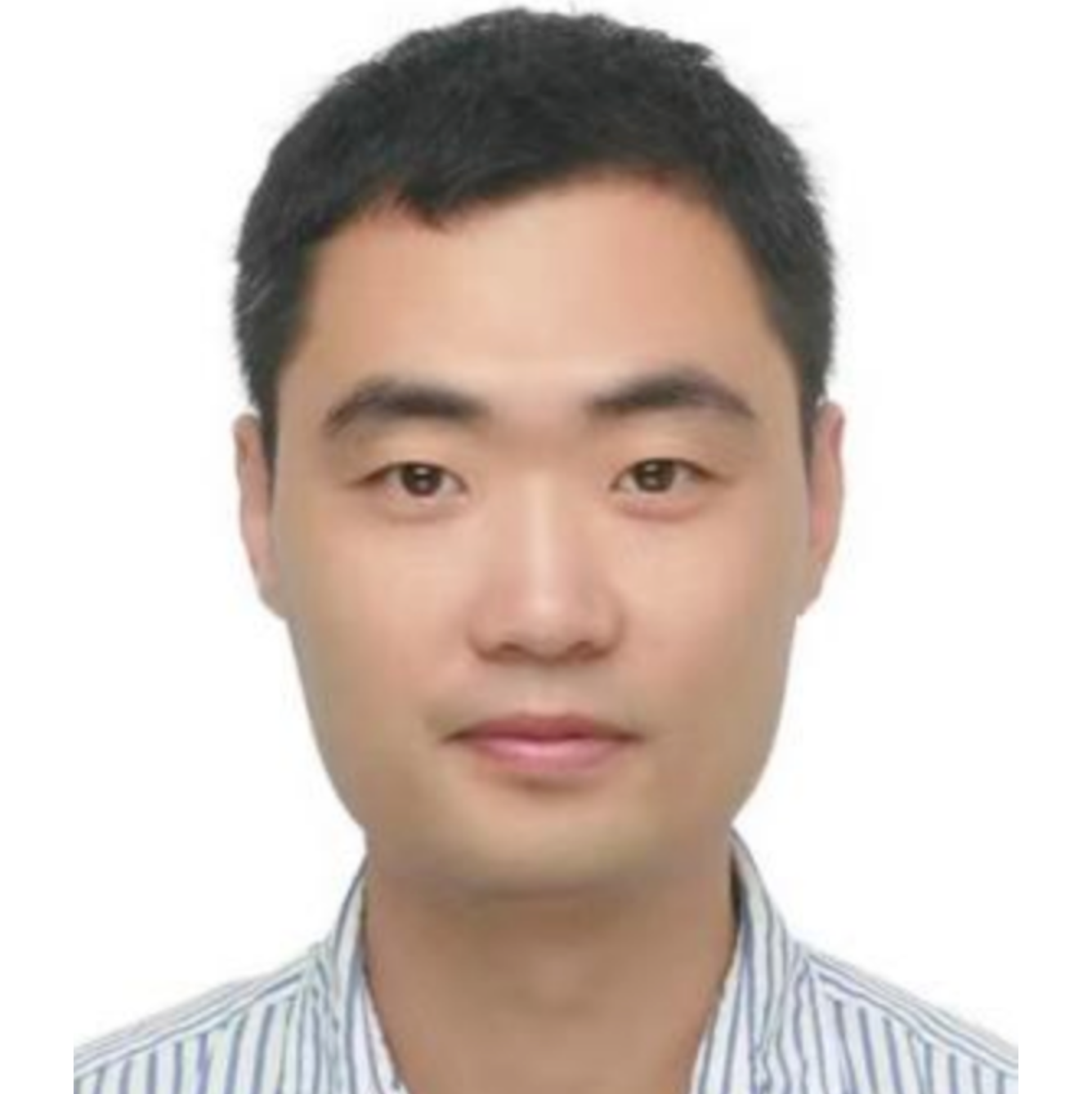
Bai Tongxin
Researcher of BAAIResponsible for AI operator libraries and compilers, prior to joining BAAI, he worked at Baidu PaddlePaddle, Siemens China Research Institute, Shenzhen Institutes of Advanced Technology, Chinese Academy of Sciences, H2O.ai, and Teradata. His research interests include deep learning frameworks, parallel programming and compilers, distributed databases, and machine learning systems. He holds a Ph.D. in Computer Science from the University of Rochester.
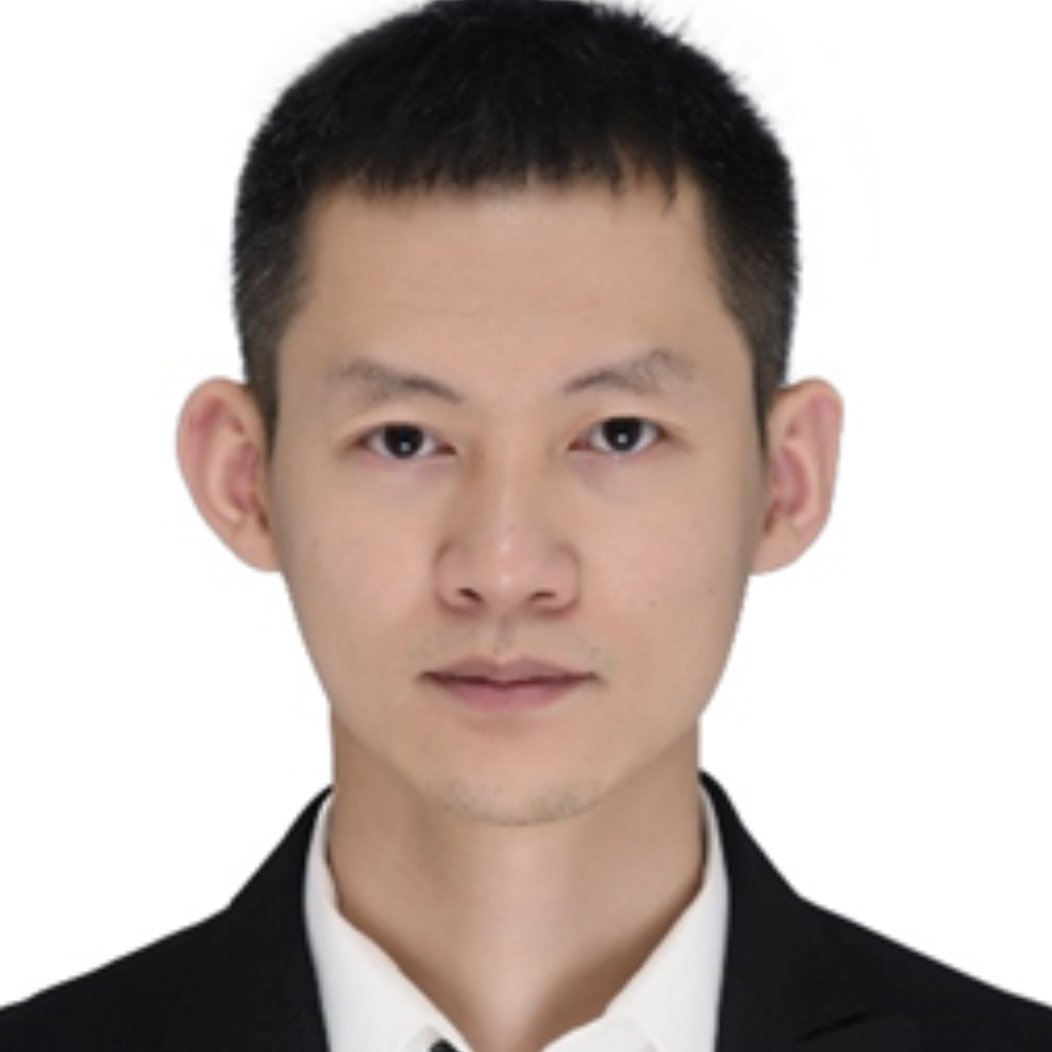
Li Shigang
Professor at Beijing University of Posts and TelecommunicationsLi Shigang, Professor at the School of Computer Science, Beijing University of Posts and Telecommunications (National Demonstration Software College), is recognized as a "Top-notch Talent" and serves as a doctoral supervisor. He is a senior member of CCF, ACM, and IEEE, and has been honored as a CCF Outstanding Youth in High Performance Computing, as well as being selected for the National High-level Young Talents Plan. He specializes in parallel and distributed computing, heterogeneous computing, and deep learning systems. He has led numerous national research projects and tasks, and has published over 60 papers in top conferences and journals such as SC, PPoPP, ICS, TPDS, and NSDI. His research focuses on addressing key challenges in efficient parallel scalability, communication bottlenecks, and computational bottlenecks in deep learning systems and large-scale parallel algorithms. He has been nominated for the Best Paper Award multiple times at top academic conferences (SC, PPoPP, etc.) and has received awards such as the MLSys'21 Outstanding Paper Award, SC'22 Best Result Reproduction Award, and CACM Research Highlights Award. He has served on the Technical Program Committee (TPC) of authoritative conferences such as SC and PPoPP more than 40 times, and has chaired workshops at ICS'18, served as the publication chair at IISWC'20, publicity chair at PPoPP'23, TPC Track chair at HPC China'23, and is also an editorial board member of "Cluster Computing" and a youth editorial board member of CCF THPC.
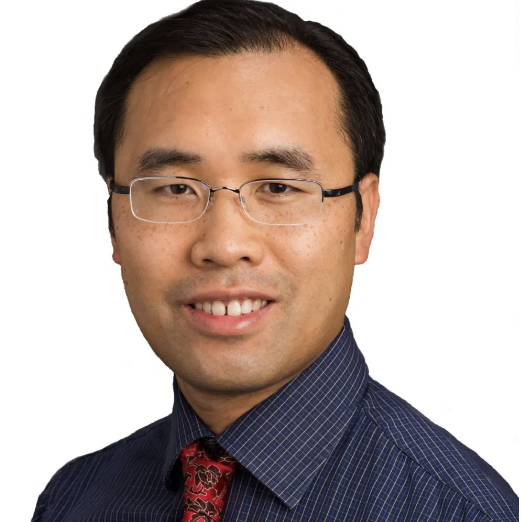
Xie Tao
Professor at Peking UniversityXie Tao, Distinguished Professor at Peking University, serves as the Chair of the Department of Software Science and Engineering at the School of Computer Science and Engineering, Peking University, and Vice Director of the Key Laboratory of High Confidence Software Technologies, Ministry of Education. He previously served as a full professor in the Department of Computer Science at the University of Illinois at Urbana-Champaign (UIUC), USA. He is an elected foreign member of the European Academy of Sciences and a fellow of ACM, IEEE, AAAS, and CCF. He also holds positions as the Chair of the Systems Software Committee of the China Computer Federation, Chair of the RISC-V+AI Computing Ecosystem (RACE) Committee, and Chair of the Artificial Intelligence and Machine Learning Technology Committee (AI/ML SIG) of the RISC-V International Foundation.
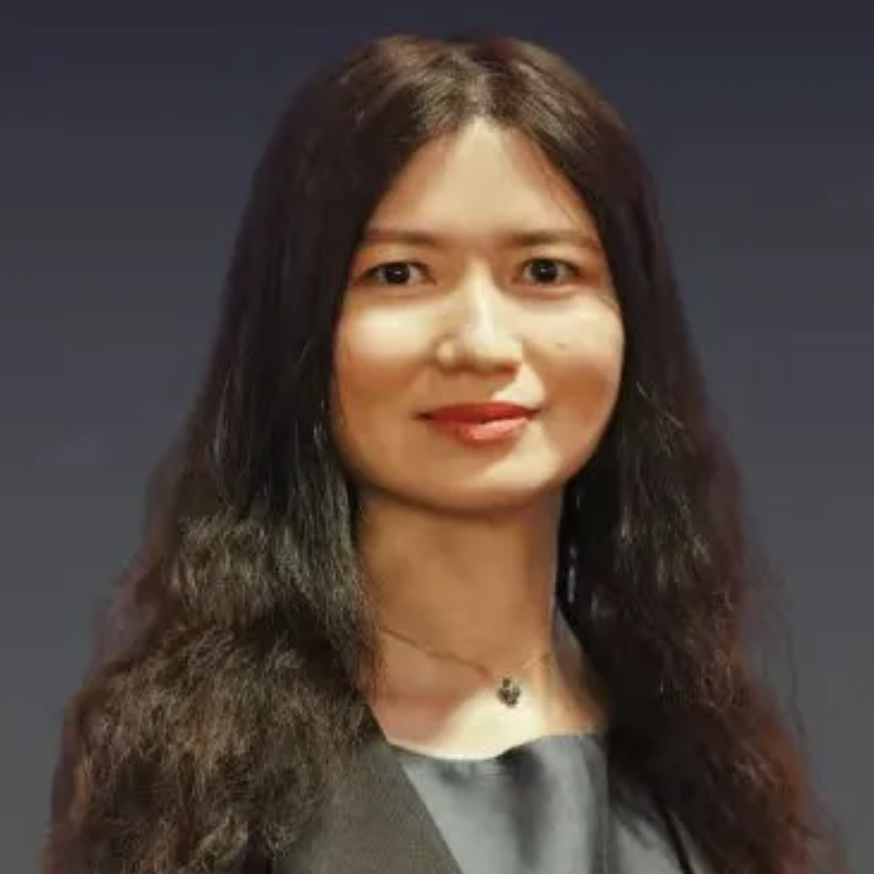
Lin Yonghua
Vice Dean and Chief Engineer of Beijing Academy of Artificial Intelligence (BAAI)Lin Yonghua is currently the Deputy Director and Chief Engineer of Beijing Academy of Artificial Intelligence (BAAI), who is in charge of the major model research center, AI system and basic software research, industrial ecological cooperation and other important directions. She is a member of the IEEE Women in Engineering Asia Pacific Leadership Team and the founder of the Beijing Branch of the IEEE Women in Engineering Association. She once served as the Dean of IBM China Research Institute and is also an IBM Global Outstanding Engineer, leading the innovation of global AI systems within IBM. She has been engaged in research in the fields of system architecture, cloud computing, AI system, and computer vision for nearly 20 years. She has more than 50 global patents and has won the Best Paper Award of ACM/IEEE for many times. She was named one of the 50 Chinese technology leaders in Forbes China in 2019.
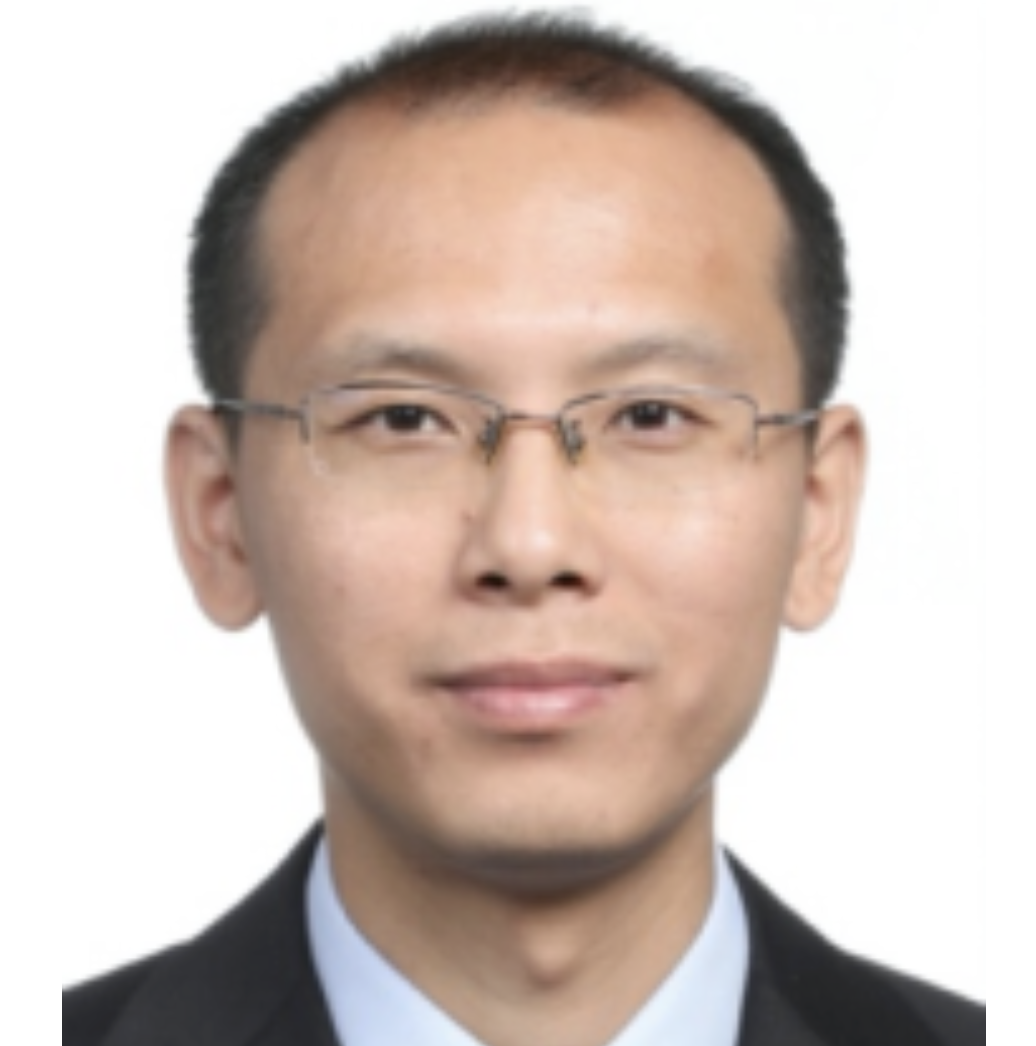
Zhai Jidong
Professor at Tsinghua UniversityZhai Jidong is a tenured professor and doctoral supervisor in the Department of Computer Science and Technology at Tsinghua University. He is a recipient of the National Distinguished Young Scientists Foundation and serves as the project leader of National Key Research and Development Program. He is also the Vice Director of High Performance Institute at the Department of Computer Science and Technology, Tsinghua University. Additionally, he holds positions as the Deputy Director of the CCF High Performance Computing Committee, a distinguished member of CCF, and the Secretary-General of the ACM China High Performance Computing Expert Committee. His main research interests include parallel computing, programming models, and compiler optimization. He has published over 100 papers in top conferences and journals in the field of parallel computing and systems. He has also authored one monograph. His research achievements have been recognized with awards such as the Best Paper Award at IEEE TPDS 2021, IEEE CLUSTER 2021, and ACM ICS 2021 Best Student Paper Award. He has served as the Program Committee Chair of NPC 2018 and the Field Chair of IEEE CLUSTER 2021, as well as an editorial board member of several international academic journals including IEEE Transactions on Computers. As the coach of the Tsinghua University Student Supercomputing Team, the teams he has guided have won the world championship thirteen times. He has been honored with awards including the First Prize of the Ministry of Education Science and Technology Progress Award, the First Prize of the Natural Science Award of the China Computer Federation, and the CCF-IEEE CS Young Scientist Award.
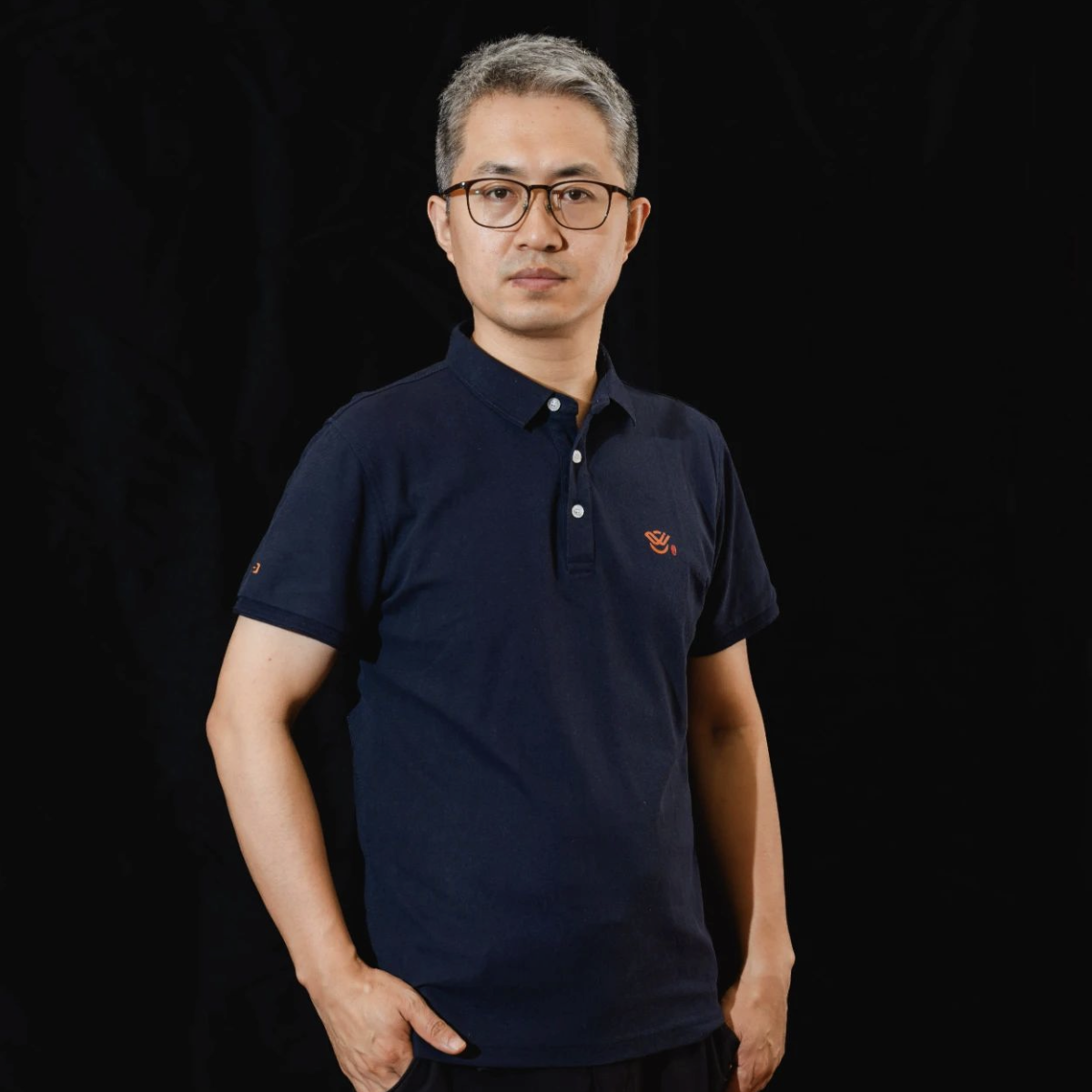
Xi Yongqing
Alibaba Cloud senior network architectXi Yongqing, a senior network architect of Alibaba Cloud, has more than ten authorized patents in the network field, and is currently the person in charge of data center network architecture, leading the design and implementation of Alibaba Cloud HPN intelligent computing cluster network architecture.
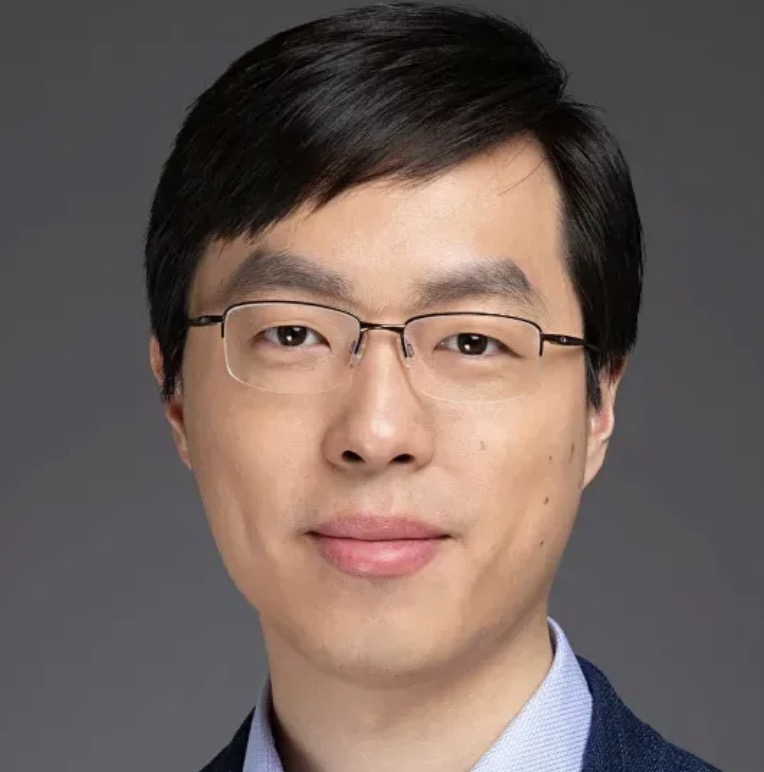
Wang Zhongyuan
Dean of BAAIDean of the BAAI. He was honored as one of the 'Top 35 Innovators Under 35' by MIT Technology Review in 2018. He has held positions at Kuaishou, Meituan, Facebook, and Microsoft Research Asia, where he was responsible for the research and development of core AI technologies. He has published over 80 papers in top international academic conferences and journals, including the Best Paper Award at ICDE 2015
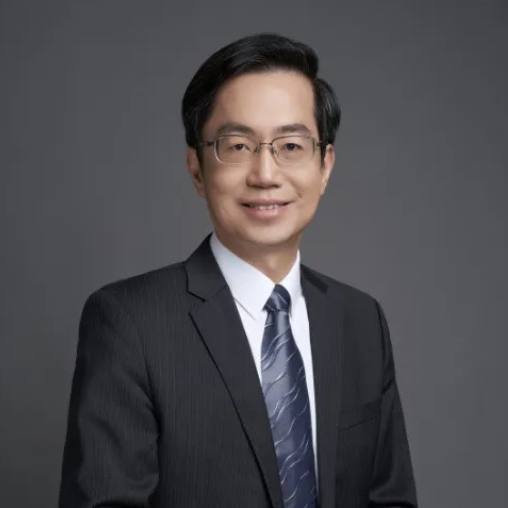
Ma Weiying
Huiyan Chair Professor at Tsinghua University and Chief Scientist at the Institute for AI Industry Research (AIR) at Tsinghua UniversityDr. Ma Weiying is currently the Huiyan Chair Professor at Tsinghua University and the Chief Scientist at the Institute for AI Industry Research (AIR). His research team focuses on the interdisciplinary integration of artificial intelligence in scientific fields, particularly AI-driven drug discovery and generative AI for biology and chemistry. From 2021 to 2023, he served as the Director of the Health Computing Research Center at the Beijing Academy of Artificial Intelligence (BAAI). He was also the Vice President and Head of the AI Lab at ByteDance from 2017 to 2020, where he led the development of numerous AI-driven content creation and dissemination technologies successfully applied to products like Douyin, TikTok, Toutiao, Jianying, and Lark. From 2009 to 2017, Dr. Ma was the Deputy Managing Director of Microsoft Research Asia (MSRA). He led five research teams in areas including web search and data mining, natural language computing, machine learning, social computing, and urban computing, developing technologies integrated into Microsoft Bing and other products. Dr. Ma is a Fellow of ACM and IEEE, with over 300 published papers and 169 patents. He has served as the Program Co-Chair for WWW 2008 and the General Co-Chair for ACM SIGIR 2011.
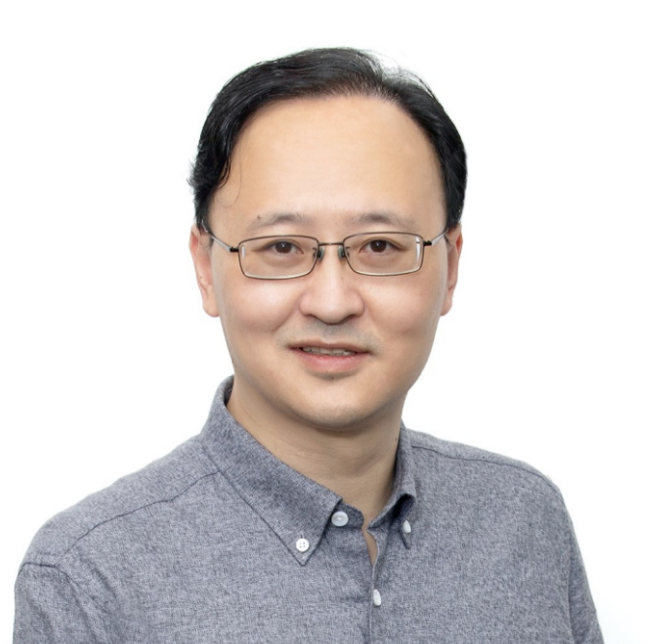
Liu Jia
Chair Professor of Basic Science at Tsinghua University, Director of the Department of Psychology and Cognitive Science. Chief Scientist at Beijing Academy of Artificial IntelligenceProfessor Liu Jia's main research area is the cognitive neural basis of artificial intelligence (AI of Brain & Cognition, ABC), that is, by exploring the connections and information flow between neurons and groups of neurons in the brain, and the basic characteristics of brain neural networks such as non-linearity and multiple time scales, to inspire new theories, new architectures, and new algorithms for brain-like intelligent learning
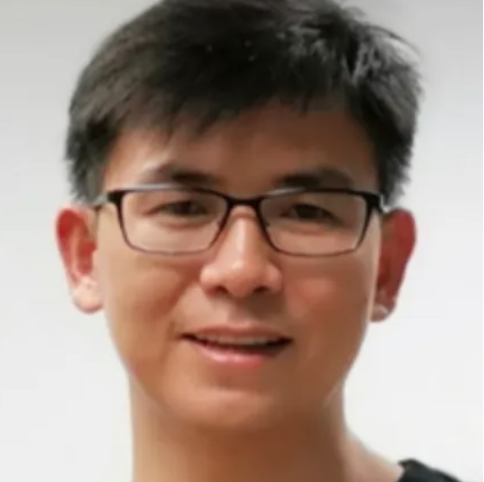
Zhang Qiangfeng
Researcher and Doctoral Advisor at the School of Life Sciences, Tsinghua University, and the Tsinghua-Peking Center for Life SciencesZhang Qiangfeng is a researcher and doctoral advisor at the School of Life Sciences, Tsinghua University, and the Tsinghua-Peking Center for Life Sciences. He has received funding from the National Science Fund for Distinguished Young Scholars, the National Natural Science Foundation's key projects, and the Ministry of Science and Technology's key research and development programs. He obtained his Ph.D. in Computer Science from the University of Science and Technology of China in 2006 and his Ph.D. in Biophysics from Columbia University in 2012, followed by postdoctoral research at Stanford University. Zhang joined Tsinghua University in 2015 and primarily focuses on the interdisciplinary fields of structural biology, genomics, artificial intelligence, and big data. As a corresponding author, he has published over 20 academic papers in journals such as Cell. He has received the fifth Promega Biochemistry Award from the Chinese Society of Biochemistry and Molecular Biology in 2022, the Sanofi-Cell Research Outstanding Paper Award in 2021, and his work was selected as one of the top ten advances in bioinformatics in China in 2019 and 2021. Currently, he is a member of the editorial board of journals such as Molecular Cell and the Chair of the Artificial Intelligence and Life Sciences Committee of the Chinese Bioinformatics Society (in preparation).

Yan Shuicheng
BAAI scholar, Director of the 2050 Global Research Institute at Kunlun WanweiProf. Yan is currently Visiting Chief Scientist at Beijing Academy of Artificial Intelligence (non-profit organization), and former Group Chief Scientist of Sea Group. Prof. Yan Shuicheng is a Fellow of Singapore's Academy of Engineering, AAAI, ACM, IEEE, and IAPR. His research areas include computer vision, machine learning, and multimedia analysis. Till now, Prof Yan has published over 600 papers at top international journals and conferences, with an H-index of 130+. He has also been named among the annual World's Highly Cited Researchers eight times. Prof. Yan's team received ten-time winners or honorable-mention prizes at two core competitions, Pascal VOC and ImageNet (ILSVRC), deemed the “World Cup” in the computer vision community. Besides, his team won more than ten best papers and best student paper awards, particularly a grand slam at the ACM Multimedia, the top-tiered conference in multimedia, including the Best Paper Awards thrice, Best Student Paper Awards twice, and Best Demo Award once.
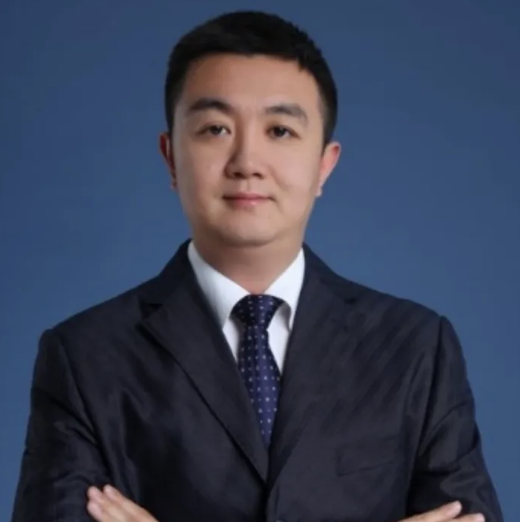
Hong Liang
Distinguished Professor at the Institute of Natural Sciences, the School of Physics and Astronomy, and the School of Pharmacy at Shanghai Jiao Tong UniversityGraduated with a bachelor's degree in Physics from the University of Science and Technology of China in 2004, obtained a master's degree in Physics from the Chinese University of Hong Kong in 2006, and earned a Ph.D. in Polymer Science from the University of Akron, USA, in 2010. Conducted postdoctoral research in computational biology at Oak Ridge National Laboratory in the USA in 2010, and joined Shanghai Jiao Tong University in December 2014. Currently, he is a Distinguished Professor at the Institute of Natural Sciences, School of Physics and Astronomy, and School of Pharmacy at Shanghai Jiao Tong University, as well as the Director of the Center for AI in Biomedicine at the Zhangjiang Institute for Advanced Study of Shanghai Jiao Tong University. He engages in research combining computation, artificial intelligence, and experimental methods to study molecular biophysics and protein design. He was selected as a National High-Level Young Talent in 2016 and a Changjiang Scholar by the Ministry of Education in 2021. He has published over 70 SCI papers in journals such as Nature, PNAS, and PRL. He has participated in and led the development of several innovative algorithms to improve the efficiency of small molecule drug and functional protein research and development.
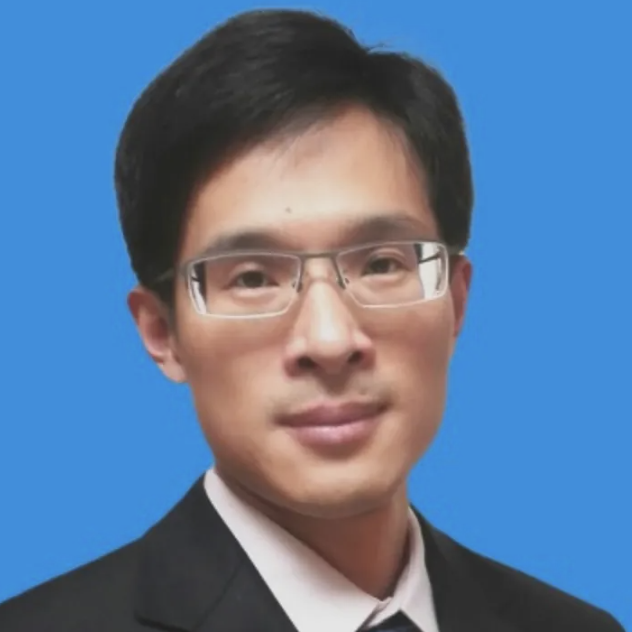
Zhang Weiwei
Changjiang Scholar Distinguished Professor at the School of Aeronautics, Northwestern Polytechnical University,Zhang Weiwei is a Changjiang Scholar Distinguished Professor at the School of Aeronautics, Northwestern Polytechnical University, and Vice Chairman of the Chinese Society of Aerodynamics. He is also the Director of the International Joint Research Institute of Intelligent Fluid Mechanics. Zhang's research focuses primarily on intelligent aerodynamics, aeroelastic mechanics, and aircraft design. He is one of the advocates and key promoters of intelligent fluid mechanics. He has completed over 30 model and pre-research projects for aviation, aerospace, and weaponry units, solving numerous critical technical problems and contributing to the development of major models such as the C919. He has received honors such as the National Outstanding Youth Fund, the Youth Science and Technology Award from the Chinese Society of Aeronautics, and the Youth Science and Technology Award from the Chinese Society of Aerodynamics.Zhang serves as the Chair of the Intelligent Fluid Mechanics Professional Group and the Deputy Chair of the Aeroelastic Mechanics Committee of the Chinese Society of Aerodynamics, as well as the Deputy Chair of the Fluid-Structure Interaction Mechanics Committee of the Chinese Society of Theoretical and Applied Mechanics and the Vice Chairman of the Intelligent Fluid Mechanics Industry Consortium. Additionally, he is the Associate Editor of the Journal of Aerodynamics and serves on the editorial boards of several international journals, including AST, TAML, AAMM, and AIA.
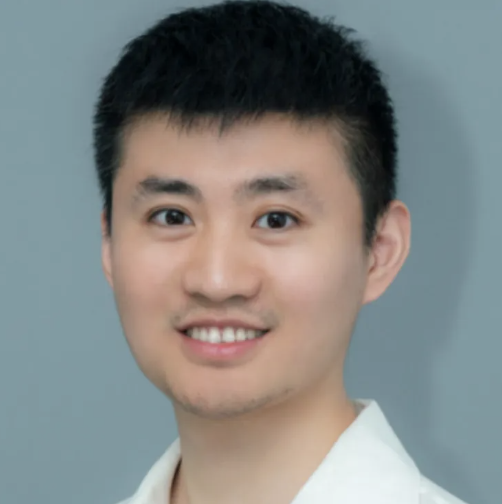
Zhou Hao
Associate Research Fellow at the Institute for AI Industry Research (AIR) at Tsinghua UniversityDr. Zhou Hao is an Associate Research Fellow at the Institute for AI Industry Research (AIR) at Tsinghua University. He previously served as a Research Scientist and Associate Director at ByteDance AI Lab. His research focuses on generative AI for complex symbolic systems, with major applications including large-scale language models, molecular generation, protein design, and new material discovery. He led the development teams for ByteDance's text generation platform and AI-assisted drug design, with products used in over 20 countries and serving more than one billion users. Dr. Zhou has served as an area chair for top AI conferences such as ICML, NeurIPS, ICLR, and ACL, and has published over 80 papers at significant international AI conferences. He has received several honors, including the 2019 Outstanding Doctoral Dissertation Award from the Chinese Association for Artificial Intelligence, a perfect score paper at ICLR 2020 (34 out of 2594), the Best Paper Award at ACL 2021 (1 out of 3350), and the Young Scientist Award from the Chinese Computer Federation's NLPCC in 2021.

Lei Ming
Professor at the University of OxfordProfessor at the University of Oxford, Head of the Cardiac Pharmacology Research Group in the Department of Pharmacology at the University of Oxford. He holds a PhD in Physiology from the University of Oxford and is an internationally renowned cardiac electrophysiologist. He has published over 150 SCI articles in prestigious journals such as Nature Communications, Circulation, and Circulation Research, among others, with an H-index of 49. He serves as an editorial board member for journals such as the British Journal of Pharmacology and the Journal of Molecular and Cellular Cardiology, and is a guest editor for the Royal Society's Philosophical Transactions B. He has led over 20 projects funded by organizations including the Medical Research Council, the British Heart Foundation, the Wellcome Trust, and the Royal Society. His research focuses on the physiological and pathological mechanisms of cardiac ion channels, signal regulation, and pharmacology. In recent years, he has made significant contributions to the study of signal molecule drug targets regulated by ion channels. He recently proposed a novel classification system for antiarrhythmic drugs in his paper "A modernised classification of cardiac anti-arrhythmic drugs" (Circulation. 2018;138:1879–1896), which is expected to have a profound impact on guiding the clinical application of antiarrhythmic drugs and the development of new antiarrhythmic drugs.
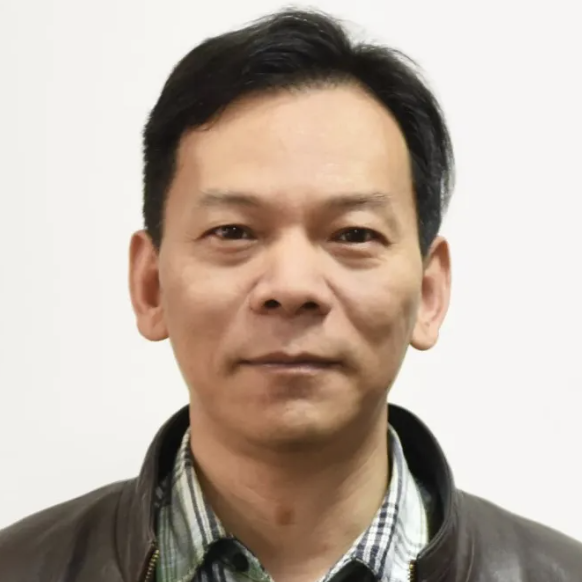
Xia Ling
Professor at Zhejiang University, Deputy Director of the Key Laboratory of Biomedical Engineering of the Ministry of EducationXia Ling, Professor and Ph.D. Supervisor, obtained her Ph.D. in Engineering from Zhejiang University in 1996. She was promoted to Professor in 2002 and previously served as the Director of the Institute of Biomedical Engineering at Zhejiang University and Deputy Director of the Key Laboratory of Biomedical Engineering of the Ministry of Education. Additionally, she holds positions as a director of the Chinese Society of Biomedical Engineering, chairman of the Medical Image Information and Control Branch, and editorial board member of the International Journal of Biomedical Engineering. With a focus on cardiac electrophysiology and magnetic resonance imaging systems, Xia Ling has conducted research and teaching for many years. She has led 7 projects funded by the National Natural Science Foundation, 3 sub-projects of the 973 Program, 1 sub-project of the National Key Research and Development Program, and 1 project of the 863 Program. She has published over 150 SCI and EI indexed papers in domestic and international core journals, authored 1 monograph, and holds more than 10 authorized national invention patents. Xia Ling was awarded the First National Excellent Doctoral Dissertation Award in 1999, selected as a New Century Excellent Talents of the Ministry of Education in 2004, and received the Second Prize of National Technical Invention in 2017 as the principal investigator.
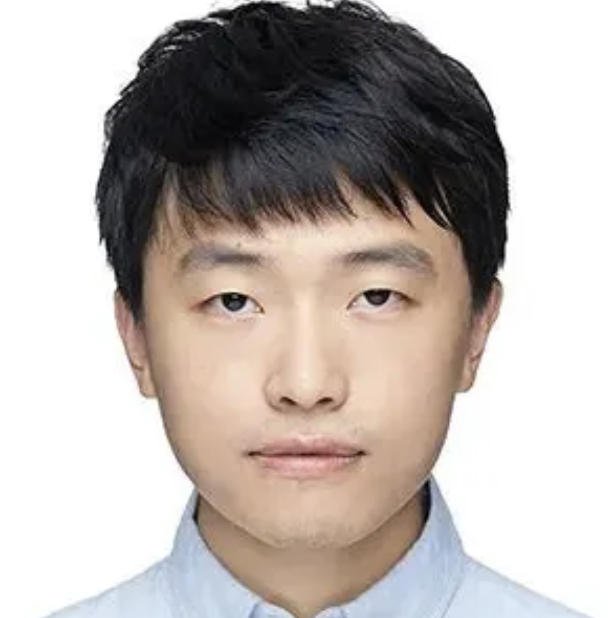
Bao Fan
CTO of Shenshu TechnologyBao Fan received his bachelor's and doctoral degrees from the Department of Computer Science at Tsinghua University, where he conducts research on multimodal large models and diffusion models. He has published over ten papers at top academic conferences in related fields. His first-author paper, "Analytic-DPM," won the Outstanding Paper Award at ICLR 2022, marking the first time a paper independently completed by an institution from mainland China received this award. This paper's core technology was applied to OpenAI's large-scale cross-modal generation model, DALL·E 2. Bao Fan proposed the world's first integrated architecture of Diffusion and Transformer, U-ViT, and based on this architecture, developed the large-scale multimodal generation model UniDiffuser. Recently, he led a team to achieve China's first long-duration, high-consistency, and high-dynamic video generation model, Vidu. Also based on the U-ViT architecture, Vidu supports one-click generation of high-resolution videos up to 16 seconds in length and 1080P in resolution. Vidu has garnered widespread attention from both domestic and international media, including CCTV.
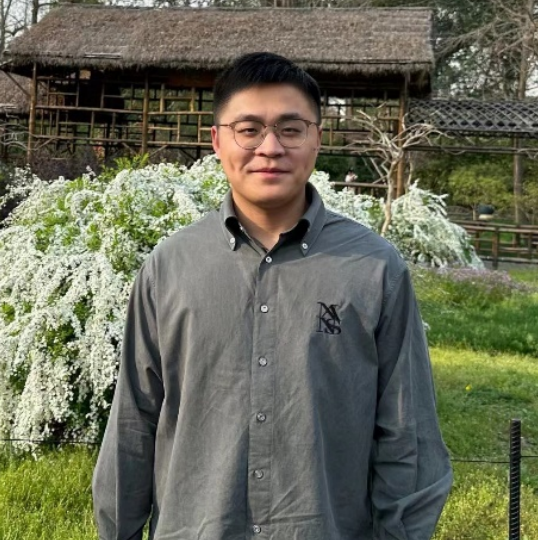
Deng Zhijie
Assistant Professor at Qingyuan Research Institute of Shanghai Jiao Tong UniversityAssistant Professor and Ph.D. supervisor at the Qingyuan Institute of Electrical Engineering, Shanghai Jiao Tong University. The main research directions are generative models and machine learning. He has published over 20 papers as the first corresponding author in conferences and journals such as ICML, NeurIPS, ICLR, CVPR, etc. He has received the NVIDIA Pioneer Research Award. His research work is supported by projects such as the National Natural Science Foundation, Shanghai Science and Technology Innovation Action Plan, and CCF-Baichuan-Yingbo Big Model Fund.
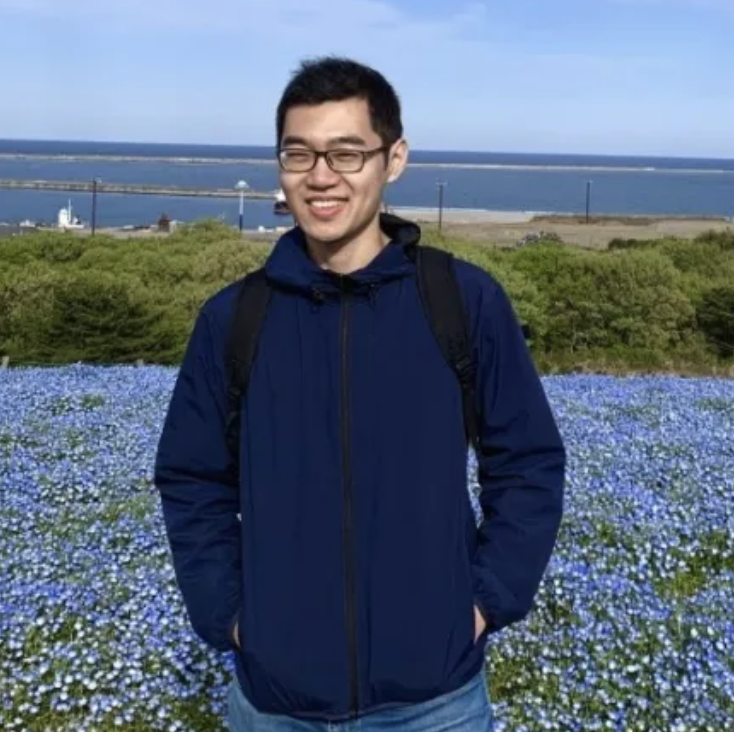
Li Junnan
Independant ResearcherDr. Li, as the CTO of Shenshu Technology, previously led the multimodal team at Salesforce AI Research, where he published numerous high-impact papers, including the BLIP series and the LAVIS open-source framework, advancing the development of multimodal large models. Dr. Li has also contributed high-impact papers in other areas, including visual self-supervised learning, representation learning, and large code models.
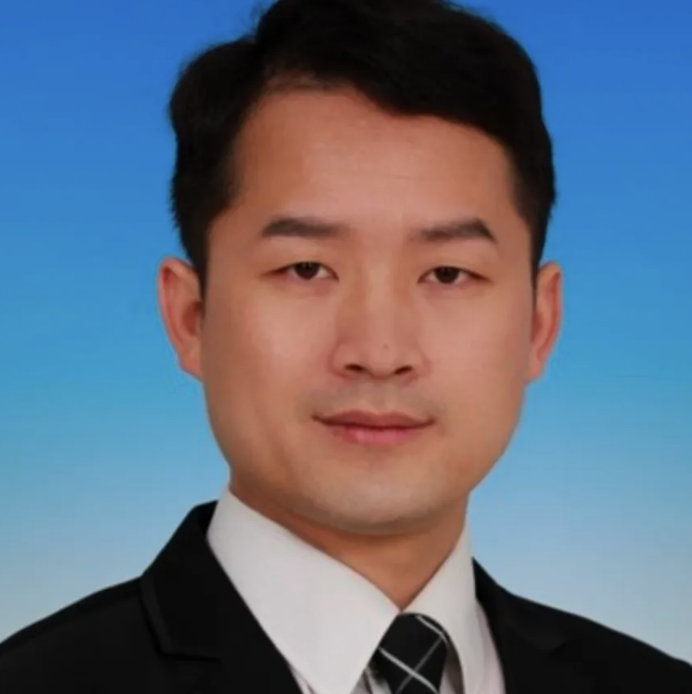
Cheng Mingming
Distinguished Professor and Chair of the Department of Computer Science at Nankai UniversityCheng Mingming is a Distinguished Professor and Chair of the Department of Computer Science at Nankai University. He has led and undertaken projects funded by the National Science Fund for Distinguished Young Scholars, the Outstanding Youth Science Fund, and major projects from the Ministry of Science and Technology. His main research areas are computer vision and computer graphics. He has published over 100 academic papers in SCI Tier 1/CCF Class A journals, including more than 30 papers in IEEE TPAMI, with an h-index of 80 and over 40,000 Google Scholar citations, with the highest single paper citation exceeding 4,700. He has been frequently listed among the world's and China's highly cited researchers. His technical achievements have been applied to flagship products of various organizations, including Huawei and the National Disaster Reduction Center. Professor Cheng has received two First Prizes for Natural Science from the Ministry of Education and two other provincial and ministerial science and technology awards. Three of his doctoral students have won provincial and ministerial outstanding doctoral dissertation awards. He currently serves as Deputy Secretary-General of the China Society of Image and Graphics, Vice Chairman of the Tianjin Artificial Intelligence Society, and an editorial board member of top journals including IEEE TPAMI, IEEE TIP, and Science China Information Sciences.
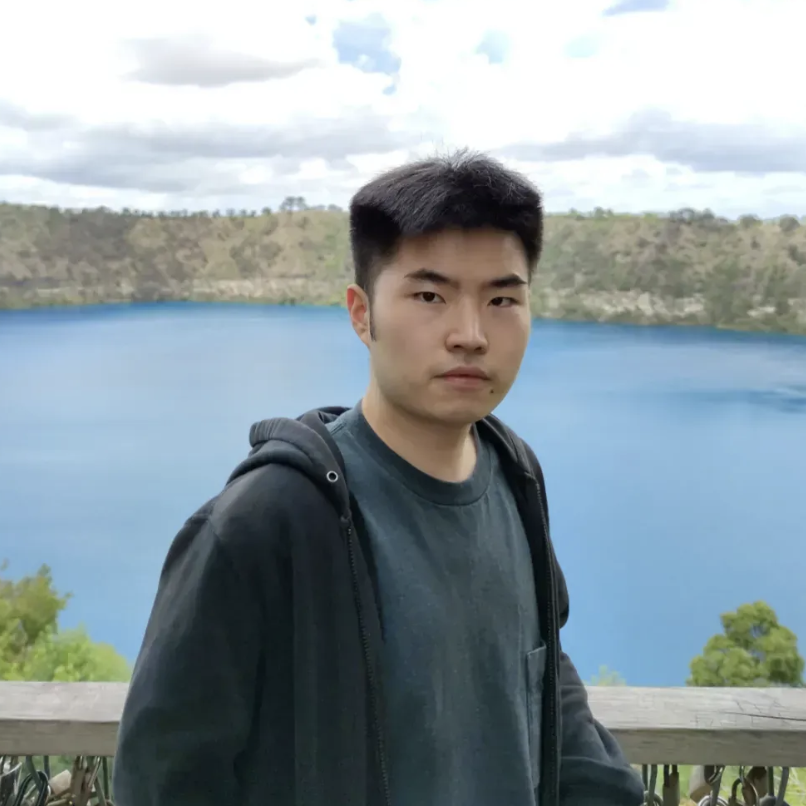
Wang Xinlong
Head of the Vision Model Research Center at BAAIThe translation in English would be: "He graduated with a bachelor's degree from Tongji University and a doctorate from the University of Adelaide in Australia, under the supervision of Professor Chunhua Shen. His research interests are computer vision and basic models, and his recent research work includes visual perception (SOLO, SOLOv2), visual representation (DenseCL, EVA), visual context learning (Painter, SegGPT), multimodal representation (EVA-CLIP, Uni3D), and multimodal context learning (Emu, Emu2). He was selected for the Google PhD Fellowship and the National Overseas High-level Young Talents.
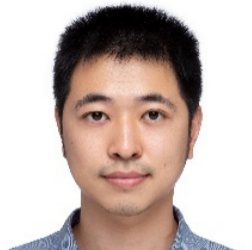
Gu Shuyang
Researcher in the Visual Computing Group at Microsoft Research AsiaGu Shuyang received his Bachelor's and Doctorate degrees in 2017 and 2022 respectively from the Department of Automation, University of Science and Technology of China. He is currently a researcher in the Visual Computing Group at Microsoft Research Asia, with his main research direction being generative models in computer vision. His research interests mainly include the theory and application of Generative Adversarial Networks and diffusion models, exploring the next generation of generative models, and quality assessment of generative models. He has published several papers at conferences such as CVPR, ICCV, ECCV, and served as a reviewer for multiple conferences and journals.

Jiang Tao
Founder and President of CSDNFounder & Chairman of CSDN; Director of the Open Atom Foundation; Vice Chairman of the China Open Source Software Promotion Union (COPU); Executive Member of the Open Source Committee of the China Computer Federation (CCF); Director of the Intelligent Application Branch of the China Software Industry Association; Deputy Secretary-General of the 'Sci-Tech Innovation China' Open Source Innovation Consortium; Founder and Chairman of CSDN, a professional developer community in China.
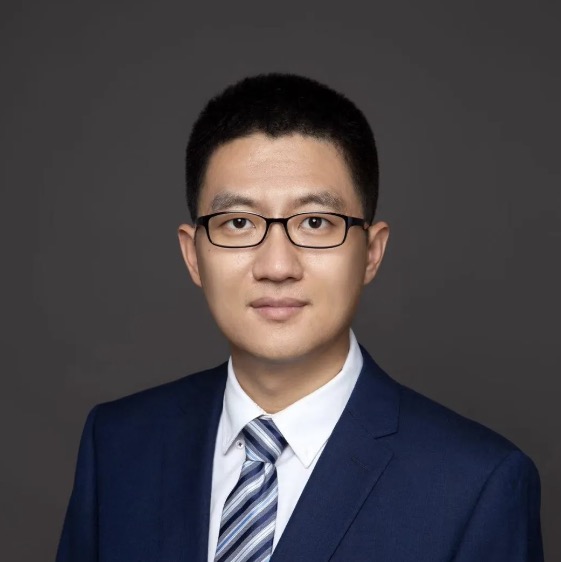
Dai Jifeng
Associate Professor in the Department of Electronic Engineering at Tsinghua University, and leading scientist at the Shanghai Artificial Intelligence LaboratoryJifeng Dai, Associate Professor in the Department of Electronic Engineering at Tsinghua University, Ph.D. supervisor, and leading scientist at the Shanghai Artificial Intelligence Laboratory. He received his Bachelor of Engineering and Ph.D. degrees from the Department of Automation at Tsinghua University in 2009 and 2014, respectively, under the supervision of Professor Jie Zhou. From 2014 to 2019, he worked in the Vision Group at Microsoft Research Asia, serving as a Principal Researcher and Research Manager. From 2019 to 2022, he worked at SenseTime Research Institute, serving as Executive Research Director. In July 2022, he joined the Department of Electronic Engineering at Tsinghua University full-time. His research interests include computer vision and deep learning. He has published over 80 articles in international journals and conferences in related fields, with over 40,000 citations. Several of his papers, represented by deformable convolution, have been included in the authoritative deep learning framework PyTorch as standard operators, having a significant impact in the field of object recognition. He has won the authoritative COCO competition in the field of object recognition for two consecutive years, and subsequent championship systems have also used his proposed algorithms. His proposed algorithm won the authoritative Waymo 2022 competition in the field of autonomous driving perception and received the Best Paper Award at CVPR 2023. He is an editor of the top journal in the field of vision, IJCV, and a field chair of top conferences in the field of vision, NeurIPS, ICCV, CVPR, ECCV, ICLR, and the publicity chair of ICCV 2019.
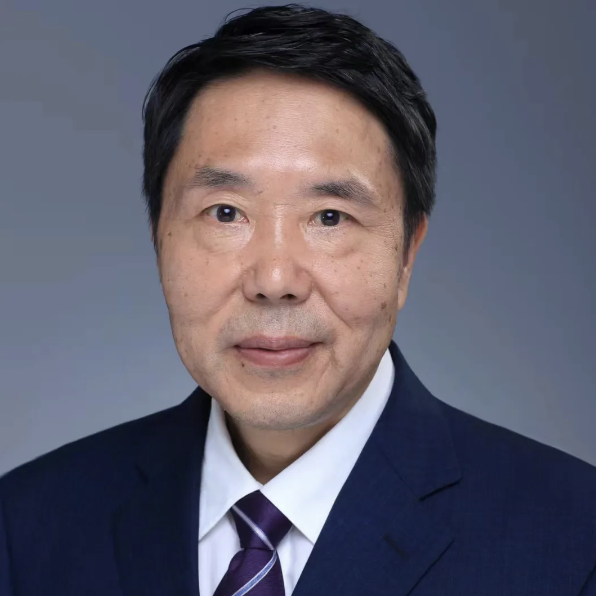
Wang Kuanquan
Director of the Perception Computing Center at Harbin Institute of Technology, specializing in the field of medical imaging.Doctor, Professor, and Doctoral Supervisor at Harbin Institute of Technology. He serves as the Deputy Director of the Perception Computing Research Center. Additionally, he is the leader of the Computer Technology Collaboration Group of the National Engineering Master's Degree Education Steering Committee. He is also a Senior Member of IEEE, the China Computer Federation, and the Chinese Society of Biomedical Engineering. His main research interests include image processing and pattern recognition, biometric recognition, computational biology, virtual reality, and visualization. He has led over 10 national-level projects funded by the National Natural Science Foundation and the National 863 High-Tech Program. He has published over 150 papers, including more than 40 SCI-indexed and over 70 EI-indexed papers. He has authored 4 academic monographs, obtained 6 patents, and won the Second Prize of National Teaching Achievement Award.

Lu Zhiwu
Professor at Renmin University of ChinaProfessor and Ph.D. supervisor at Gaoling School of Artificial Intelligence, Renmin University of China. Graduated with a Master's degree in Science from the Department of Information Science, School of Mathematical Sciences, Peking University in 2005; obtained a Ph.D. from the Department of Computer Science, City University of Hong Kong in 2011. Research interests include machine learning and computer vision. Designed the first general-purpose multimodal pre-training model for Chinese, Wenlan BriVL. Published the first paper in the multimodal field in a Nature sub-journal. Released the video generation base VDT similar to Sora earlier than OpenAI
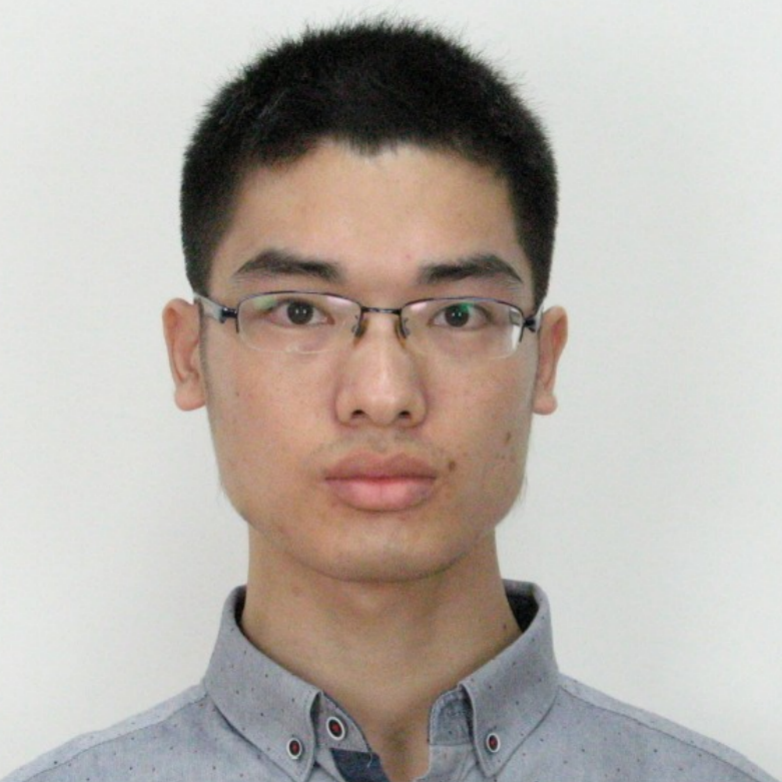
Chen Feiyu
BAAI Compiler Development EngineerFeiyu Chen, received his Bachelor's and Master's degrees from Tsinghua University in 2016 and 2019 respectively. He is an AI Compiler Development Engineer at Z BAAI, and a developer of the FlagGems and FlagAttention operator library projects. He has previously worked at Baidu, where he participated in the development of deep learning frameworks.

Li Jianping
Director of the Cardiovascular Disease Institute at Peking University First Hospital, Lead of the Peking University First Hospital-Zhiyuan Joint LaboratoryVice President of Peking University First Hospital, Director of the Cardiovascular Disease Institute, Chief Physician, Professor, and Doctoral Supervisor. Deputy Director of the National Key Laboratory of Vascular Homeostasis and Remodeling, Deputy Director of the Key Laboratory of Cardiovascular Molecular Biology and Regulatory Peptides of the National Health Commission (Peking University), and Deputy Director of the Vascular Health Research Center of Peking University Health Science Center. Currently serves as a member of the Cardiovascular Medicine Branch of the Chinese Medical Association, an executive member and head of the Hypertension Group of the Cardiovascular Physician Branch of the Chinese Medical Doctor Association, an executive director and chairman of the Cardiovascular Health Medicine Branch of the China International Exchange and Promotive Association for Medical and Health Care, and vice president of the Cardiovascular Medicine Specialty Physician Branch of the Beijing Medical Doctor Association, among other academic positions.
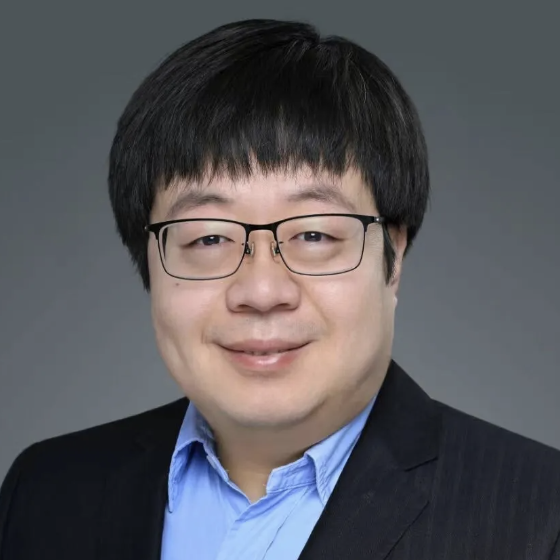
Li Qince
Assistant Professor at Harbin Institute of Technology, specializing in medical imaging and simulation computingLi Qince, Associate Researcher, Deputy Director of the Perception Computing Research Center, School of Computer Science and Technology, Harbin Institute of Technology. He is responsible for the course "Introduction to Artificial Intelligence" and serves as the leader of the "Intelligent Pedestal" project responsible for the construction of artificial intelligence courses at Harbin Institute of Technology. He received his Bachelor's degree in Physics and Astrophysics from the University of Manchester in 2007 and his Ph.D. in Biophysics in 2012. Between 2013 and 2015, he worked as a postdoctoral researcher at the University of Alabama at Birmingham School of Medicine. In 2015, he was appointed as an Associate Researcher at Harbin Institute of Technology as a young top-notch talent. His research interests include biological system modeling, medical image processing, electrocardiogram signal analysis, optogenetics, etc. He has published over 60 academic papers in prestigious international journals (such as Medical Image Analysis, IEEE Journal of Biomedical and Health Informatics, Plos Computational Biology, Biophysical Journal) and important international conferences, with over 20 papers indexed in SCI journals. In the past five years, he has been the principal investigator and participant in several research tasks funded by the National Natural Science Foundation of China, including youth, general, and key projects.

Li Zhixin
BAAI Compiler Development EngineerZhiXin Li, an AI Compiler Development Engineer at BAAI, is a main developer of the FlagGems operator library project. He received his Bachelor's and Master's degrees from Peking University in 2020 and 2023 respectively, under the guidance of Professor Yun Liang
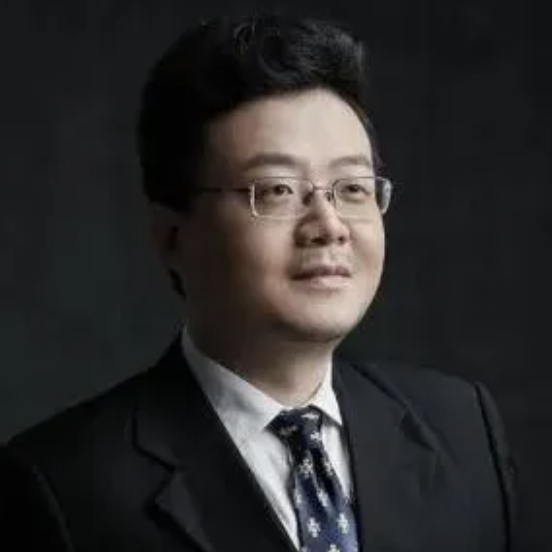
Pan Junjun
Beihang University Professor, Interdisciplinary Research in Medical EngineeringProfessor at the School of Computer Science and Engineering, Beihang University, doctoral supervisor, and recipient of the National Ten Thousand Talent Program for Young Top-notch Talents. Currently holds positions in various academic associations, including Secretary-General of the Medical Simulation Committee of the China Simulation Society and Vice Chairman of the Virtual Technology Committee of the Simulation Medicine Department of the Wu Jieping Medical Foundation. His main research areas include virtual reality, computer animation, and surgical navigation. He has published over 80 academic papers in top-tier and well-known journals and academic conferences such as IEEE Transactions on Medical Imaging, IEEE TVCG, and IEEE VR. He holds 16 patents at home and abroad and has achieved technological transformation in three projects. He has undertaken multiple national-level projects. He is a "Bournemouth University Scholar," a participant in Beihang University's "Hundred Talents Program," and a recipient of the "Newton Fund" from the Royal Society of the United Kingdom. He has led a team to develop the "Virtual Laparoscopic Surgery Comprehensive Training System" with independent intellectual property rights in China, which has been industrialized and applied in multiple hospitals. He has received honors such as the Global Visiting Fellowship Award from the United Kingdom (with only five global winners), the First Prize of Science and Technology Progress Award from the China Electronics Society, and the First Prize of China's Industry-University-Research Cooperation Innovation Achievement Award.

Liu Fawang
Deputy Director of the Equipment Industry Development Center of the Ministry of Industry and Information TechnologyDoctor of Computer Applications, Senior Engineer, Deputy Director of the Equipment Industry Development Center of the Ministry of Industry and Information Technology, currently serving concurrently as the Secretary-General of the Vehicle Product Technology Committee of the Ministry of Industry and Information Technology, Secretary-General of the Intelligent Networked Vehicle Promotion Group (ICV-2035) of the Ministry of Industry and Information Technology, and Secretary-General of the General Aviation Industry Innovation Alliance, among other positions

Gao Wen
比亚迪汽车工业有限公司汽车新技术研究院智能驾驶研发中心感知实验室主任,副总工程师、感知算法专家Doctor in Machine Vision, focused on image processing, computer vision, artificial intelligence, embedded system development and product delivery for fifteen years, with rich relevant experience. Committed to the development, experimentation and research related to the perception ability of autonomous vehicles, currently in charge of multiple perception sensor display projects, safeguarding the company's mass production and forward-looking pre-research projects
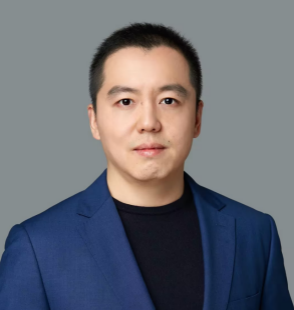
Ma Jun
Deputy General Manager of Xpeng Auto Autonomous Driving CenterDoctor of Engineering, Senior Engineer, responsible for autonomous driving function development, system integration and functional implementation work
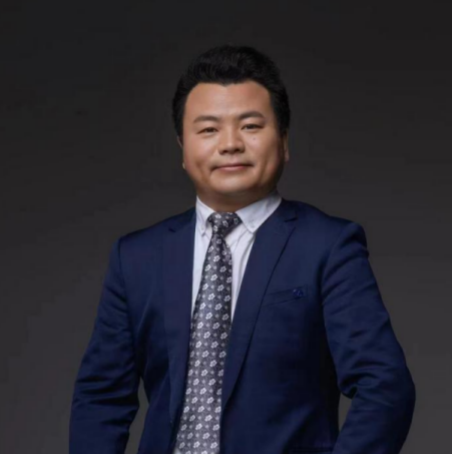
Liang Fenghua
Deputy General Manager of Changan Automobile Intelligent Research Institute, General Manager of Chongqing Changxian Intelligent Technology Co., LtdSenior Engineer, currently serving as the Deputy General Manager of Changan Automobile Intelligent Research Institute and the General Manager of Chongqing Changxian Intelligent Technology Co., Ltd. He led the completion of 17 key technologies such as remote valet parking for the first mass production of Chinese brands, and led the team to achieve 'the world's first Guinness record of 55 autonomous driving cars parade' and other 'sixteen' milestone achievements. He has won honors such as the Chongqing Science and Technology Progress First Prize, the China Automotive Industry Science and Technology Award First Prize, and the Ordnance Group Science and Technology Progress Award First Prize. He led the formulation of the national standard 'Classification of Automobile Driving Automation'

Bai Yuli
Head of NIO's Artificial Intelligence Platform, Senior R&D DirectorManaging the data, tools, and large-scale infrastructure required for AI R&D, dispatching more than 200 EOPS of edge-cloud hybrid computing capabilities. Previously, as the head of Momenta's infrastructure platform, led the team to build high-performance AI platform solutions. Graduated from Yonsei University in South Korea with a major in computer science, and served as a full-stack engineer in a well-known education and entertainment company in South Korea.
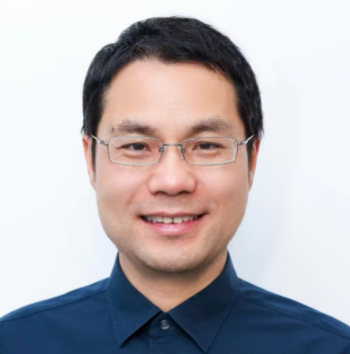
He Xiang
Data Intelligence Scientist at Haomo Intelligent Technology Co., LtdWith 15 years of experience in the field of large-scale data mining and artificial intelligence, I have extensive experience in multi-modal large models for autonomous driving and data-driven cognitive intelligence

Yang Qiang
Deputy General Manager of Beijing Saimo Technology Co., LtdFocused on the research and design development of autonomous driving simulation systems, with extensive experience in the design and development management of on-board ECU. The main areas of technical research include the Linux operating system, parallel/distributed computing, 3D graphics rendering, machine learning, FuSa, SOTIF, etc

Shi Botian
Young Scientist of Shanghai Artificial Intelligence Laboratory and Head of Intelligent Transportation Platform GroupDoctor in Computer Science and Technology. Research directions are autonomous driving, neural rendering and scene reconstruction, simulation engine and generative model. He proposed the first prototype system for autonomous driving decision-making based on large language models, and proposed the use of fast and slow systems combined with memory mechanisms to realize the reasoning and reflection of autonomous driving Corner Case. At the same time, for the high-quality environmental policy, he proposed the autonomous driving closed-loop simulation engine 'Lingjing OASim' with neural rendering and traffic flow generation technology as the core. The team, with the exploration of new technical routes as its gene, has received attention and evaluation from Greg, the co-founder of OpenAI, for its research results related to autonomous driving
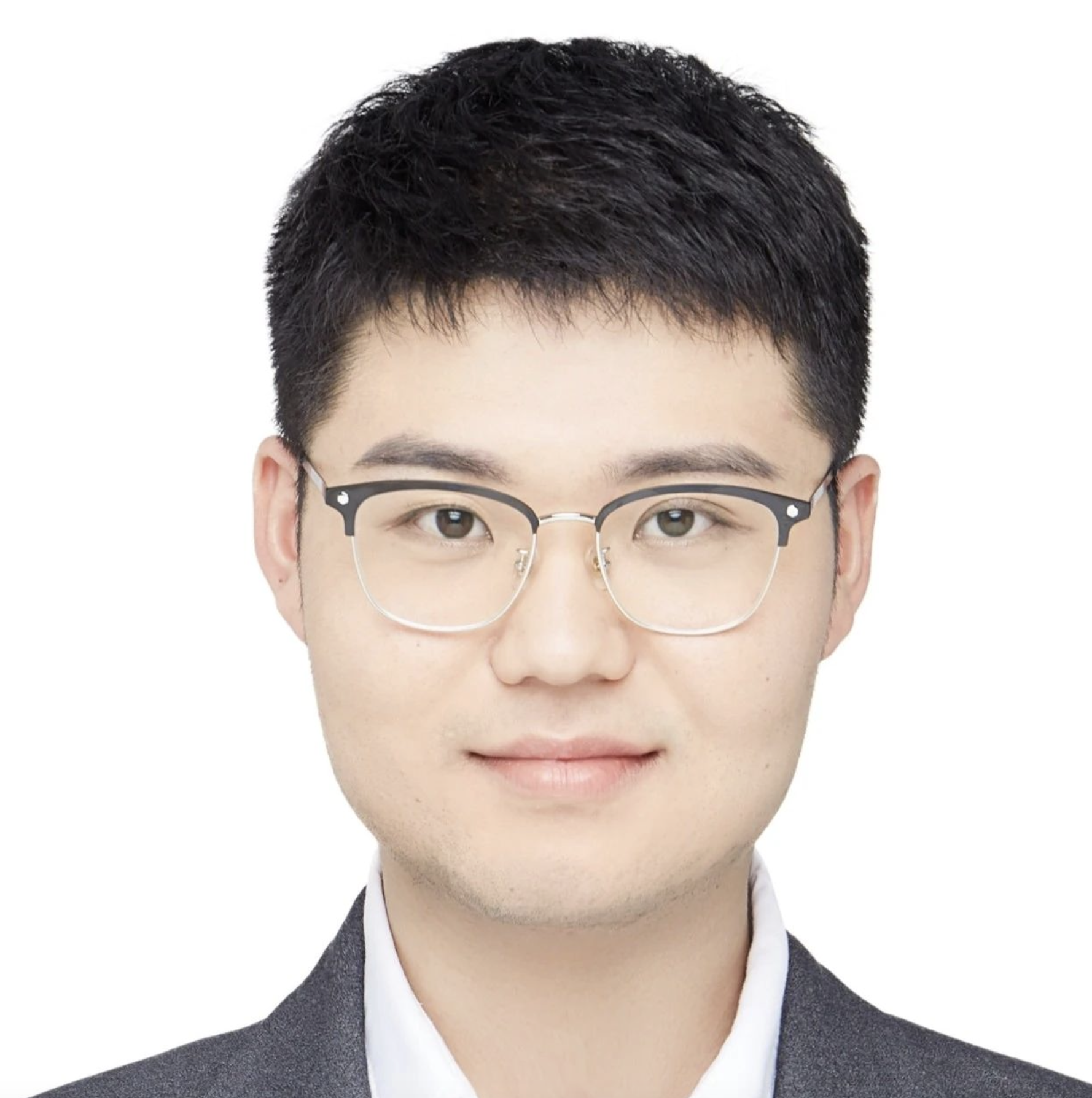
Hong Shenda
Assistant Professor at the National Institute of Medical and Health Big Data at Peking University.Assistant Professor, Associate Researcher, and Ph.D. Supervisor at the National Institute of Health and Medical Big Data at Peking University. His research focuses on artificial intelligence algorithms for medical time-series data such as electronic medical records and physiological signals, as well as their clinical applications. Currently, he is leading one project funded by the National Natural Science Foundation for Young Scientists. He has published over 50 papers in conferences and journals such as TPAMI, TKDE, KDD, WWW, ICML, AAAI, and IJCAI, with more than 30 papers as the first/ corresponding author. He serves as an Associate Editor for the SPJ Health Data Science journal and as a PC Member or reviewer for conferences and journals including KDD, ICLR, ICML, NeurIPS, The Lancet Digital Health, and NPJ Digital Medicine. He has received awards such as the First Place in the PhysioNet Challenge 2017 and the National Gold Award in the 5th China "Internet+" College Students Innovation and Entrepreneurship Competition. Some of his related products have obtained medical device registration certificates.
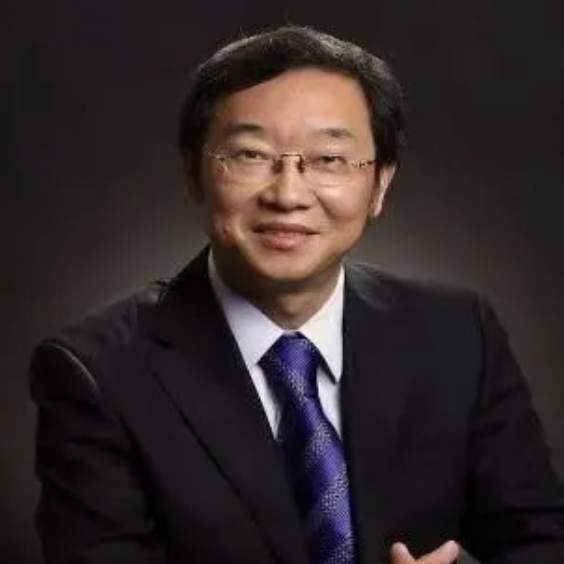
Zhu Tiangang
Chief Physician in the Department of Cardiology at Peking University People's HospitalZhu Tiangang is the Chief Physician, Professor, and Postdoctoral Fellow in the Department of Cardiology at Peking University People's Hospital. He also serves as the Director of the Echocardiography Department at Peking University People's Hospital. With a focus on clinical practice, research, and teaching in cardiovascular diseases, he specializes in the diagnosis and treatment of congenital heart disease, cardiomyopathy, rheumatic heart disease, and coronary heart disease. He is currently a Lifetime Honorary Member of the American Society of Echocardiography, Executive Director of the Asia-Pacific Society of Echocardiography, Executive Director of the China International Health Care Exchange Promotion Association, Deputy Director of the Ultrasound Cardiology Committee of the Chinese Medical Association, Deputy Director of the Medical Health Big Data and Digital Medical Branch of the China International Health Care Exchange Promotion Association, Deputy Director of the Ultrasound Branch of the China International Health Care Exchange Promotion Association, Executive Committee Member of the Chinese Anti-Cancer Association's Integrated Oncology Cardiology Branch, Member of the Cardiomyopathy Group of the Chinese Society of Cardiology, Vice President of the Beijing Ultrasound Medical Association, and Committee Member of the Echocardiography Branch of the Chinese Society of Ultrasound Medical Engineering.
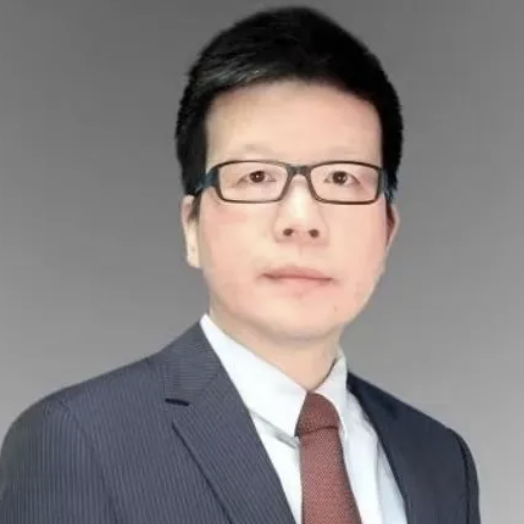
Long Deyong
Executive Director of the Arrhythmia Center at Anzhen HospitalChief Physician, Professor, and Supervisor of doctoral candidates, currently serving as the Deputy Director of the Arrhythmia Center at Beijing Anzhen Hospital. Concurrently, holds the position of Deputy Director of the Chinese Society of Arrhythmia and Deputy Director of the Youth Committee of the Cardiology Branch of the Chinese Medical Association. Specializes in catheter ablation for challenging cases such as atrial fibrillation and complex ventricular tachycardia. Has participated in or led over 20 national-level research projects, published over 100 SCI papers, and obtained more than 10 national patents.
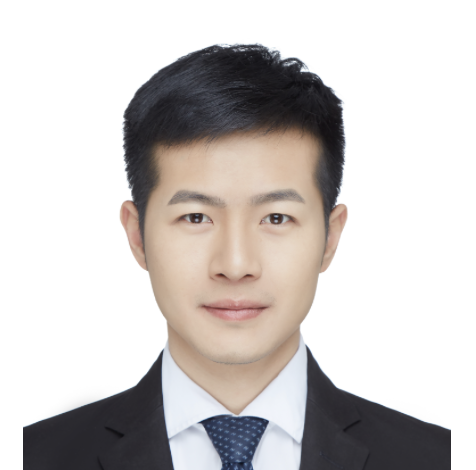
Qian Chen
Postdoctoral Fellow at Tsinghua UniversityA Ph.D. from the School of Software, Tsinghua University, currently a postdoctoral fellow at the Natural Language Processing Laboratory (THUNLP) of Tsinghua University, a Shuimu Scholar of Tsinghua University, with main research directions in pre-training models, autonomous intelligent agents, and collective intelligence. The co-supervisors are Professors Sun Maosong and Liu Zhiyuan. He has published several papers as the first author in international academic conferences or journals related to artificial intelligence, information management, software engineering, etc., such as ACL, SIGIR, ICLR, AAAI, CIKM. In terms of collective intelligence, he presided over the release of the large language model-driven collective collaboration framework ChatDev, the collective co-learning paradigm Co-Learning, the collective collaborative network MacNet, and participated in the construction of the multi-agent platform AgentVerse for task completion and social simulation. Among them, ChatDev has received more than 24,000 star attention on Github, the world's most influential open-source platform, and has given birth to a series of research directions oriented towards task resolution, and has received high praise from many well-known scholars and companies at home and abroad. Professor Andrew Ng (one of the most authoritative scholars in the field of artificial intelligence and machine learning in the world) published the latest trends and insights on intelligent agents in March 2024, and discussed ChatDev as the only representative case

Ibrahim Haddad
Head of LF AI & Data Foundation and PyTorch FoundationDr. Ibrahim Haddad is Vice President of Strategic Programs (AI & Data) at the Linux Foundation, where he collaborates with the largest technology companies and open source projects. He's focused on facilitating a vendor-neutral environment for advancing the open source AI platform and empowering generations of open source innovators by providing a neutral, trusted hub for developers to code, manage, and scale open source technology projects. In this role, Haddad leads the LF AI & Data Foundation and the PyTorch Foundation. His work, and the work of both Foundations, support companies, developers, and the open source community in identifying and contributing to the technological projects that address industry and technology challenges for the benefit of all participants. Before the Linux Foundation, he served as Vice President of R&D and the Founder and Head of the Global Open Source Division at Samsung Electronics based in Silicon Valley. During his tenure at Samsung, he established the global open source division, executed Samsung's open source strategy, launched internal and external R&D collaboration projects with universities and other organizations, supported M&A and corporate VC activities via SamsungNEXT, and represented Samsung in various open source foundations and consortia. Throughout his career, Haddad held technology and portfolio management roles at Ericsson Research, the Open Source Development Labs, Motorola, Palm, Hewlett-Packard, and the Linux Foundation. He graduated with Honors from Concordia University (Montréal, Canada) with a Ph.D. in Computer Science. Haddad is fluent in Arabic, English, and French.
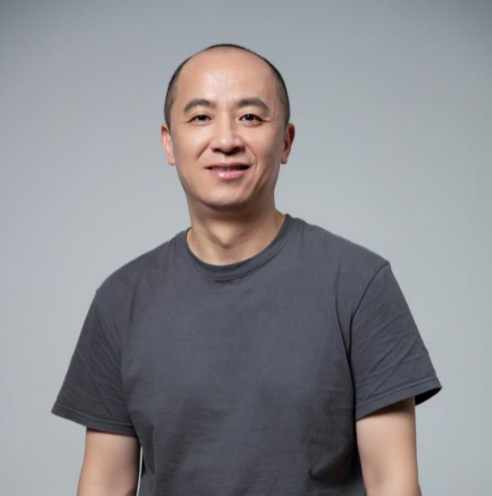
Liu Xun
Data Governance with LLM-Driven Next-Gen Data CatalogsLiu Xun, the co-founder and COO of Datastrato, has twenty years of software development experience. He previously led the research and development and management of big data systems at NetEase and Didi. He is also a member of the Apache Software Foundation and an incubator mentor, where he has incubated multiple open-source projects. He is also a committer member of Apache Hadoop and Zeppelin.
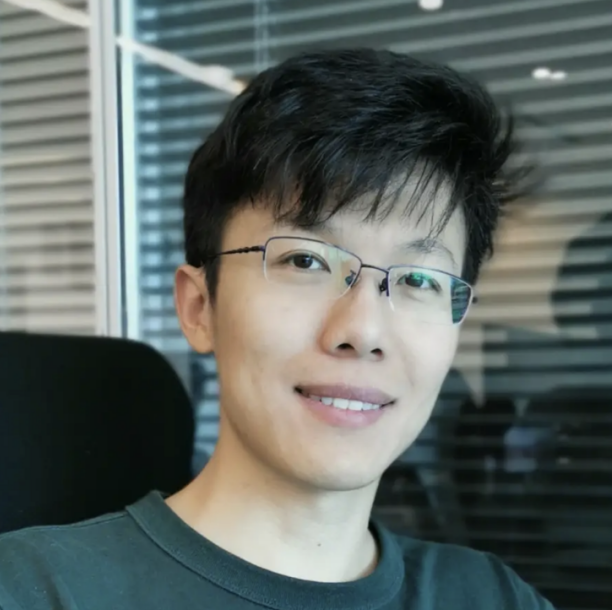
Guo Rentong
Partner and Product Leader at ZillizRentong Guo, Partner and Product Leader at Zilliz, standing committee member of the CCF Distributed Computing and Systems Committee. He focuses on developing efficient and scalable data analysis systems for AI, and is the system architect of the Milvus and Towhee projects. His work has been published in top international conferences and journals such as SIGMOD, VLDB, USENIX ATC, ICS, DATE, IEEE TPDS. Before joining Zilliz, he worked at Huawei as a core R&D member of the ModelArts platform. Rentong Guo holds a PhD in Computer Software and Theory from Huazhong University of Science and Technology.
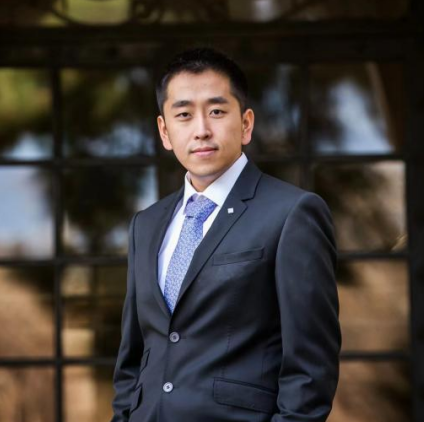
Huang Zhipeng
Director of Huawei's Open Source AI EcosystemCurrently serving as the Director of Huawei's Open Source AI Ecosystem. Also serving as a director of the LFAI & Data Foundation, a member of the technical committees of open source organizations such as the OpenI community of Qi Zhi, the Private Computing Forum, the Kubernetes Policy Working Group, and the leader of the Policy team in the CNCF Foundation's Security Interest Group. Founder of the OpenStack Cyborg project, and leading the team to participate in open source communities such as ONNX, Kubeflow, Akraino. Has given keynote speeches at top international open source summits such as the OpenStack Summit, Cloud Native Con/KubeCon, and has also shared topics at multiple international summits such as LinuxCon, RISC-V Summit
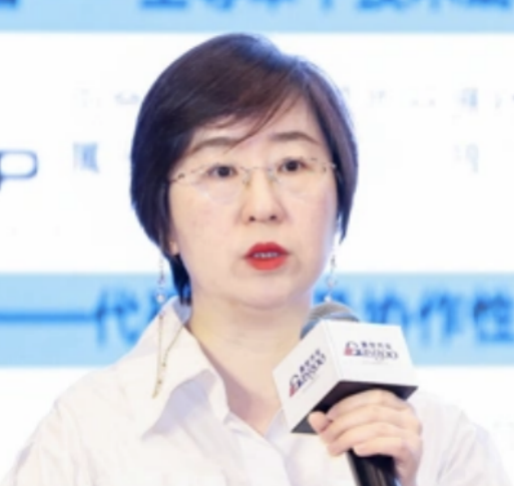
Zhang Junxia
中国信息通信研究院知识产权与创新发展中心产业发展研究部主任,高级工程师Zhang Junxia, currently the Director of the Industrial Development Research Department of the Intellectual Property and Innovation Development Center of the China Academy of Information and Communications Technology, Senior Engineer. She has been engaged in scientific and technological innovation and intellectual property research for 20 years, focusing on open source, new generation communication technology and internet technology, basic software, integrated circuit fields, supporting government-related industry scientific and technological innovation and intellectual property policy research, and providing consulting services for enterprises. She holds positions such as the head of a national major project on intellectual property and a startup mentor at a double-creation base; she has presided over or completed nearly a hundred provincial and ministerial level projects; she has published more than thirty academic papers and conference reports
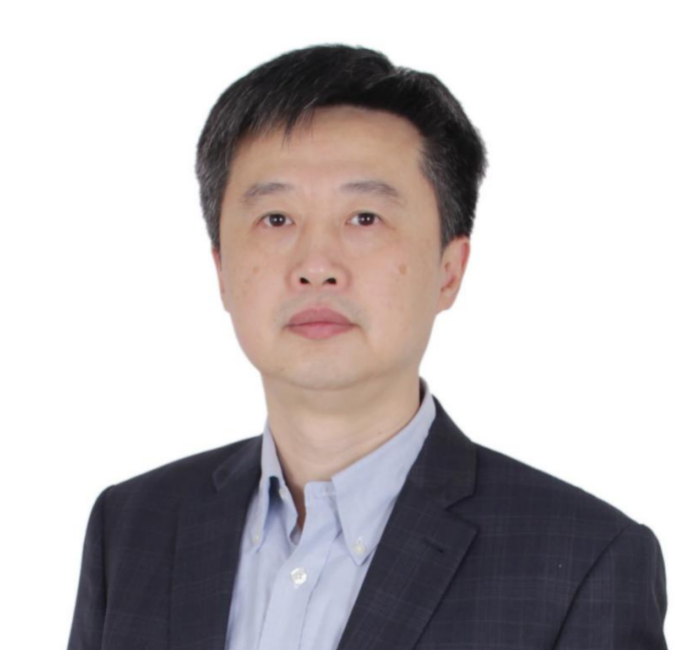
Yang Xuan
Vice President of the Linux Foundation Asia PacificYang Xuan, Vice President of the Linux Foundation Asia Pacific. He has over 20 years of experience in the software industry and has served as the chief representative of several large international software companies in the Greater China region. He is currently responsible for the development of the open source ecosystem in the Asia Pacific region of the Linux Foundation, including areas such as artificial intelligence, edge computing, open source compliance, and talent cultivation. He has extensive experience in enterprise open source strategy, AI applications, software supply chain security, application development, enterprise digital transformation practices, and open source community operation and governance
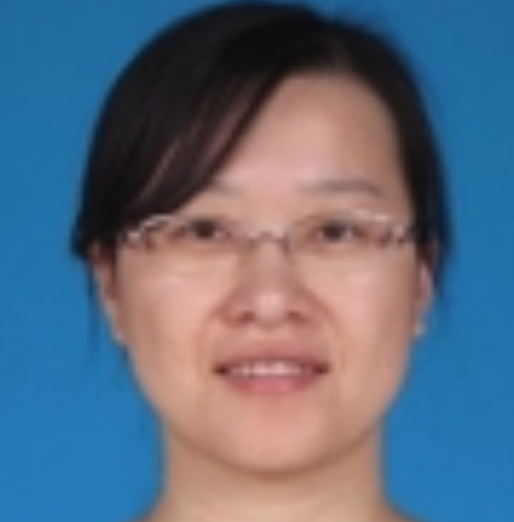
Yang Xi
Head of Intelligent Evaluation at BAAIHead of Intelligent Evaluation at BAAI Ph.D. from Peking University, Postdoctoral Fellow at the Institute of Computing Technology, Chinese Academy of Sciences. Mainly engaged in the research of large model evaluation, the large model evaluation platform "Tiancheng" that he led the construction of has evaluated more than a hundred large models at home and abroad; he has in-depth research and successful productization experience in automatic grading of subjective questions, oral ability evaluation and diagnosis, etc.
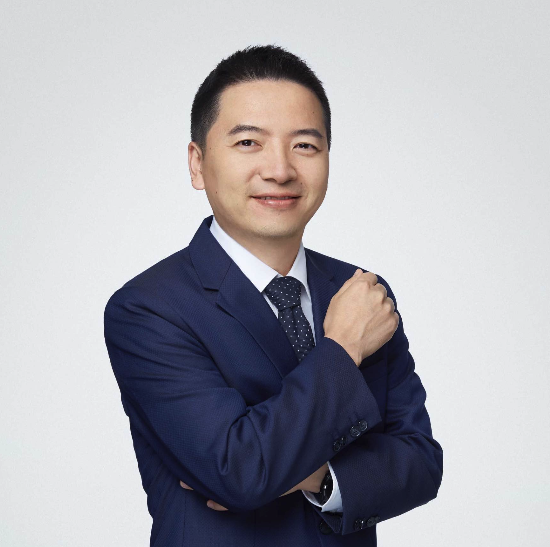
Li Dahai
Co-founder and CEO of ModelBest, one of China’s top Large-Scale Model CompanyWith 12 consecutive years of entrepreneurial experience, he was also a former Partner, CTO, and Senior Vice President at Zhihu. He graduated with a Master's degree from the School of Mathematical Sciences at Peking University. After graduation, he joined Google and became one of the founding employees of Google China. Later, he served as the Director of Engineering at Yunyun.com and the Head of Search Technology at SnapPea. He possesses top-tier expertise in technical system architecture, strategic planning, technical management, and commercialization.
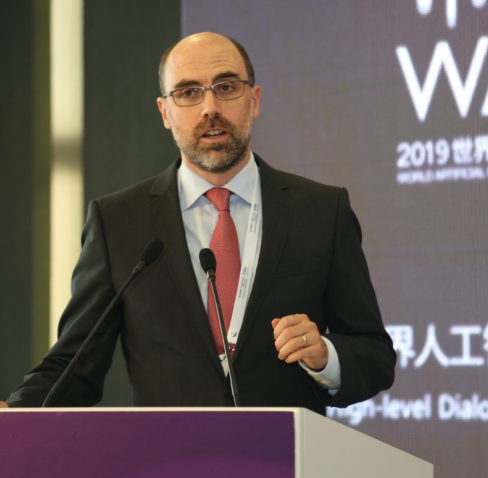
Allan Dafoe
Director of Frontier Safety and Governance at Google DeepMindProfessor Allan Dafoe is the Director of Frontier Safety and Governance at Google DeepMind. He is also the founding director and board member of the AI Governance Center at Oxford University, as well as the founder and trustee of the Cooperative AI Foundation. He has played a key role in establishing the field of AI governance and safety, his research work has been published in the 'Oxford Handbook of AI Governance', and presented at leading international conferences such as ICML

Huang Wenhao
Co-founder of 01 AICo-founder of 01 AI,He holds a Ph.D. from Peking University and has served as the technical director of the Health Computing Research Center at the Beijing Academy of Artificial Intelligence, the head of the Innovation Application Laboratory, and the chief researcher at Microsoft Research Asia. In recent years, he has been mainly engaged in the research of large language models and multi-modal models, responsible for the training and release of Zero One IoT's large model yi-large, including multiple open-source models such as yi-34B, achieving excellent results on LMSYS, huggingface llm leaderboard. Prior to this, he has extensive experience in empowering enterprise intelligence and financial investment using AI technology. His research results have been practically applied in Microsoft's natural language understanding platform LUIS, Office, Teams, Bot Framework and other products, with actual users exceeding 3 billion. He has published more than fifty papers in the field of artificial intelligence at ICLR, AAAI, CVPR and other conferences.
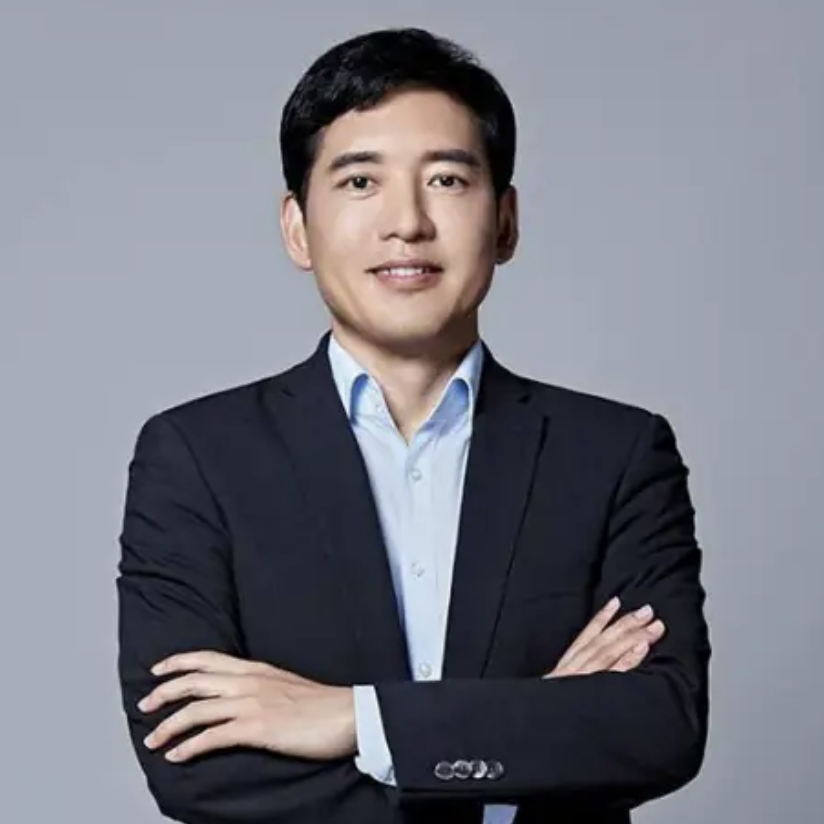
Zhang Jianwei
Foreign Academician of the Chinese Academy of Engineering, Distinguished Visiting Professor at Tsinghua UniversityForeign Academician of the Chinese Academy of Engineering, Academician of the German Academy of Engineering, Professor at the University of Hamburg, Director of the Institute for Multimodal Intelligent Systems, Distinguished Visiting Professor at Tsinghua University

Chris Painter
Policy Director of Model Evaluation and Threat Research (METR)Chris Painter is the Policy Director of Model Evaluation and Threat Research (METR), formerly known as ARC Evals. METR is a research-oriented non-profit organization dedicated to evaluating whether cutting-edge AI systems may pose catastrophic risks to society. They work with leading AI companies in the West to assess the dangerous capabilities of their models. The focus of their work is on evaluating the autonomy of AI systems. METR is also one of the first organizations to propose the concept of responsible scaling policy
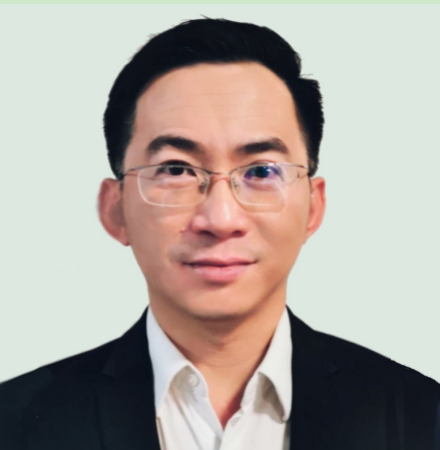
Eric Tan
Executive AI Scientist of Biztech Group, Infocomm Media Development Authority (IMDA), SingaporeDr. Eric Tan is the Executive AI Scientist of Biztech Group at the Infocomm Media Development Authority (IMDA) of Singapore. He has played a significant role in popularizing AI models, with a particular focus on computer vision and natural language processing. He earned his Ph.D. in Computer Science from the City University of Hong Kong. IMDA, along with its public-private initiative AI Verify Foundation, is at the forefront of developing AI risk classification and testing toolkits. In June 2024, AI Verify launched the Moonshot project, a testing platform that uses different open datasets to test various risks of generative AI models.
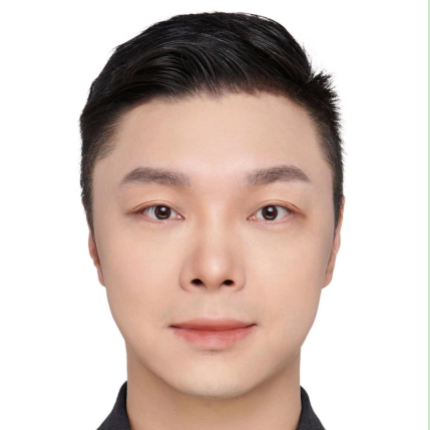
Chen Wentao
Senior Business Director of the Security and Metaverse Department at the Artificial Intelligence Research Center of the China Academy of Information and Communications TechnologyWen Tao Chen is the Senior Business Director of the Security and Metaverse Department at the Artificial Intelligence Research Center of the China Academy of Information and Communications Technology. He is responsible for the research, standard setting, evaluation and testing of AI's inherent safety and derivative safety. With extensive experience in the security field, he has participated in national policy research and studies, leading or participating in the creation of 2 national standards, 4 industry standards, and over 30 group standards or alliance norms related to AI security. His current focus is on promoting benchmark testing for large model security, empowering cyberspace security with large models, and researching the security of biometric recognition systems, exploring solutions for strengthening the security of AI systems and services

Marius Hobbhahn
CEO and Co-founder of Apollo Research.Marius Hobbhahn is the CEO and co-founder of Apollo Research. This is a London-based organization that focuses on model evaluation. Apollo has developed a demo showing how large language models can strategically deceive their main users under pressure, and it was showcased at the UK AI Safety Summit. Both its evaluation and interpretability teams are engaged in technical research, while its governance team focuses on communicating its technical work to governments and other stakeholders

Saad Siddiqui
AI Governance Researcher at Safe AI Forum (SAIF)Saad Siddiqui (司慕恒) is an AI Governance Researcher at Safe AI Forum (SAIF). Before joining SAIF, Saad was a management consultant at Bain & Company and also conducted research at the AI Governance Center, focusing on identifying potential areas of cooperation between the East and West in AI safety and governance. Saad is also currently a member of the AI Governance Program at the Oxford Martin School, University of Oxford. He holds a Master's degree in Global Affairs from Tsinghua University and a Bachelor's degree in Politics and Anthropology from the University of Cambridge
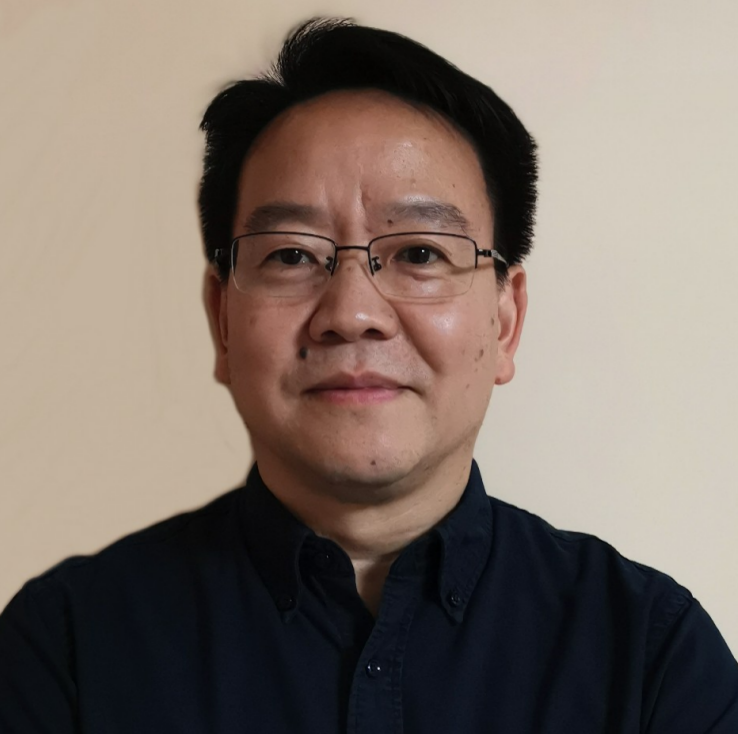
Wu Si
Dean of the School of Psychological and Cognitive Sciences at Peking University, BAAI ScholarProfessor Wu Si's research interest is to use computational modeling methods to quantitatively elucidate the basic principles of brain cognitive functions, and on this basis, to develop brain-like intelligent algorithms
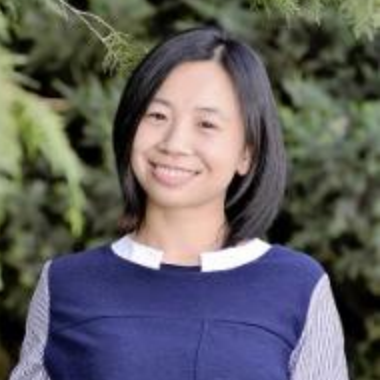
Luo Huan
Researcher at the School of Psychological and Cognitive Sciences at Peking University and the McGovern Institute for Brain Research at Peking UniversityResearcher Luo Huan's interests focus on exploring the cognitive mechanisms of the human brain, including attention, memory, learning, etc., by combining cognitive psychology behavioral paradigms, high temporal resolution brain imaging, and computational modeling. In recent years, her laboratory has been invited to participate in international projects on the mechanisms of consciousness
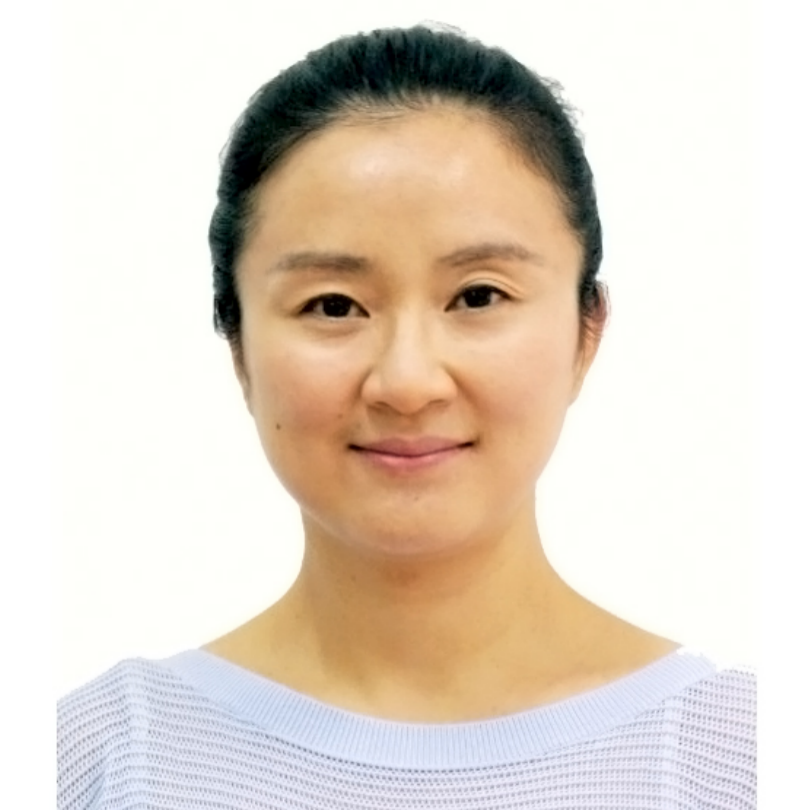
Zhu Lusha
Researcher at the School of Psychological and Cognitive Sciences at Peking University and the McGovern Institute for Brain Research at Peking UniversityResearcher Zhu Lusha is engaged in strategic neuroscience (also known as neuroeconomics) research. Using interdisciplinary research methods, she explores the motivations, inferences, and strategies of human complex decision-making behavior at the level of cognitive algorithms and neural representations
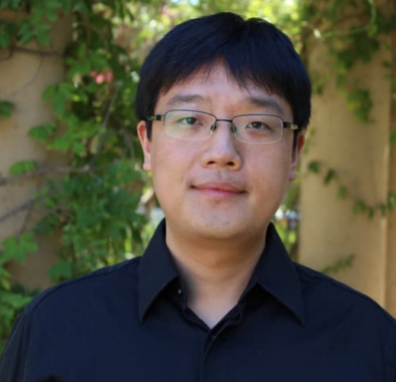
Sui Yanan
Associate Professor at the School of Aerospace at Tsinghua UniversityProfessor Sui Yanan mainly studies the dynamics modeling, control, and reinforcement learning of the neuro-muscular-skeletal system for embodied intelligence and brain-computer interaction
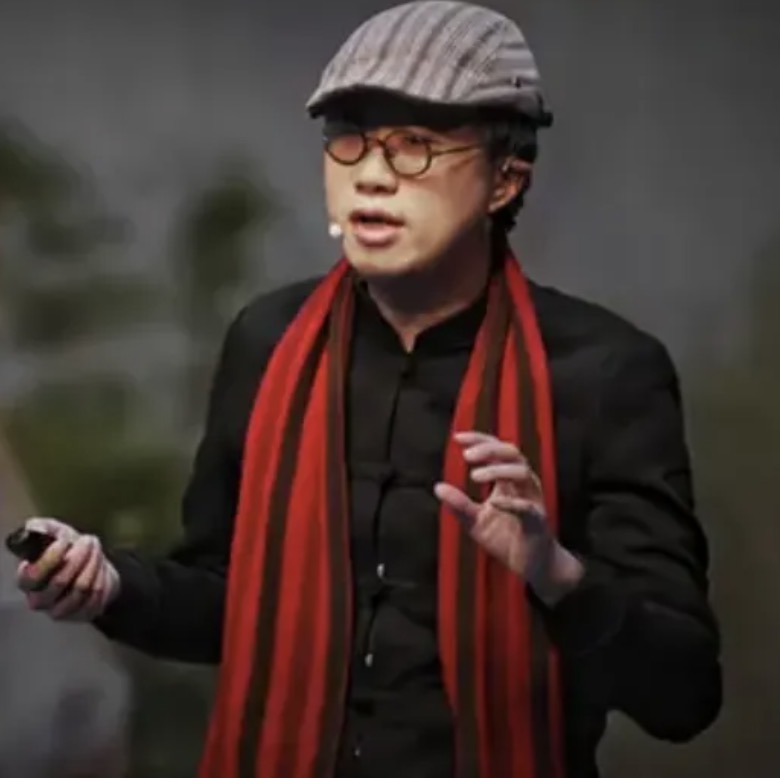
Luo Yihang
Founder of Pinwan/Silicon StarFounder and CEO of Pinwan/Silicon Star, a well-known technology journalist in China, graduated from Tsinghua University, and was the chief writer of 'China Business News Weekly' and the representative in Silicon Valley, San Francisco.
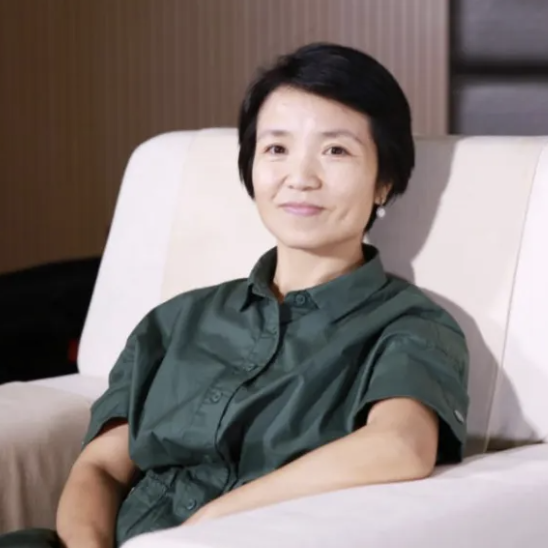
Feng Junlan
IEEE Fellow, Chief Scientist of China Mobile Group, and Vice Chairman of the Artificial Intelligence Committee of the China Internet AssociationDr. Feng Junlan is a national special expert, IEEE Fellow, Chief Scientist of China Mobile Group, General Manager of the Artificial Intelligence and Intelligent Operations Center of China Mobile Research Institute, Joint Leader of the Large Model Special Group of the National Artificial Intelligence Standardization Overall Group, and Vice Chairman of the China Artificial Intelligence Industry Development Alliance. Her main research directions include speech recognition, large models, systematic artificial intelligence, and network intelligence. She has published over a hundred academic papers and has over 60 patents authorized at home and abroad. In 2013, she joined the China Mobile Research Institute, leading the research and development work of China Mobile's artificial intelligence. She led the team to independently develop the "Jiutian" artificial intelligence platform, network intelligent system, multimodal intelligent audit system, and other achievements, which have been selected into the "Central Enterprise Technology Innovation Achievement Recommendation Catalog" of the State-owned Assets Supervision and Administration Commission multiple times. They have also won several awards, including the first and second prizes for scientific and technological progress of the China Communications Society, and the first batch of artificial intelligence unveiling outstanding achievements of the Ministry of Industry and Information Technology. The "Jiutian Natural Language Interaction Large Model" developed by the team she led has become the first large model of a central enterprise to pass the national network information office's large model algorithm and service double filing

Nan Xinsheng
Vice Chairman of the Artificial Intelligence Working Committee of the China Internet Association, and Deputy Secretary-General of the China Communications Standards AssociationNan Xinsheng, Vice Chairman of the Artificial Intelligence Working Committee of the China Internet Association, and Deputy Secretary-General of the China Communications Standards Association. He has served as the General Manager of the Internet and E-commerce Department of China Unicom, the General Manager of the Investment Management Department of China Unicom, and the General Manager of the Liaoning Provincial Branch of China Unicom. He is a professor-level senior engineer and enjoys special government allowances from the State Council
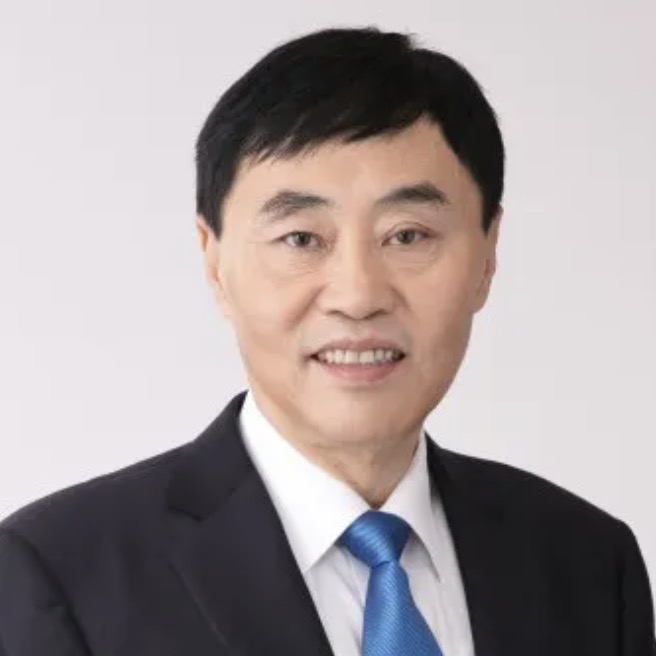
Shang Bing
Chairman of the China Internet AssociationShang Bing, currently serving as the Chairman of the China Internet Association, holds a PhD in Business Administration. He has held various positions including General Manager and Party Group Member of China Unicom; Party Group Secretary and Deputy General Manager of China Telecom Group Company; Deputy Minister and Party Group Member of the Ministry of Industry and Information Technology; Part-time Deputy Director of the National Internet Information Office; Chairman and Party Group Secretary of China Mobile Communications Group Company
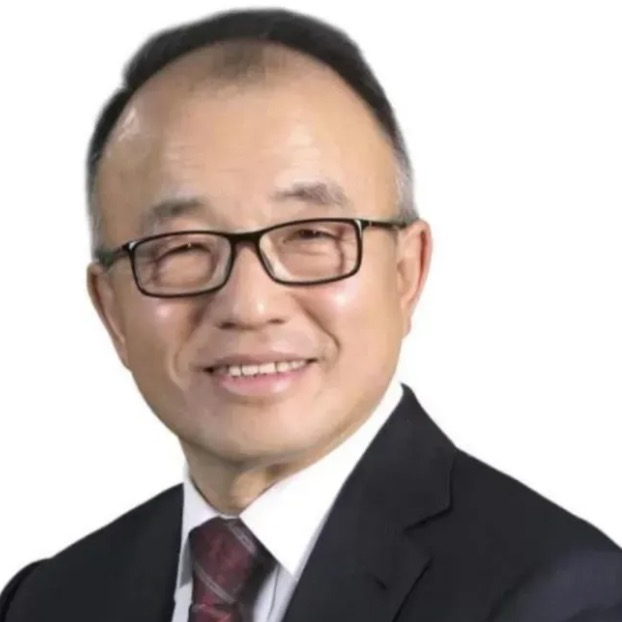
Gao Tongqing
Party Group Member and Deputy General Manager of China Mobile Communications Group Co., LtdGao Tongqing, Deputy General Manager, Party Group Member, Chief Legal Counsel, and Chief Compliance Officer of China Mobile Communications Group Co., Ltd., Director of GSMA (Global System for Mobile Communications Association), Vice Chairman of China Communications Society, Vice Chairman of the Information and Communication Economic Expert Committee of the Ministry of Industry and Information Technology, and Director of China Mobile Technology Advisory Committee. He holds a PhD in Management, is a State Council Special Allowance Expert, a Professor-level Senior Engineer, and a recipient of the National May 1st Labor Medal. He is a representative of the 10th National People's Congress. He has served as Executive Director, Party Group Member, and Deputy General Manager of China Telecom Group Co., Ltd. He has extensive experience and achievements in the fields of technological innovation, information technology, international operations, equity investment, and policy regulation
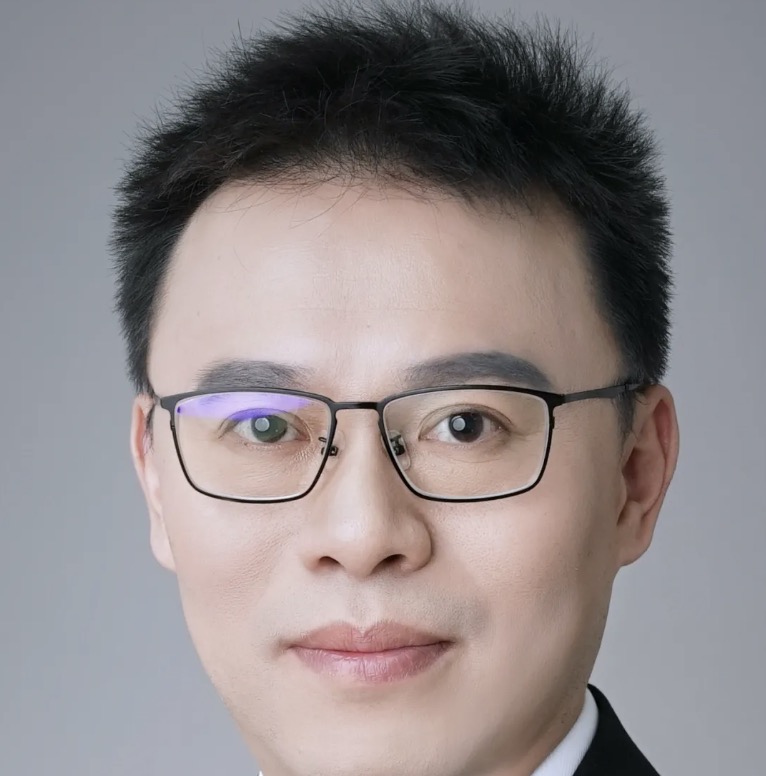
Huang Gang
Vice Dean of the Artificial Intelligence Research Institute of Peking UniversityHuang Gang, Boya Distinguished Professor at Peking University, National Outstanding Young Scientist, Director of the National Key Laboratory of Data Space Technology and Systems, Vice Dean of the Artificial Intelligence Research Institute of Peking University, and Fellow of the China Computer Society. He has long been engaged in the basic research and technology transfer of system software, and has won the 2022 Chen Jiageng Information Technology Science Award, the 2018 National Technology Invention First Prize, the 2012 National Natural Science Second Prize, the 2008 National Technology Invention Second Prize, and other awards
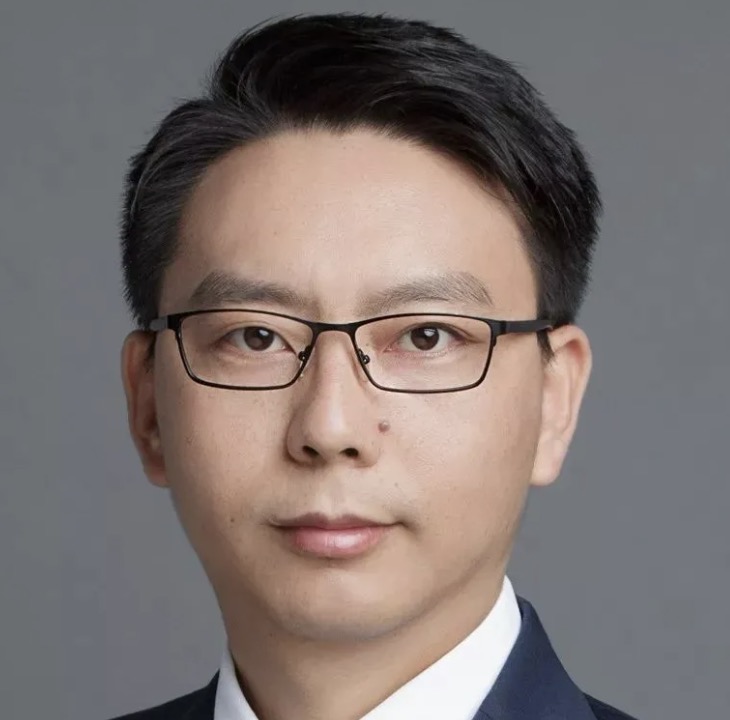
Xiao Yanghua
Professor and Doctoral Supervisor at Fudan UniversityDr. Xiao Yanghua, Professor and Doctoral Supervisor at Fudan University, Director of the Shanghai Key Laboratory of Data Science. He has long been engaged in research on big data and knowledge graphs. He has published over 200 papers in CCF-A and B categories. He has published three academic monographs and textbooks. He has won the ICDE 2024 Most Influential Paper Award and the ACL 2023 Outstanding Paper Award. He serves as the deputy editor or editorial board member of several international journals including Applied Intelligence
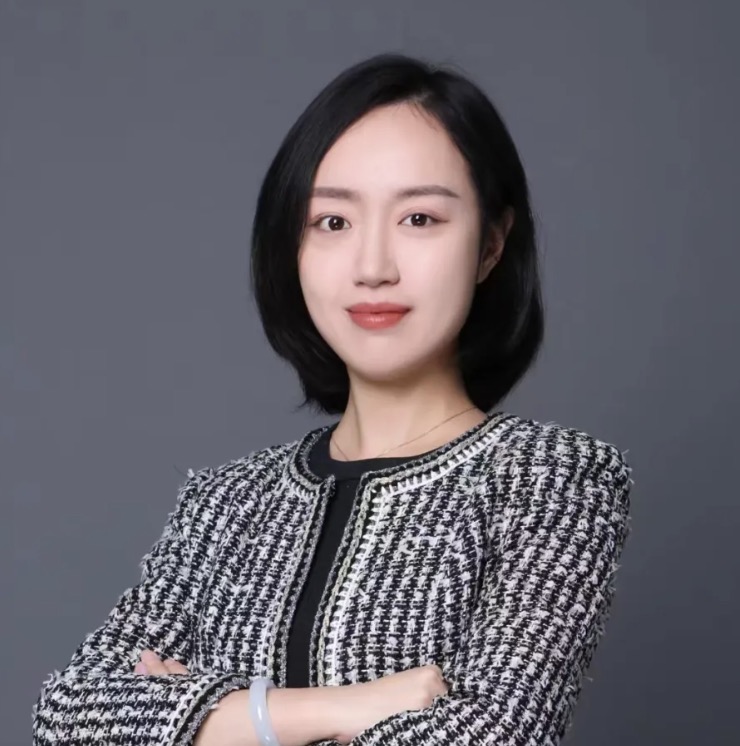
Li Sun
Senior Engineer at the Artificial Intelligence Research Institute of China Information and Communication Research InstituteLi Sun, Senior Engineer at the Artificial Intelligence Research Institute of China Information and Communication Research Institute, Leader of the AI Data Working Group of the Key Laboratory of Artificial Intelligence Key Technology and Application Evaluation of the Ministry of Industry and Information Technology, Director of the Data Committee of the China Artificial Intelligence Industry Development Alliance. His main research directions are trustworthy governance of artificial intelligence data, benchmark evaluation of large models, etc. He has participated in several national ministry projects and projects of the National Development and Reform Commission, the Ministry of Industry and Information Technology, and the Data Bureau. He has led the drafting of several ITU international and industry standards, and has won research awards such as "Excellent Young Paper of the Institute" and "High-level Paper of the Institute". He has applied for and published more than ten academic papers, patents, and software copyrights
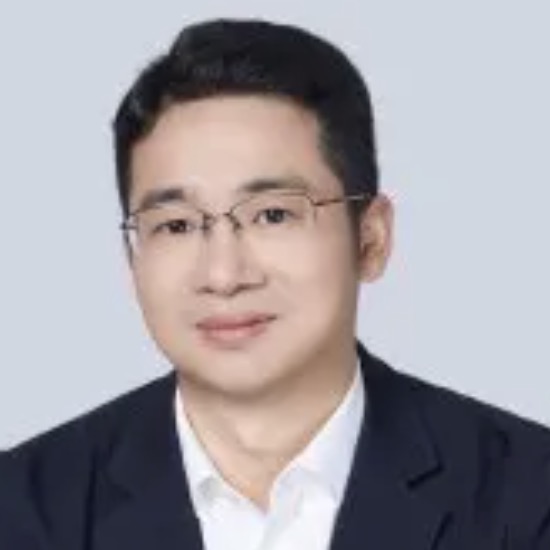
Feng Jin
Vice President of China Electronics Cloud, General Manager of Data Product LineFeng Jin, currently the Vice President of China Electronics Cloud and General Manager of the Data Product Line, is also a big data expert consultant at Hunan Tax School and an expert consultant for the Government Affairs Working Group of the China Communications Standards Association. With 20 years of experience in government informatization and big data project management, he is a domestic expert in digital government and big data for digital cities
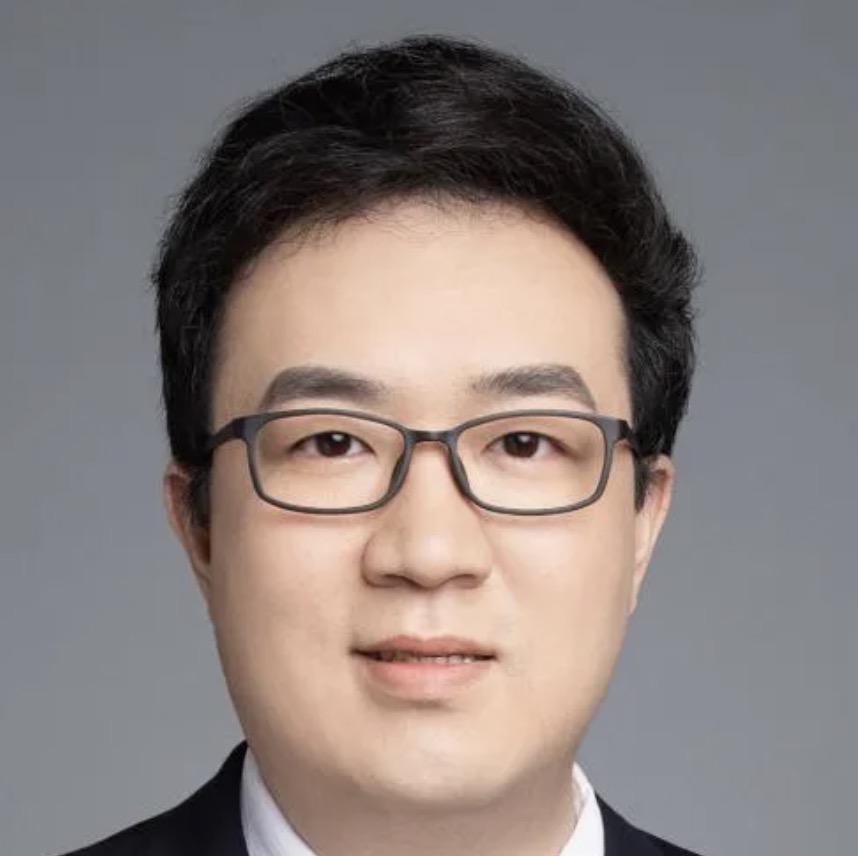
Chen Bin
Senior Manager of the Big Data Management Department of the Digitalization Division, Southern Power Grid
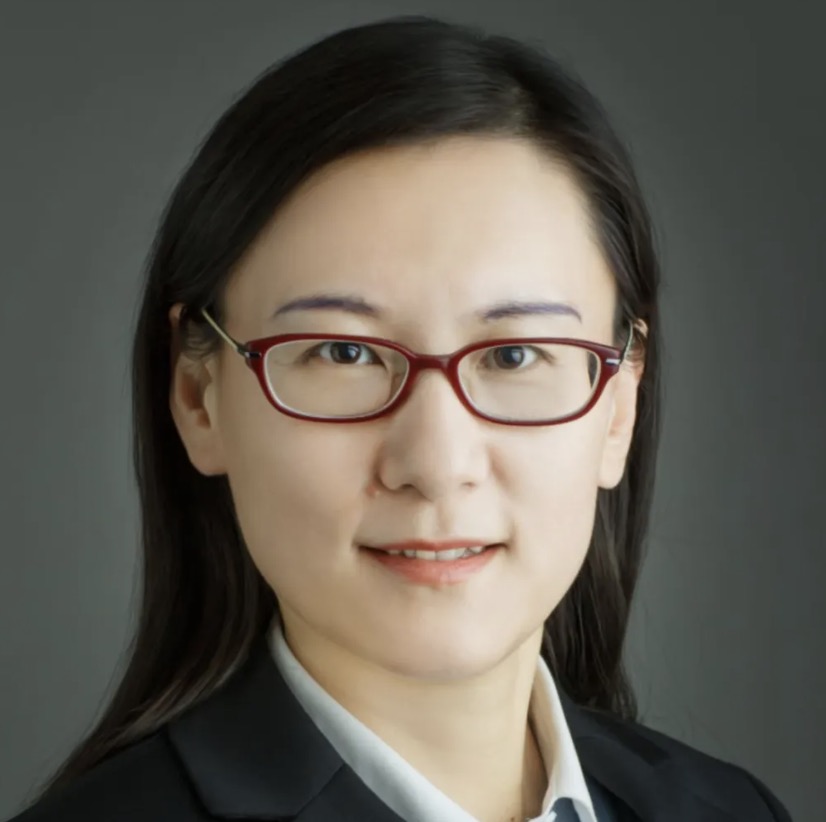
Zhao Yuxia
Deputy General Manager of the Capital Operation and Innovation Business Department, China Aviation Information
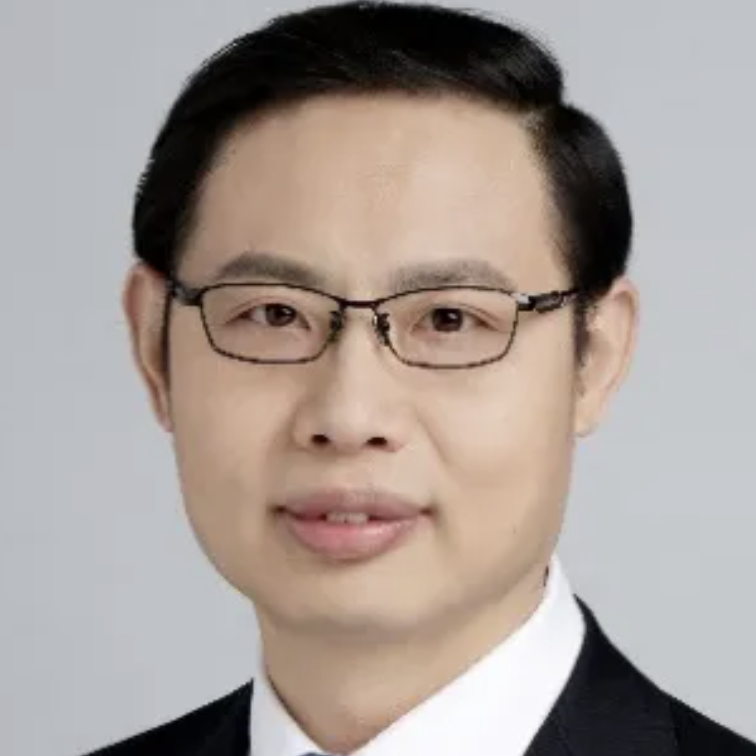
Peng Jun
Vice President of Gridsum Technology, Special Invited Director of Zhongguancun High-tech Enterprises Association
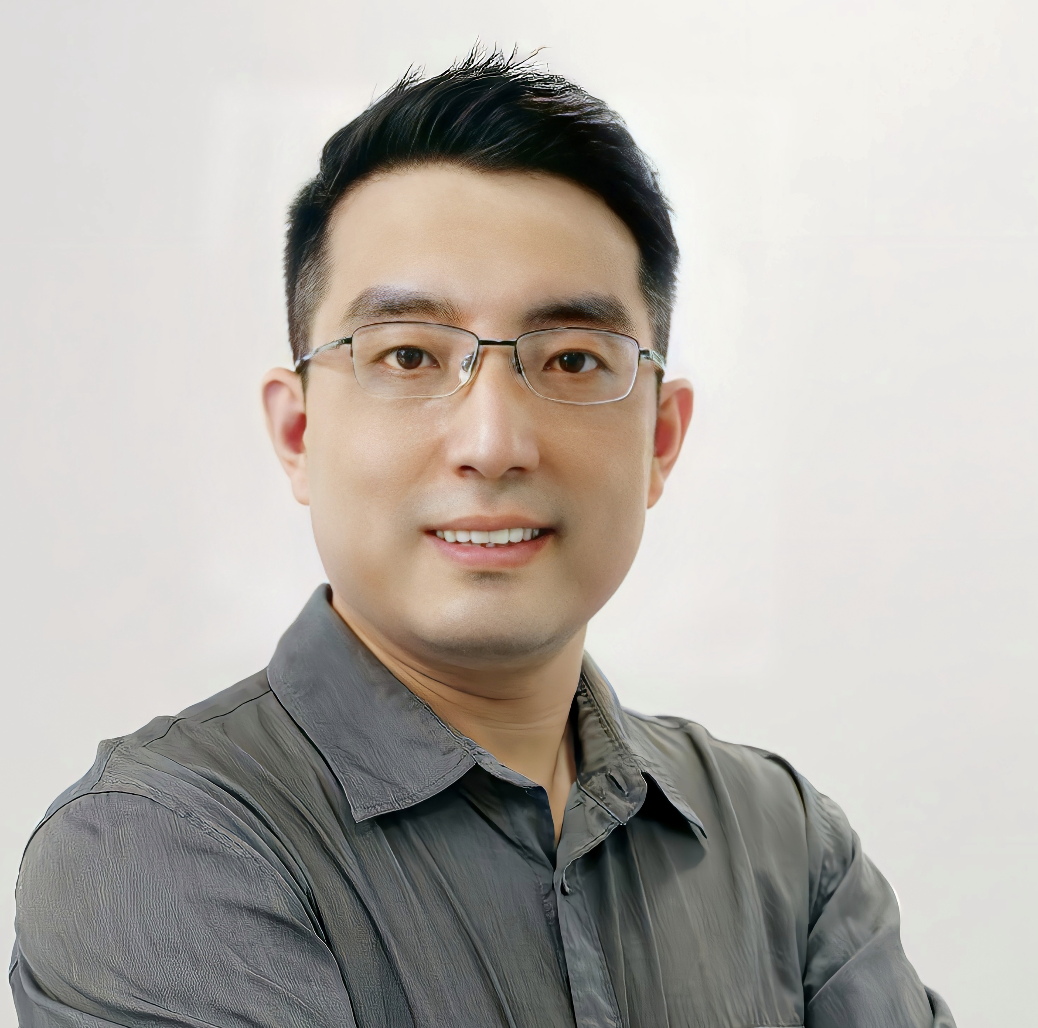
Wang Changhu
Founder/CEO of Aishi TechnologyDeeply cultivate the fields of computer vision and artificial intelligence for 20 years. He used to be the head of ByteDance vision technology, supporting the construction and development of national level video products such as Tiktok and TikTok from 0 to 1. He once served as the research director of Microsoft Research Asia, published nearly 100 international top conferences and journal articles, and owned hundreds of patents
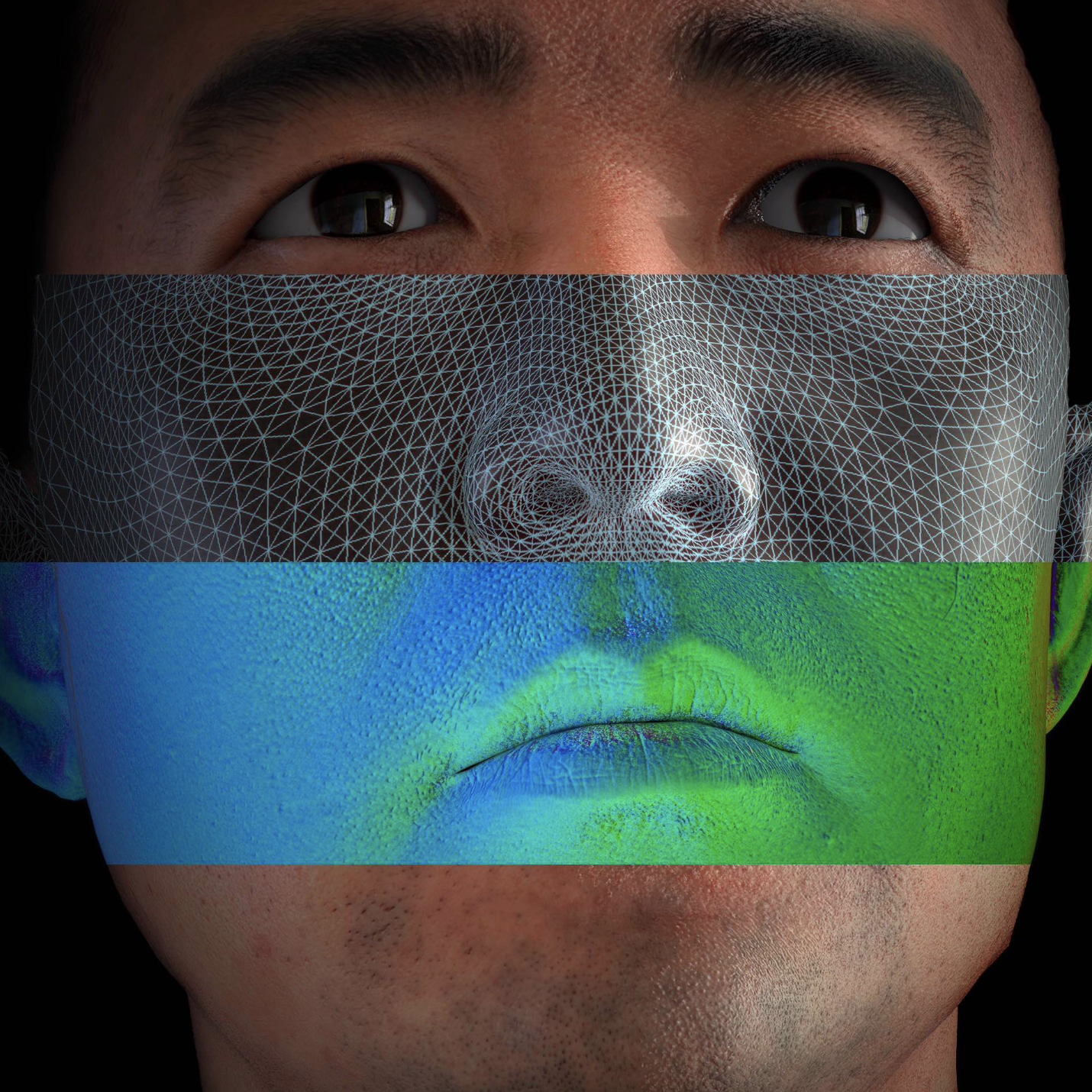
Wan Pengfei
Head of Kuaishou's Visual Generation and Interaction CenterDr. Wan Pengfei, head of Kuaishou's Visual Generation and Interaction Center. He has long been committed to providing intelligent content creation and multimodal interaction solutions for various business lines of the company through the intersection of computer vision, graphics, machine learning, and human-computer interaction. He led the team to develop the Kuaishou video generation large model "Kling" and the digital human series solutions (Guan Xiaofang IP, Kuaishou Zhibo platform, etc.) from scratch, and promoted the intelligent upgrade of Kuaishou's special effects and portrait beautification technology. His focused technical directions include image/video/3D AIGC, XR and digital humans, etc. He once served as the head of Meitu Imaging Research Institute
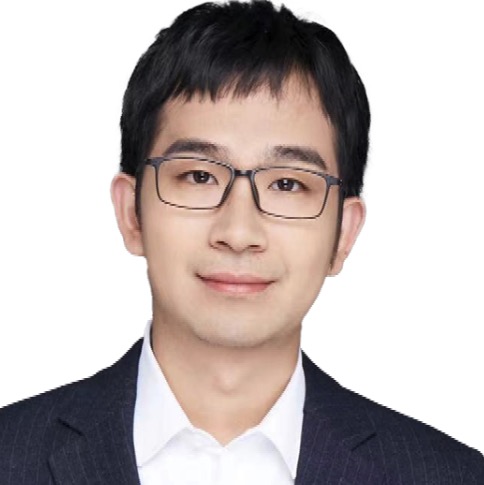
Xie Jian
Co-founder of Baichuan IntelligenceCo-founder of Baichuan Intelligence. He holds a Ph.D. in Innovation Leadership Engineering from Tsinghua University and was one of the youngest to be promoted to the position of Director of R&D Architect within Baidu Group. He is a member of Baidu Group's Technical Committee and has been involved in Baidu's core businesses such as Phoenix Nest Advertising, Search, and Intelligent Assistant. He has over 10 years of experience in algorithm development and management in the fields of natural language processing, search, computational advertising, dialogue systems, and pre-training language models. He holds 35+ patents domestically and internationally, and has published numerous papers at top AI conferences such as AAAI/EMNLP/ICDM/ACL. As the AI leader, he led the development of the most widely used artificial intelligence assistant, and the related technology has won the DSTC10 (Global Multi-round Dialogue Competition) World Championship, the EMNLP 2022 SereTOD (Dialogue Competition) World Runner-up, and the 2022 Wu Wenjun Artificial Intelligence Award Grand Prize

Dr. Stefano V. Albrecht
Albrecht is Associate Professor in Artificial Intelligence in the School of Informatics, University of EdinburghDr. Stefano V. Albrecht is Associate Professor in Artificial Intelligence in the School of Informatics, University of Edinburgh. He leads the Autonomous Agents Research Group (https://agents.inf.ed.ac.uk) which specialises in developing machine learning algorithms for autonomous systems control and decision making, with a particular focus on reinforcement learning and multi-agent interaction. In his roles as Royal Academy of Engineering and Royal Society Industrial Fellow, he actively develops industry applications in the areas of multi-robot warehouses with Dematic/KION, and autonomous driving with Five AI which completed one of the most extensive urban road trials of autonomous driving in London before being acquired by Bosch in 2022. Dr. Albrecht is affiliated with the Alan Turing Institute where he leads the Multi-Agent Systems theme. In 2022, he was nominated for the IJCAI Computers and Thought Award based on his research which introduced Stochastic Bayesian Games and optimal solution algorithms, which have since been applied in a range of domains. Previously, Dr. Albrecht was a postdoctoral fellow at the University of Texas at Austin working with Prof. Peter Stone. He obtained PhD and MSc degrees in Artificial Intelligence from the University of Edinburgh, and a BSc degree in Computer Science from Technical University of Darmstadt. He is co-author of the new MIT Press textbook "Multi-Agent Reinforcement Learning: Foundations and Modern Approaches" which is freely available at www.marl-book.com.

Justin Mclean
Apache软件基金会Vice President,董事,Incubator项目负责人,Datastrato社区总监Justin Mclean is a highly experienced professional with over 30 years in web application development, education, and community work, and is an active contributor to open source software. Justin is a renowned speaker at conferences worldwide and serves as the Community Manager at Datastrato. He mentors projects in the Apache Software Foundation, holds the position of VP ASF Incubator, and is a current ASF board member.
